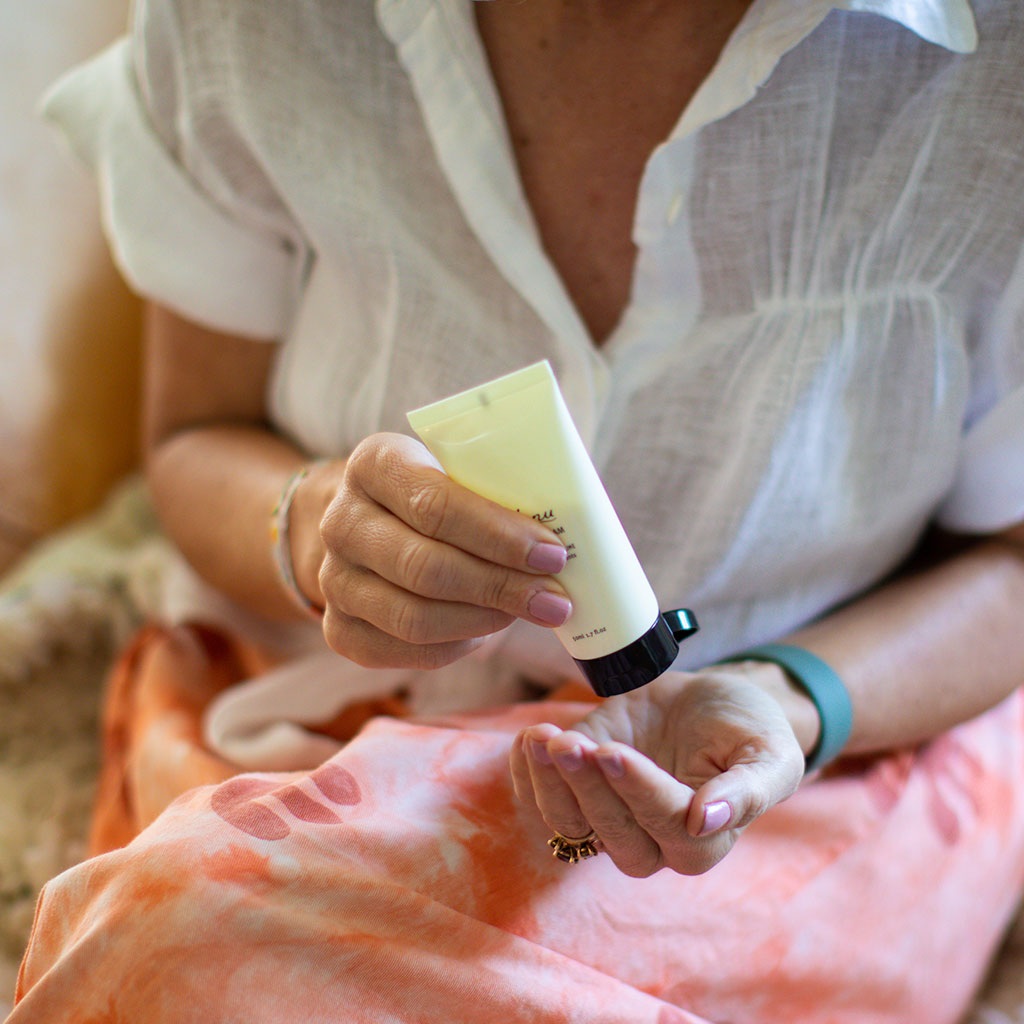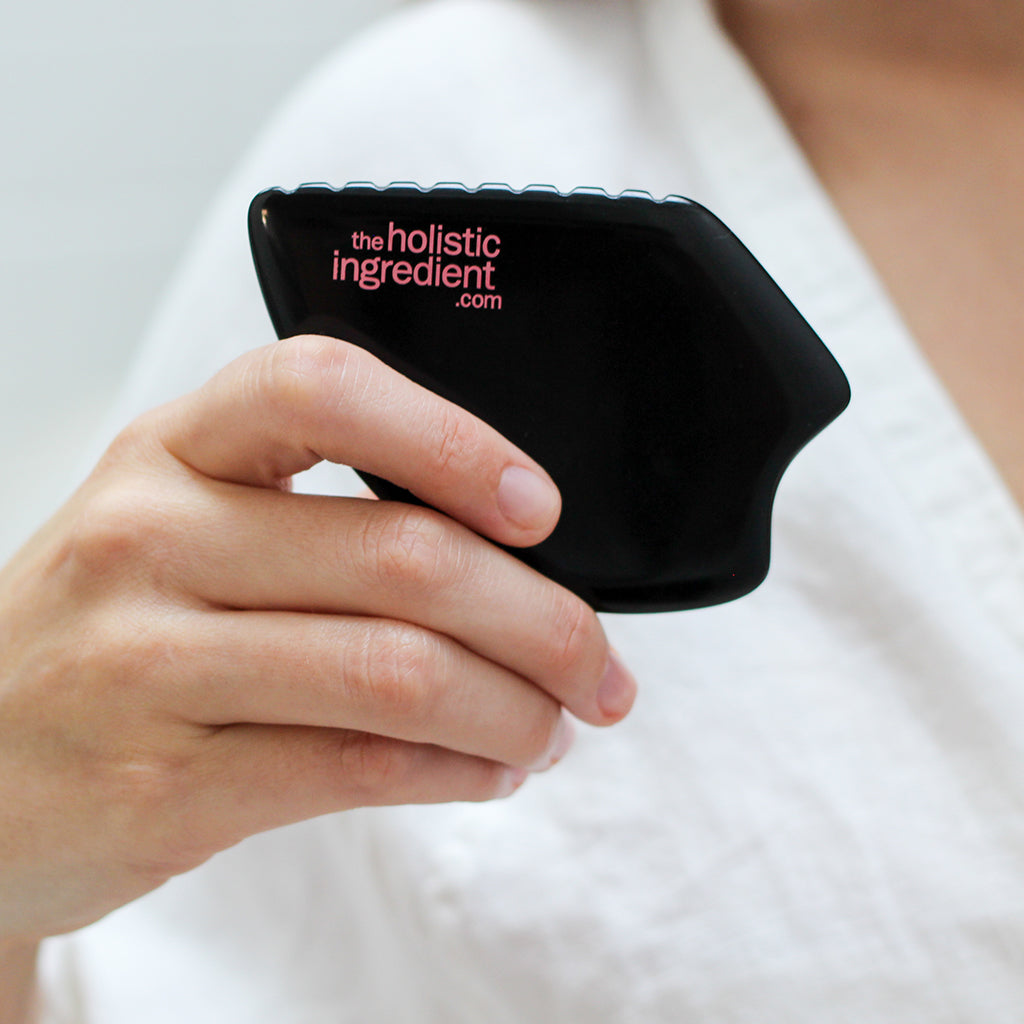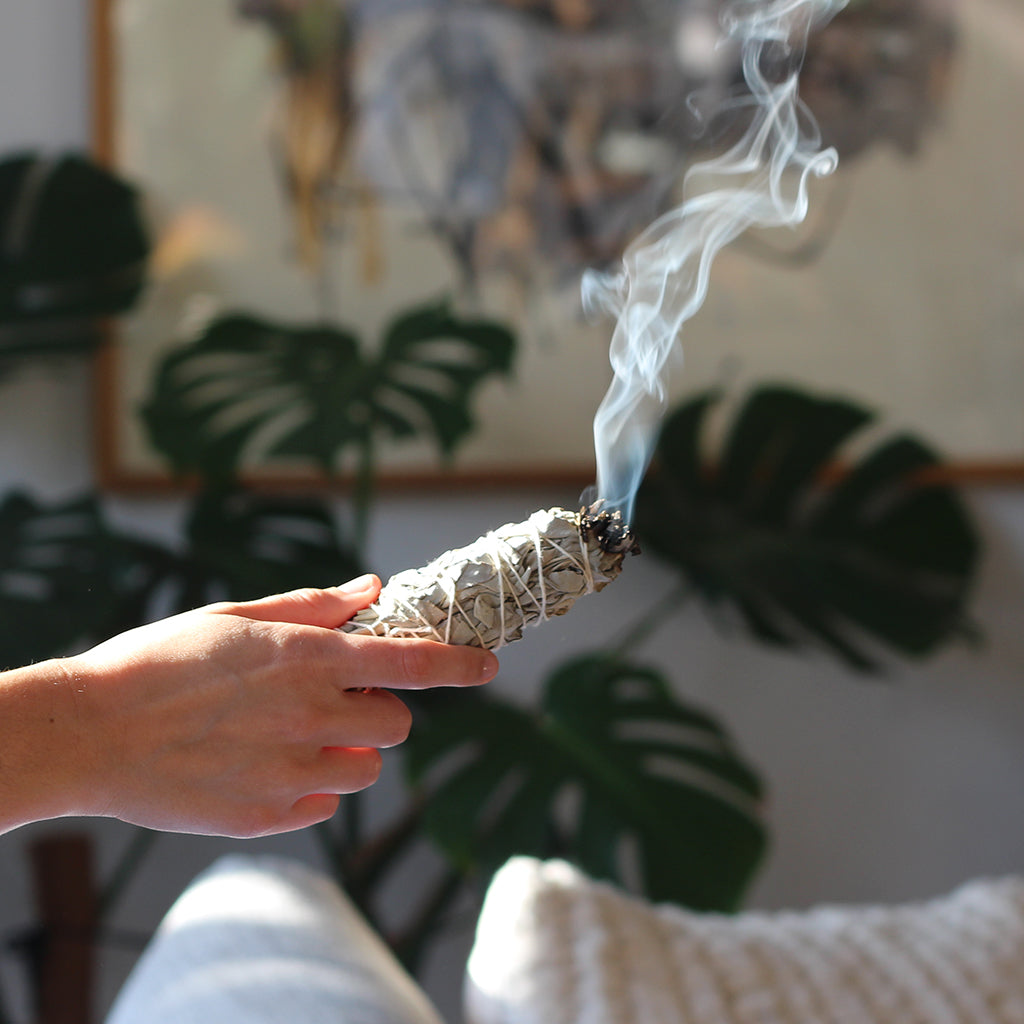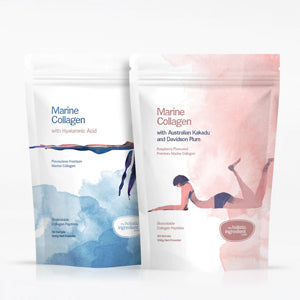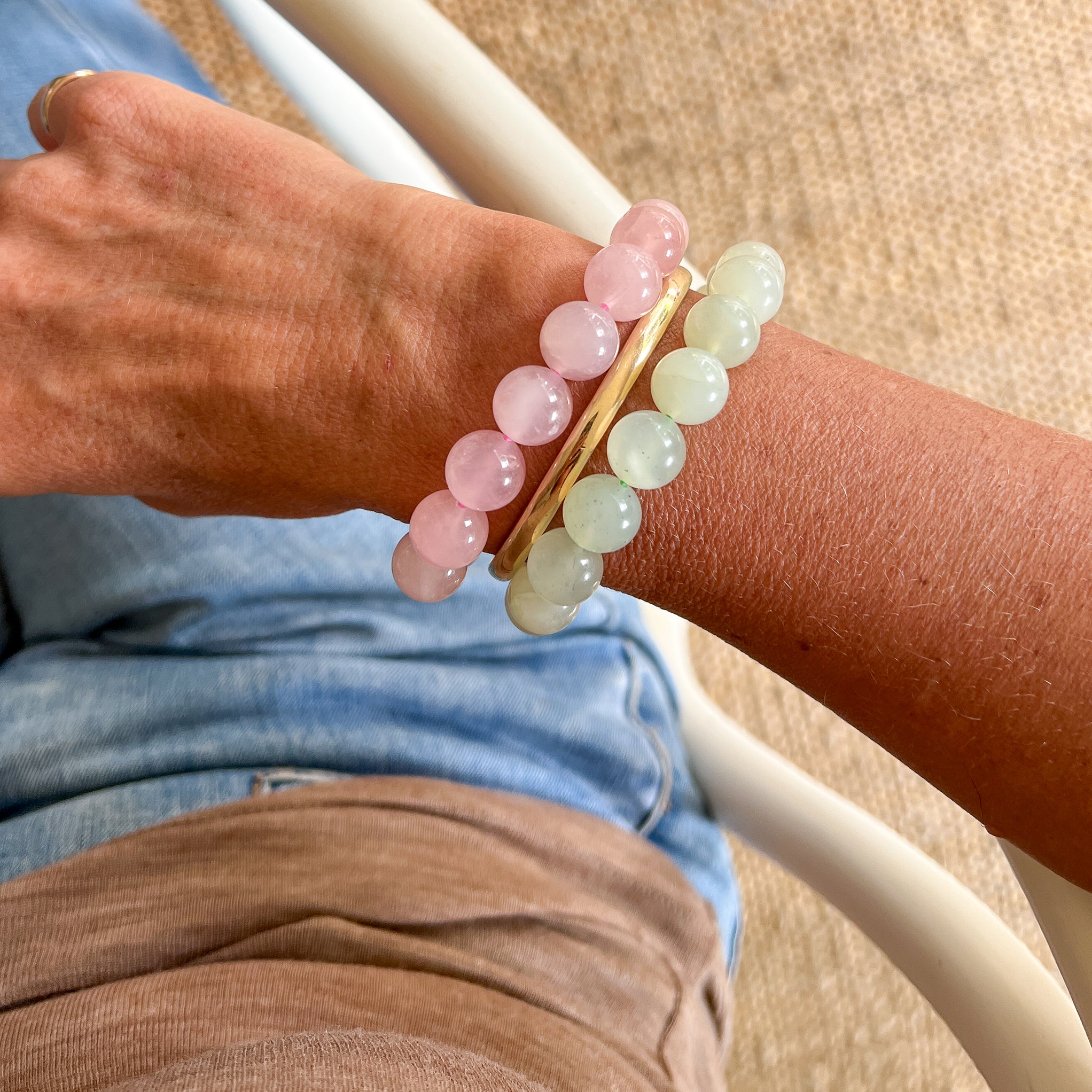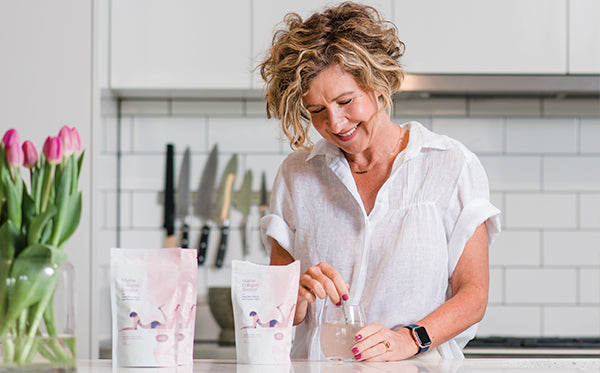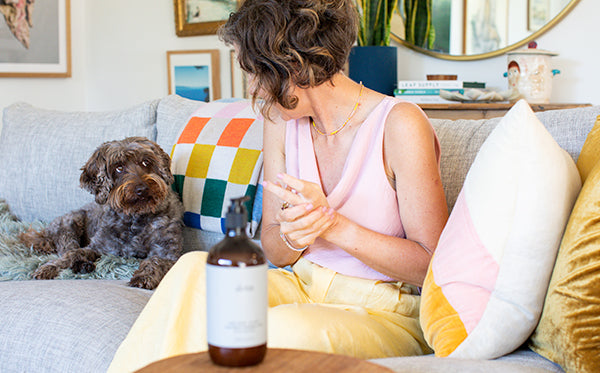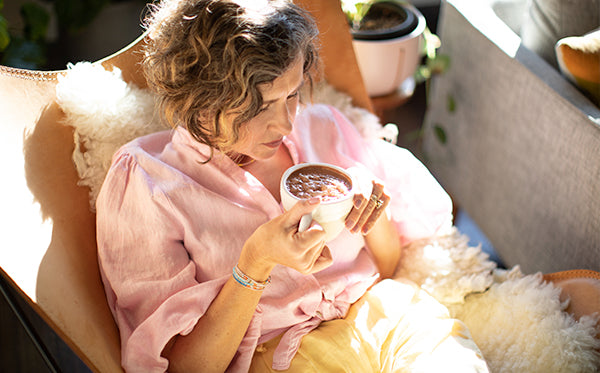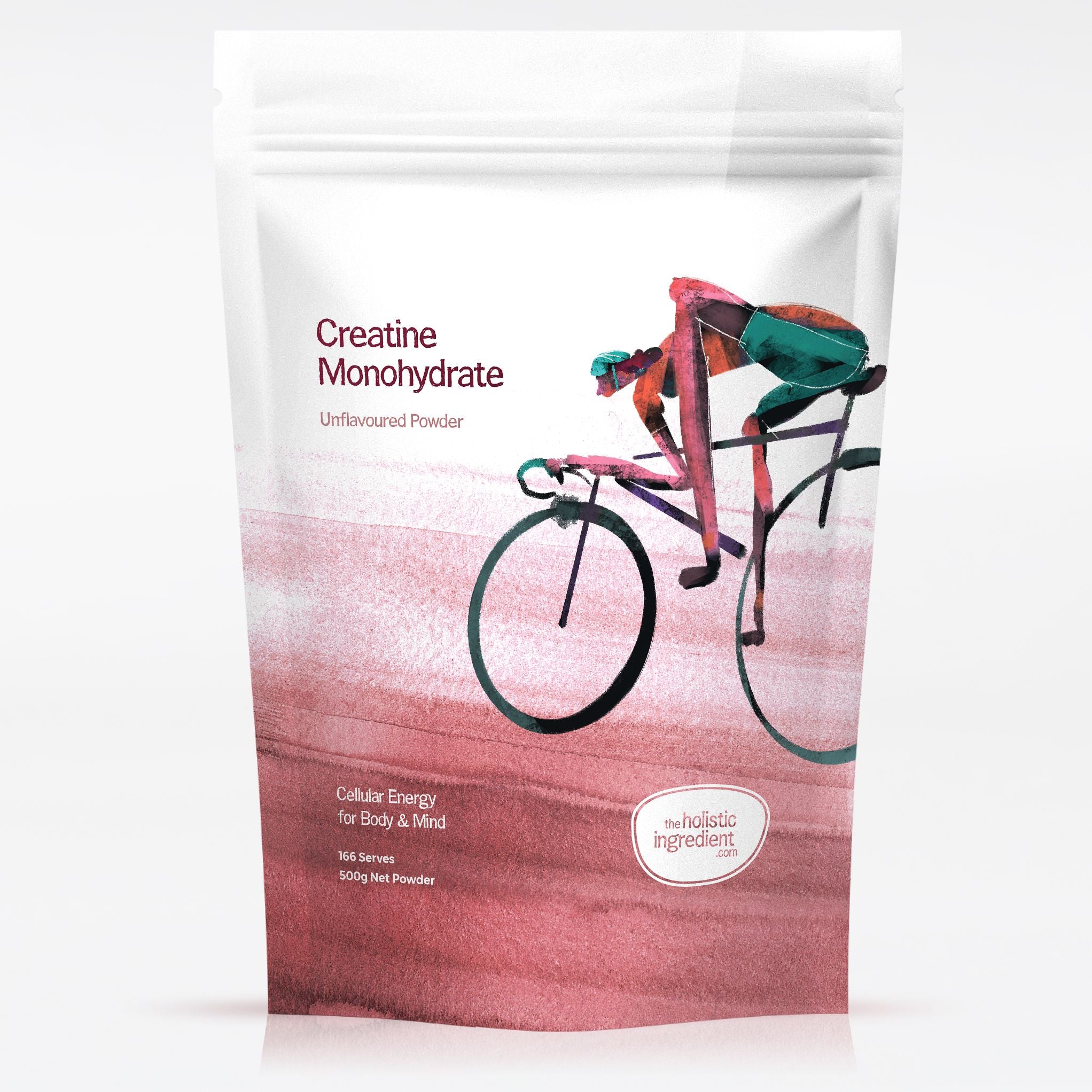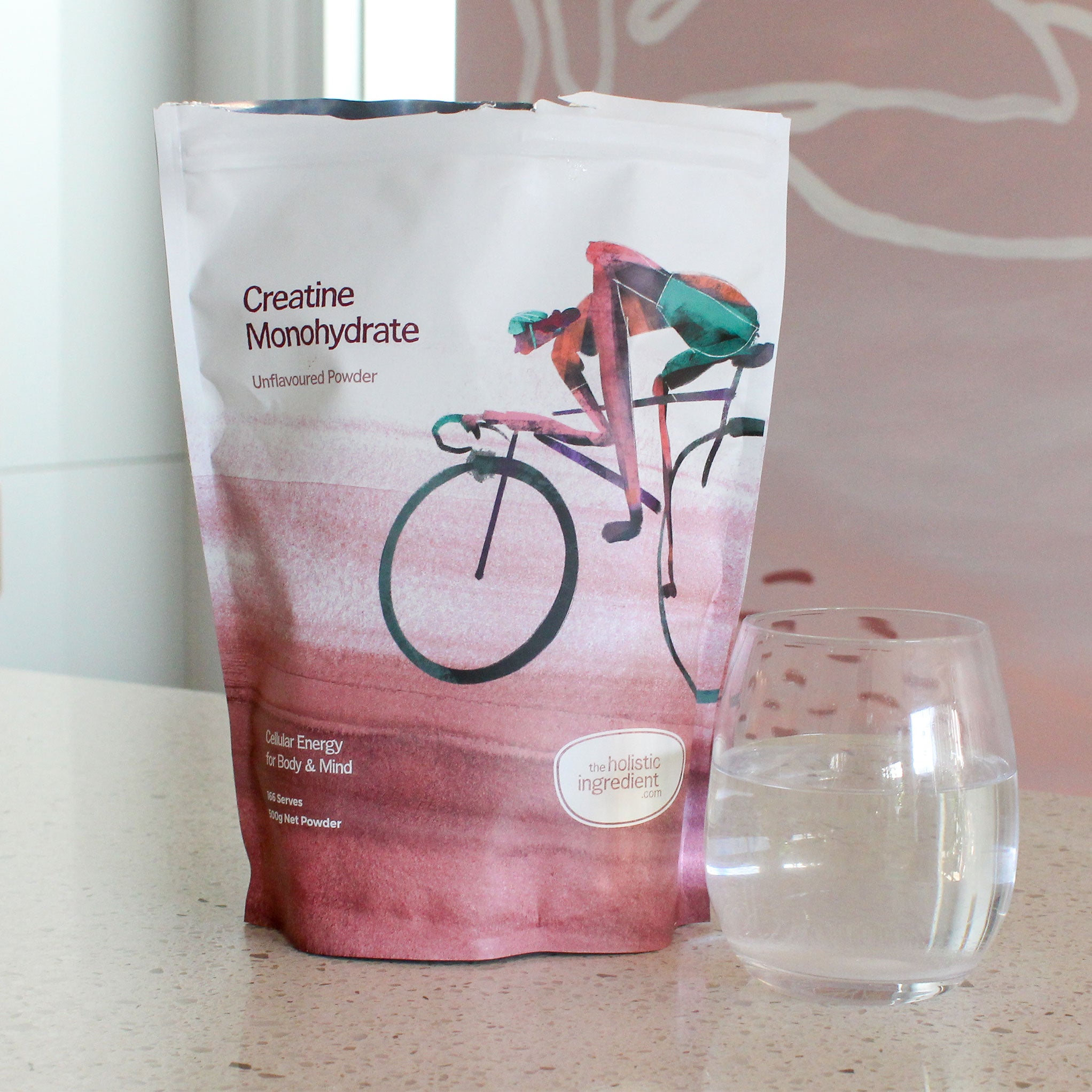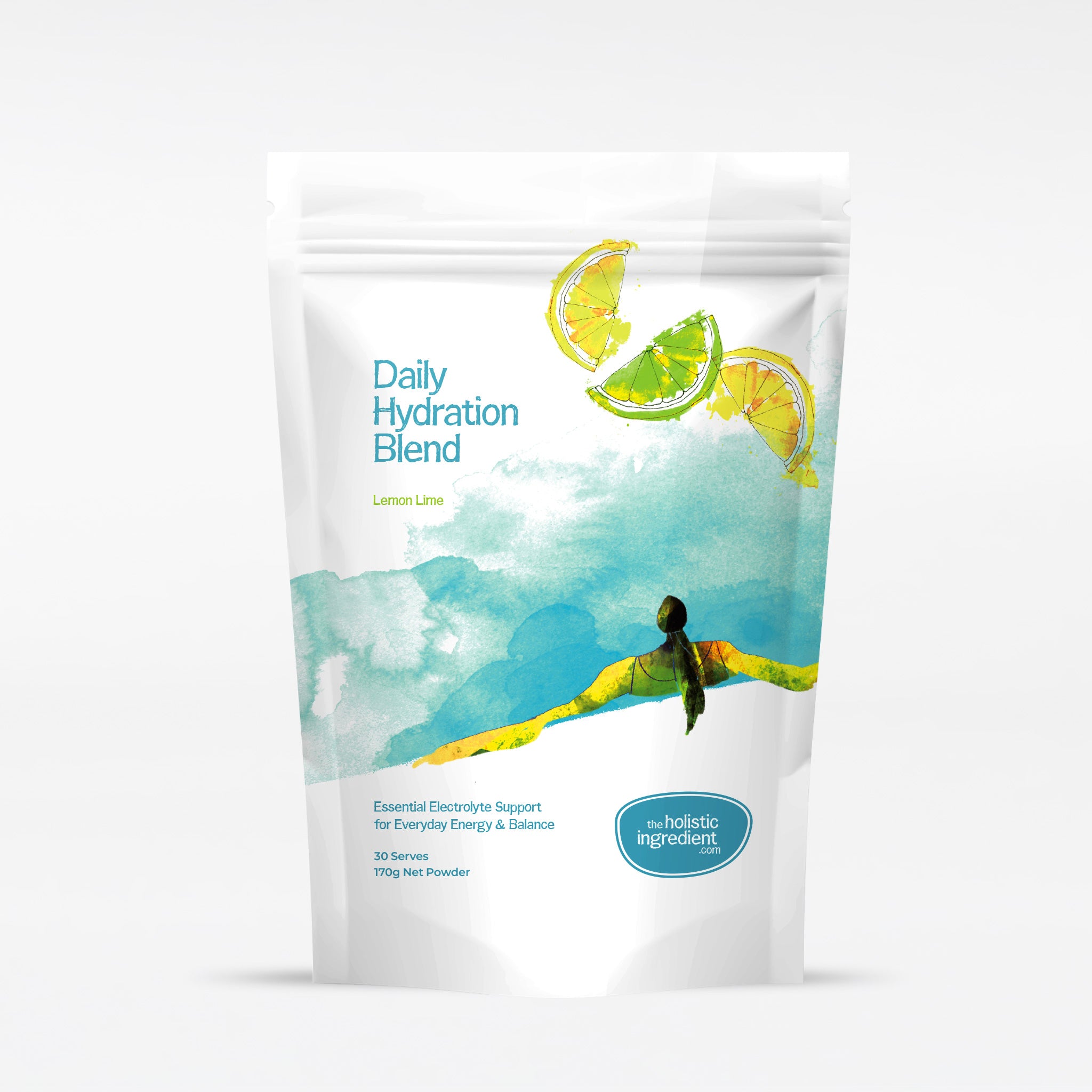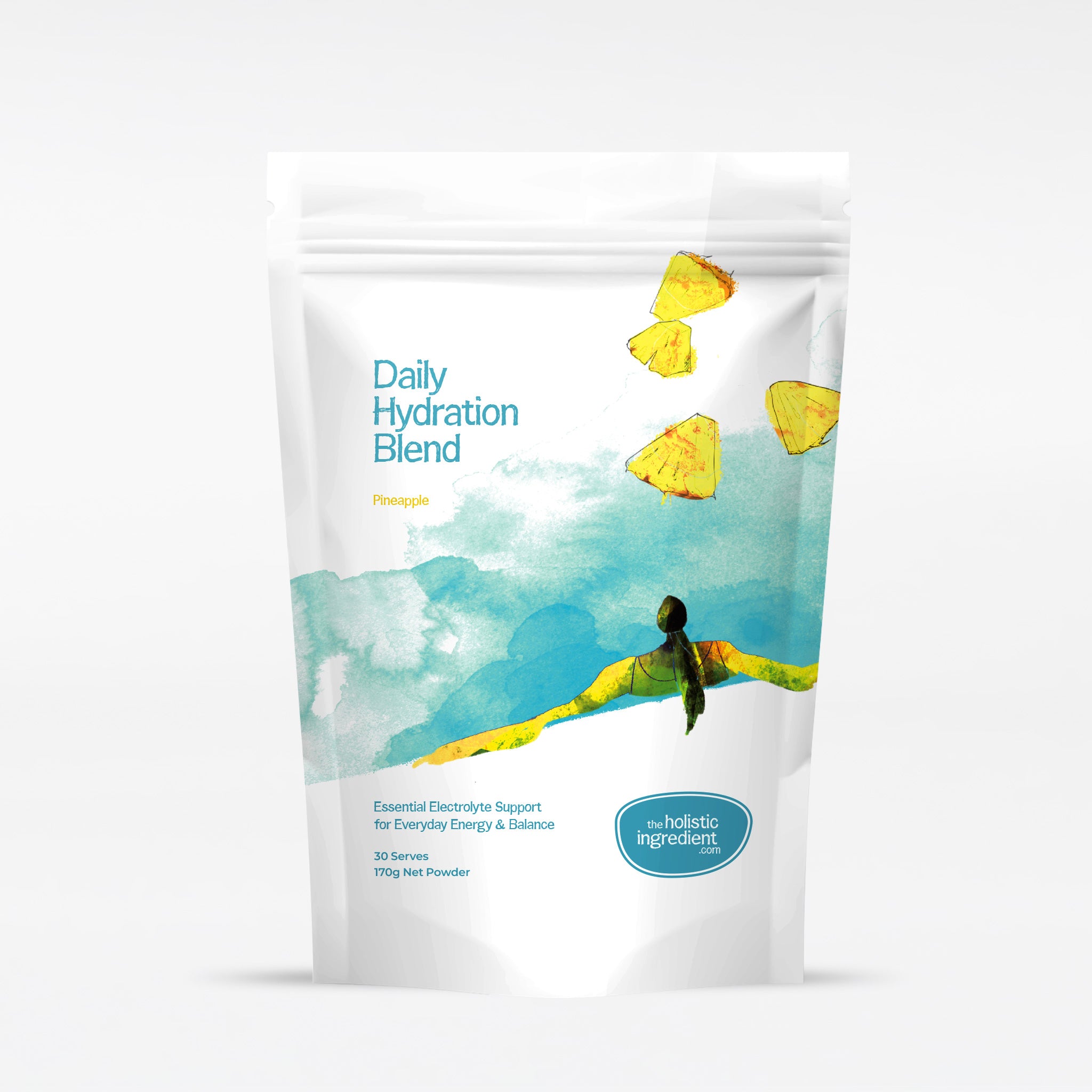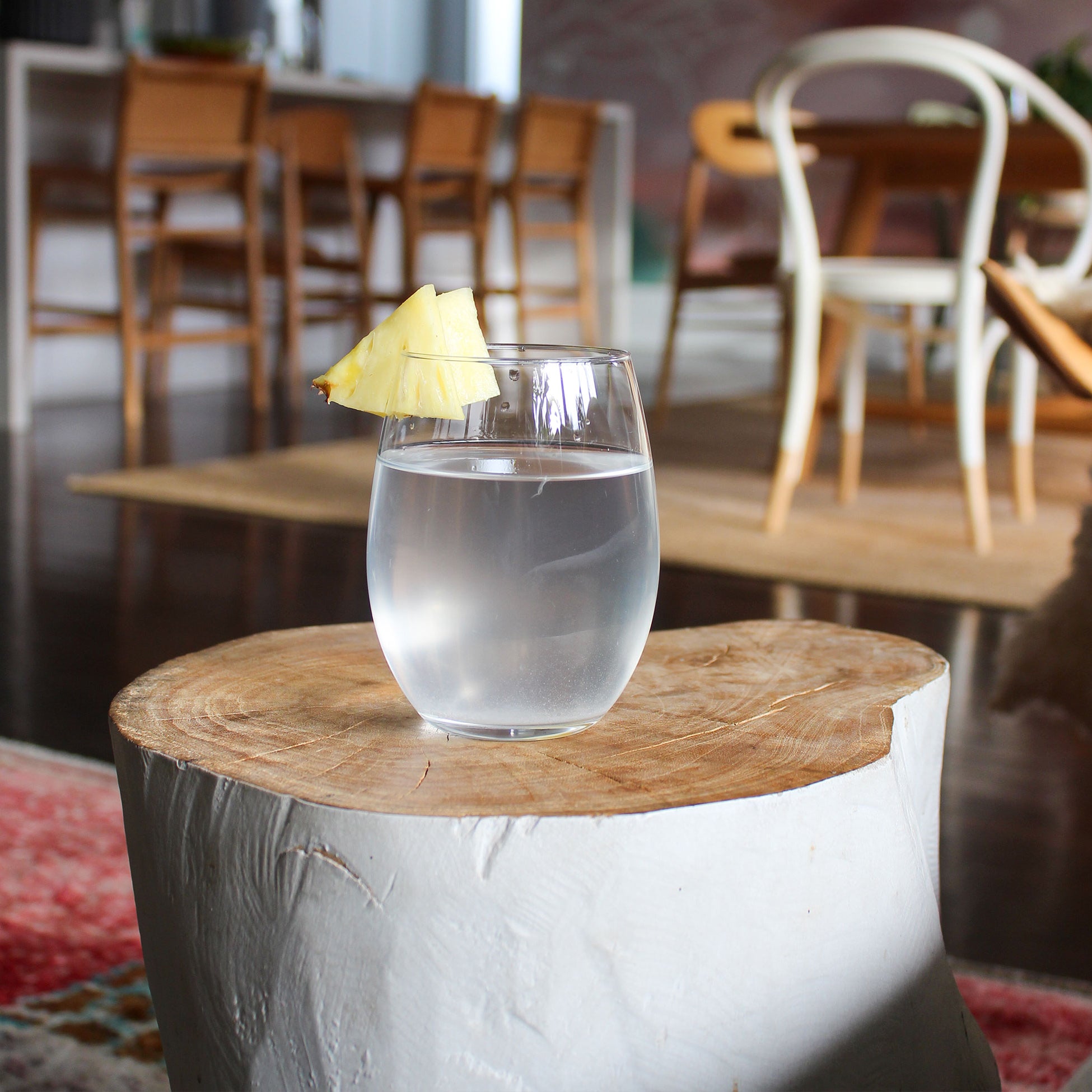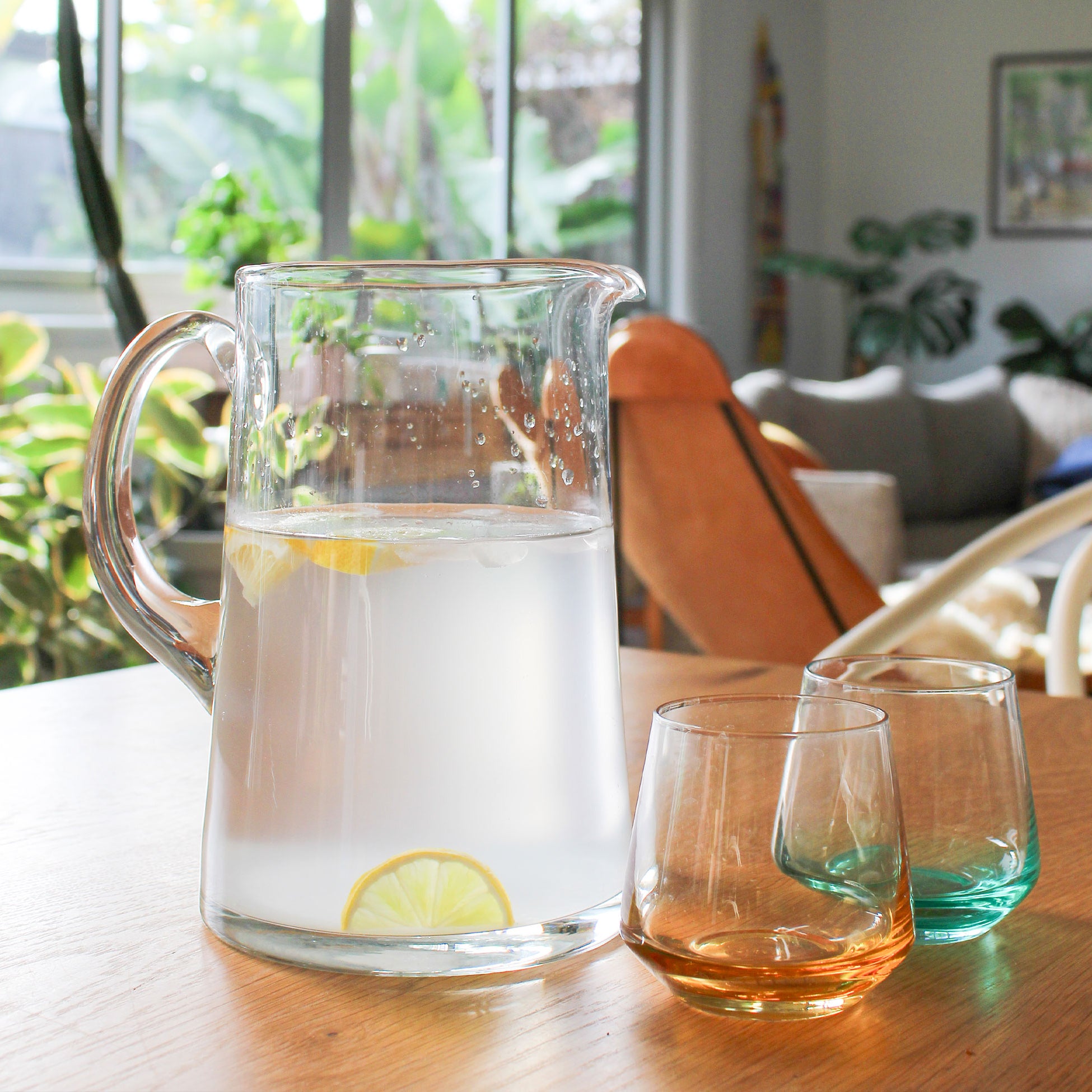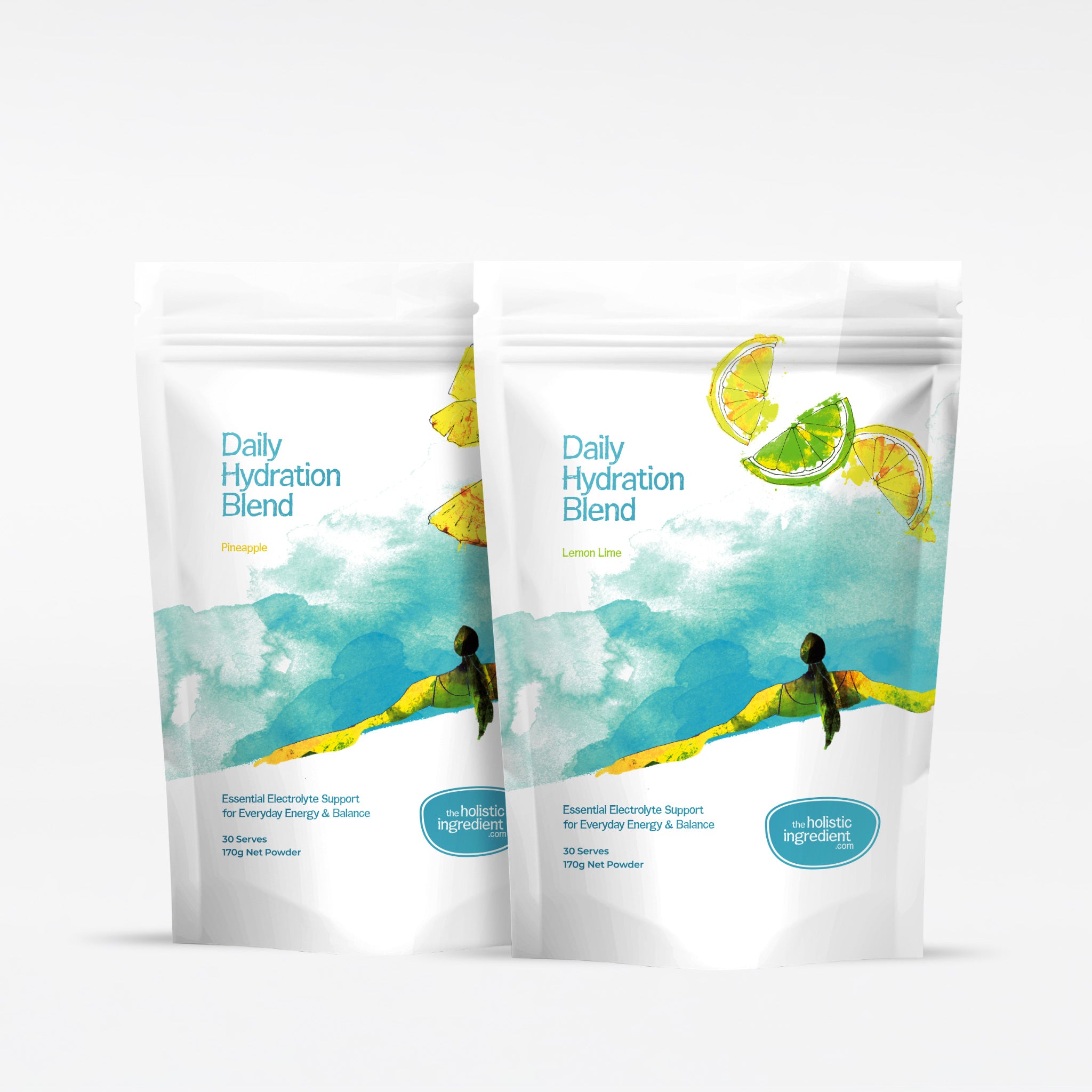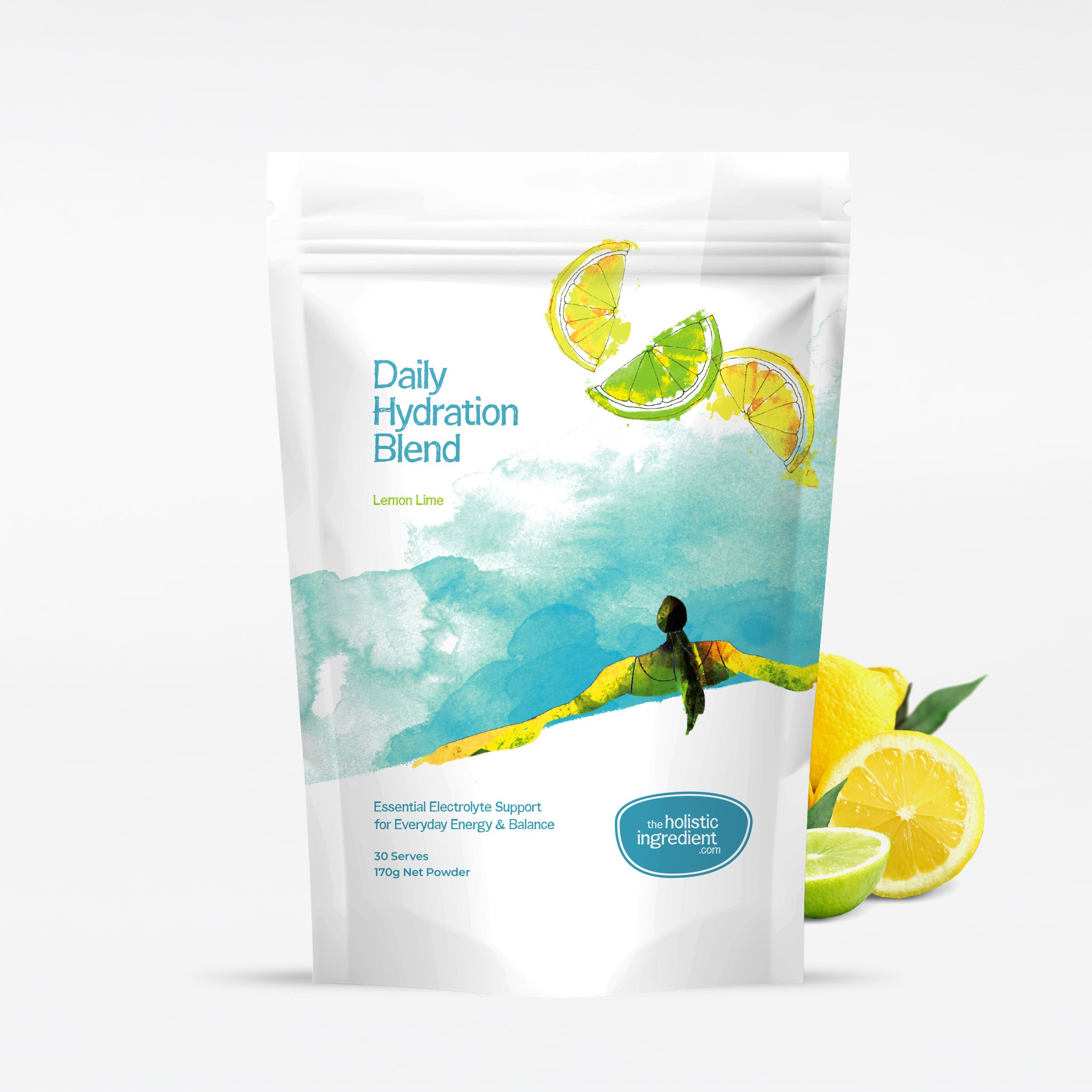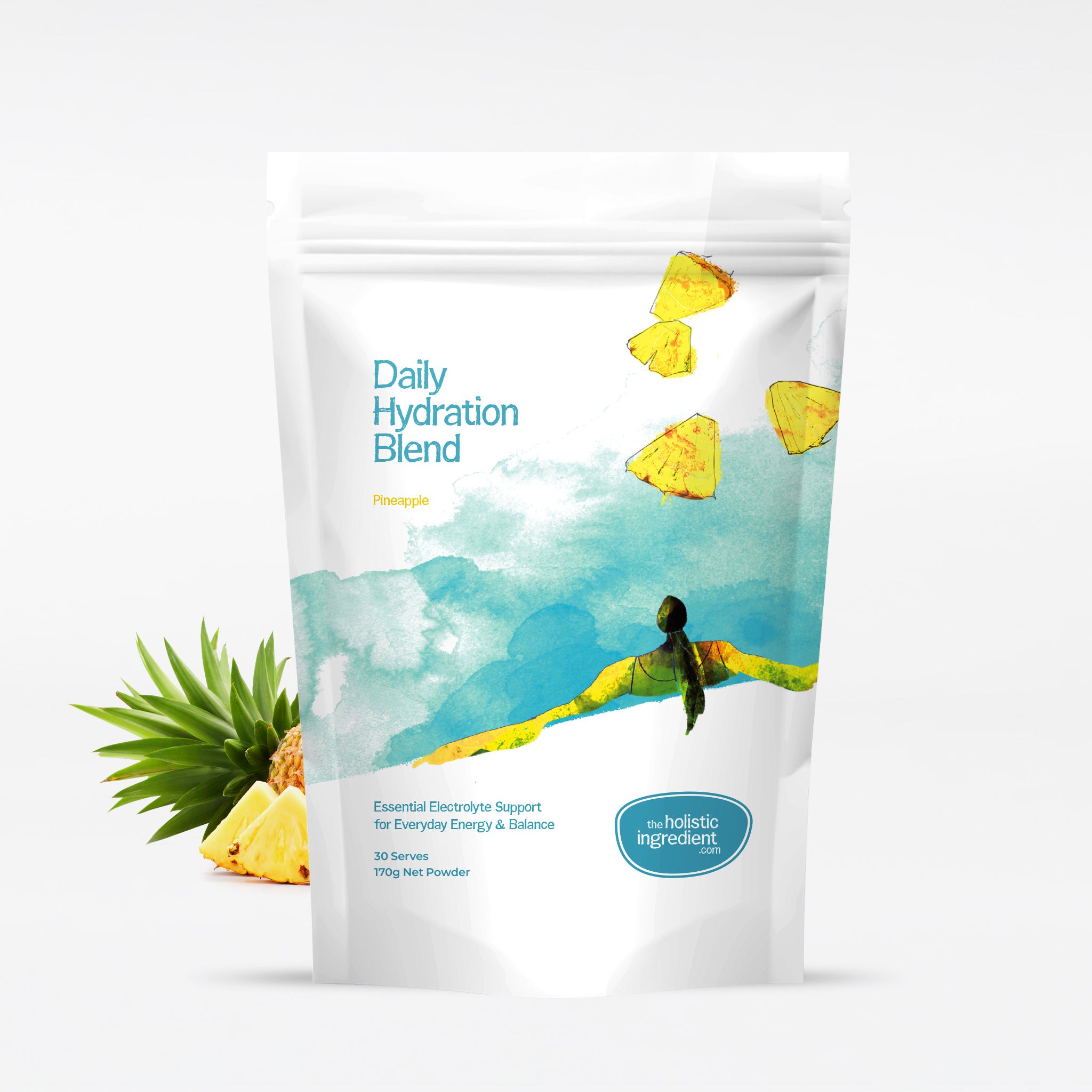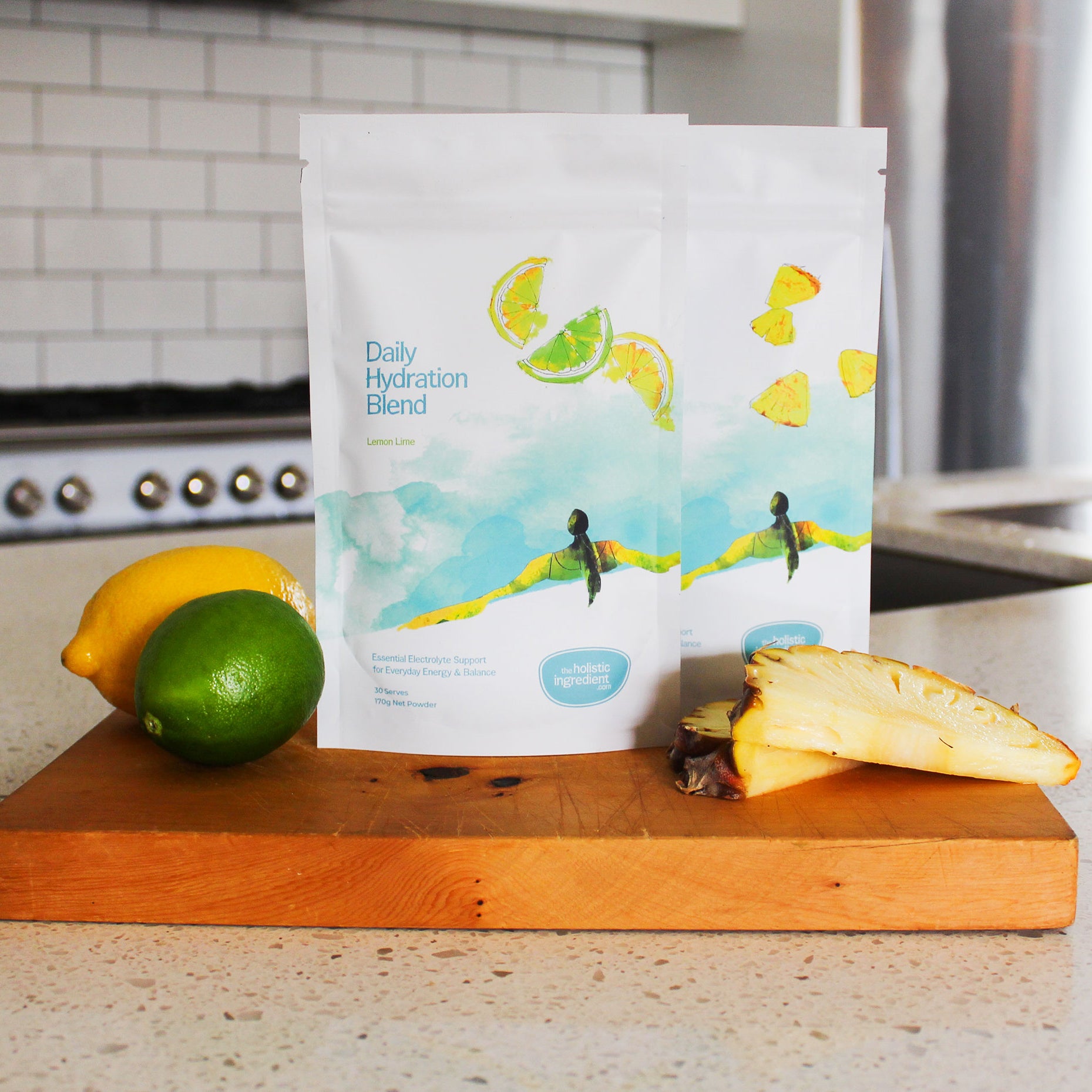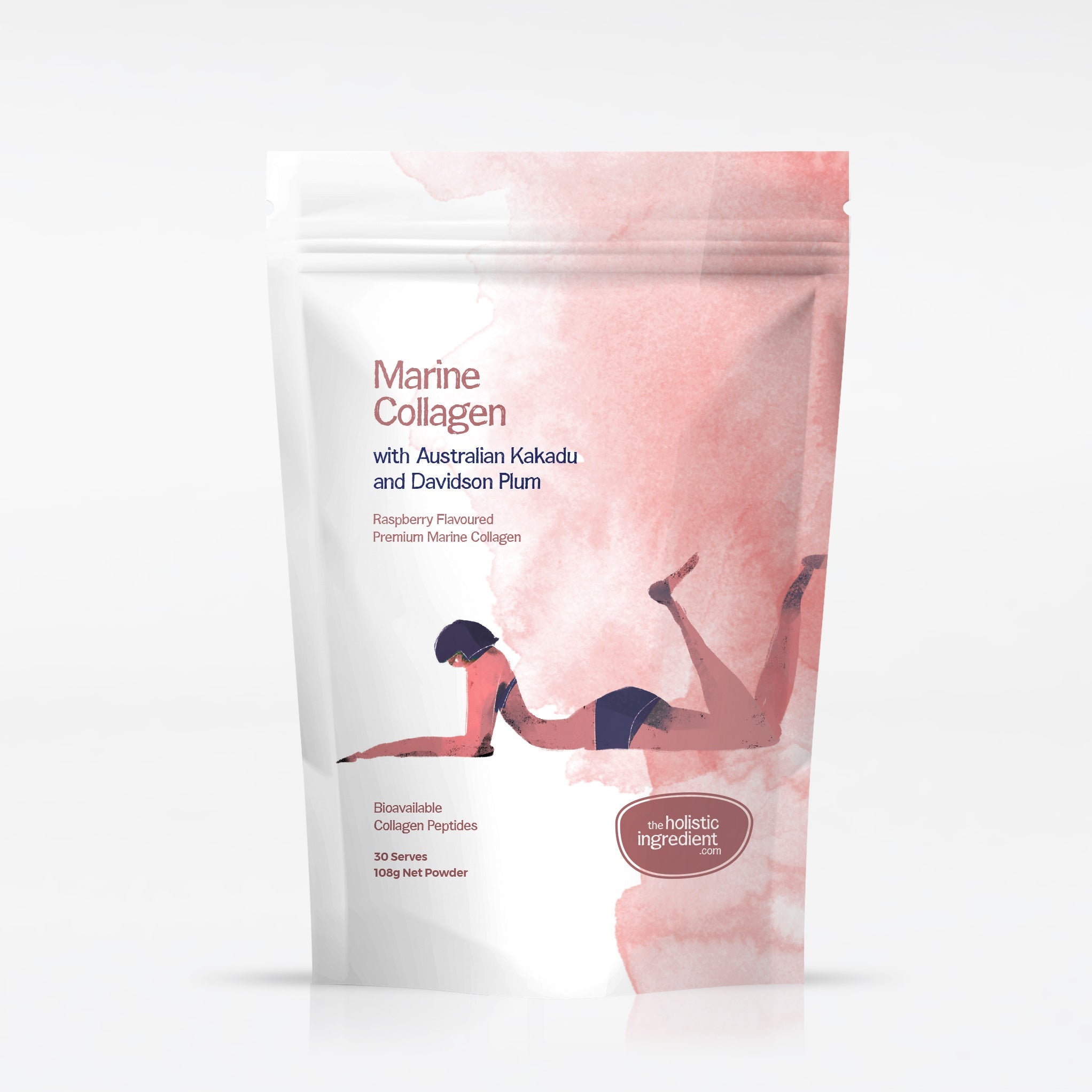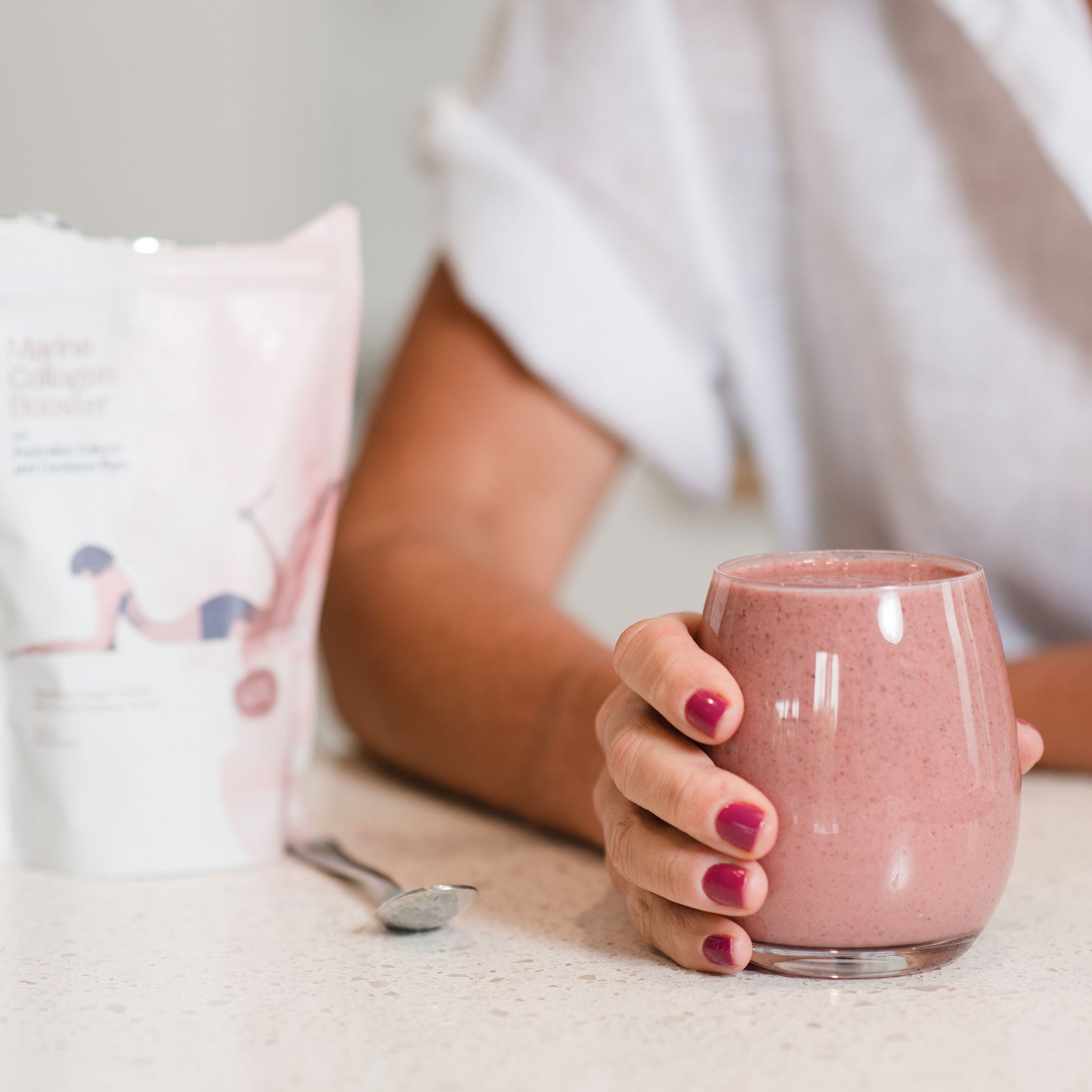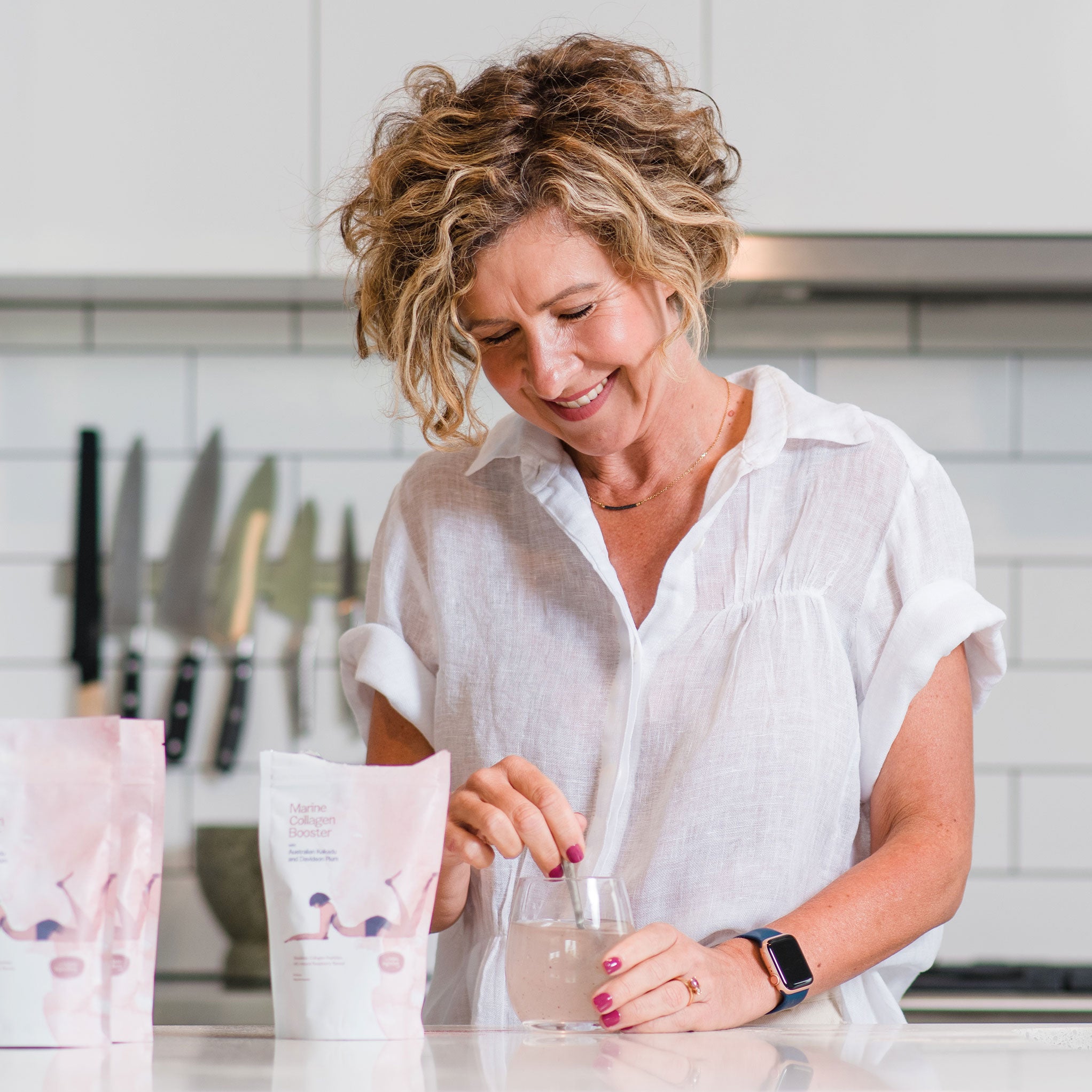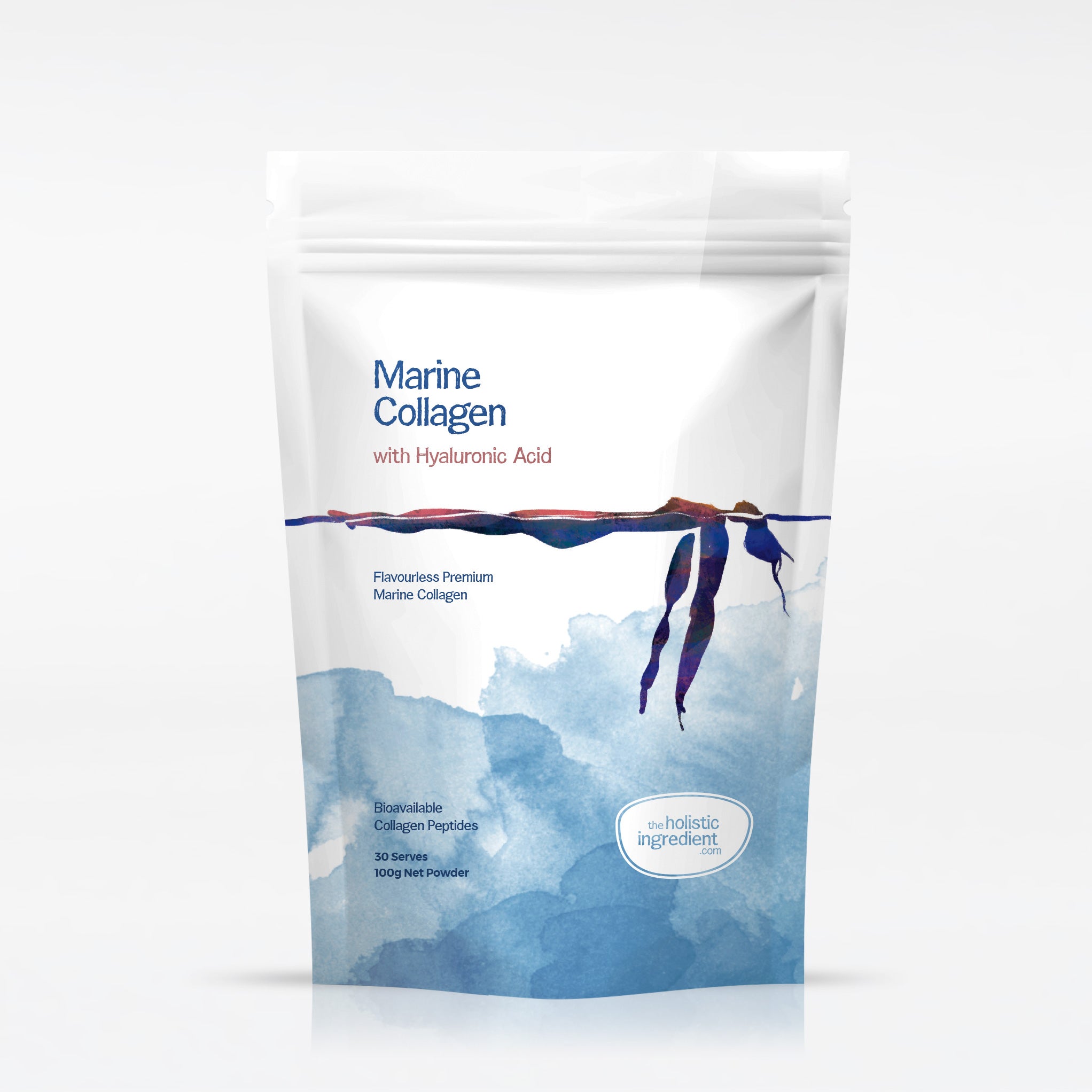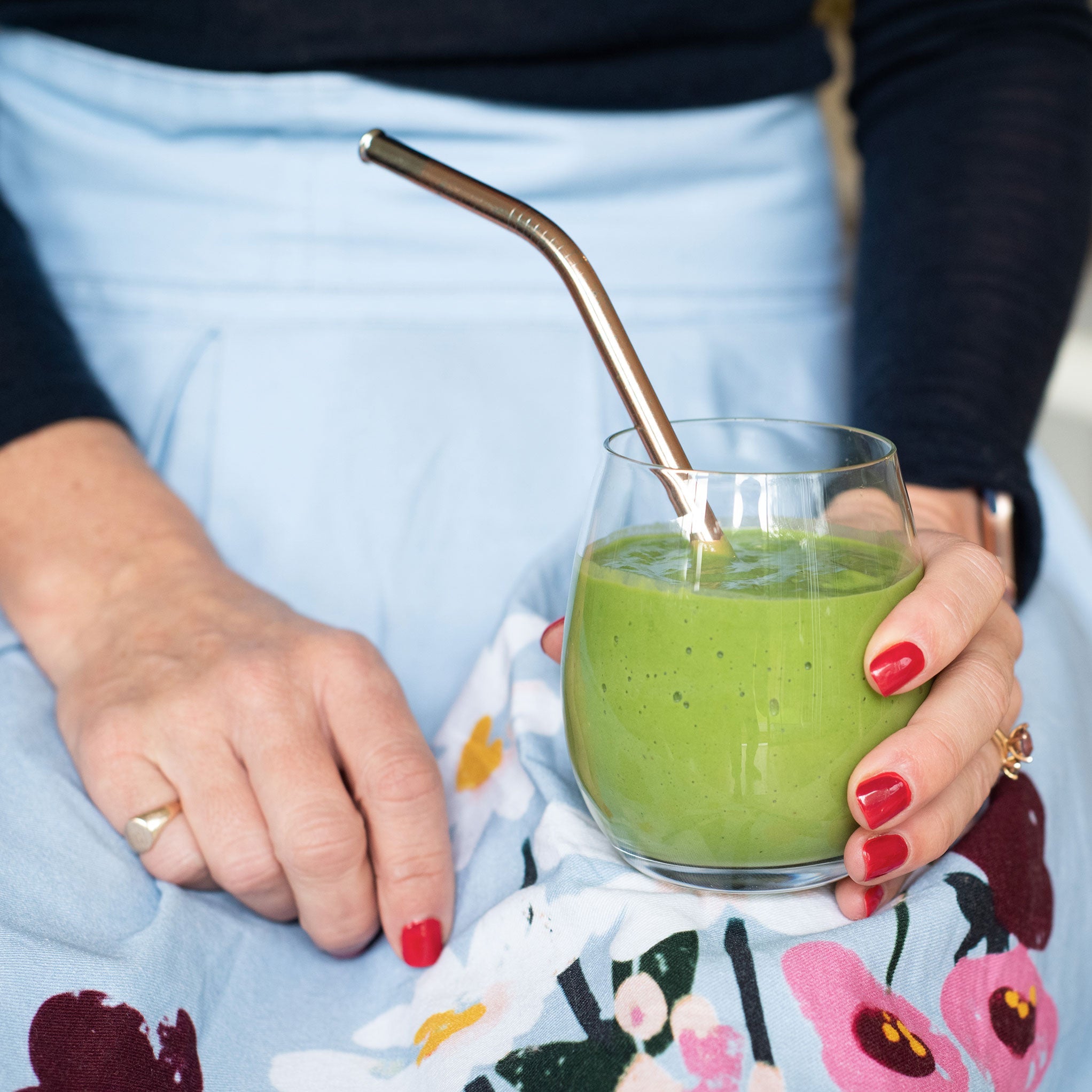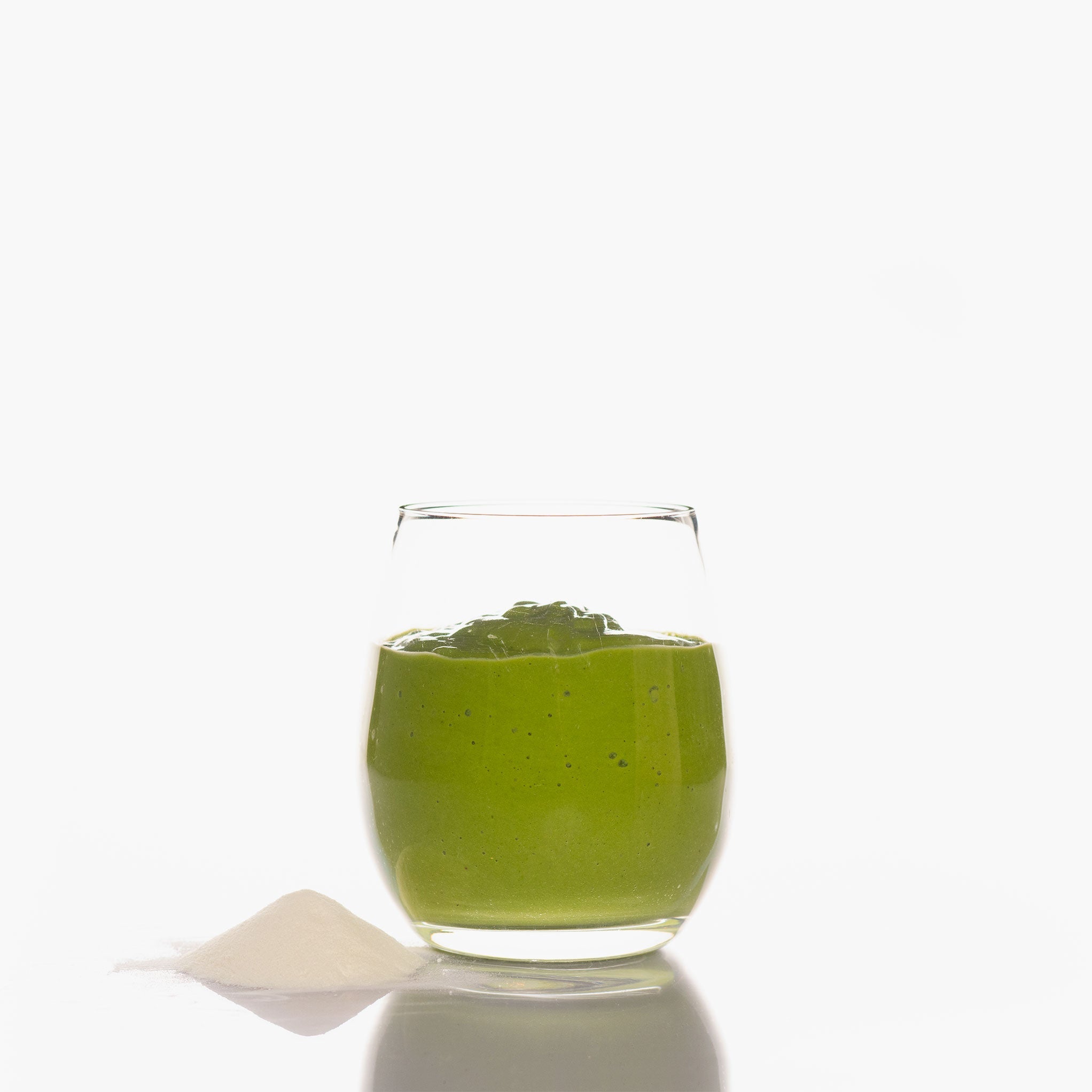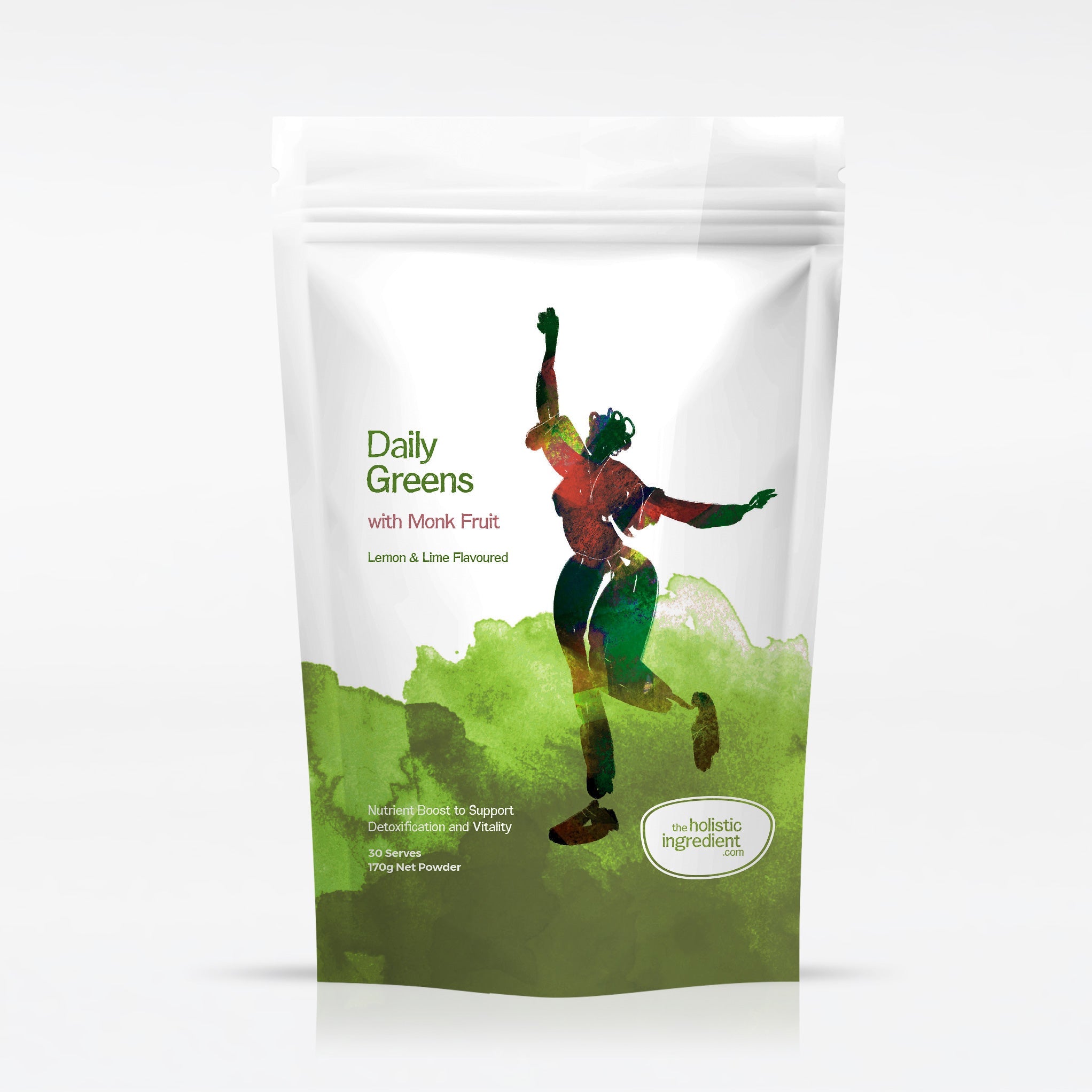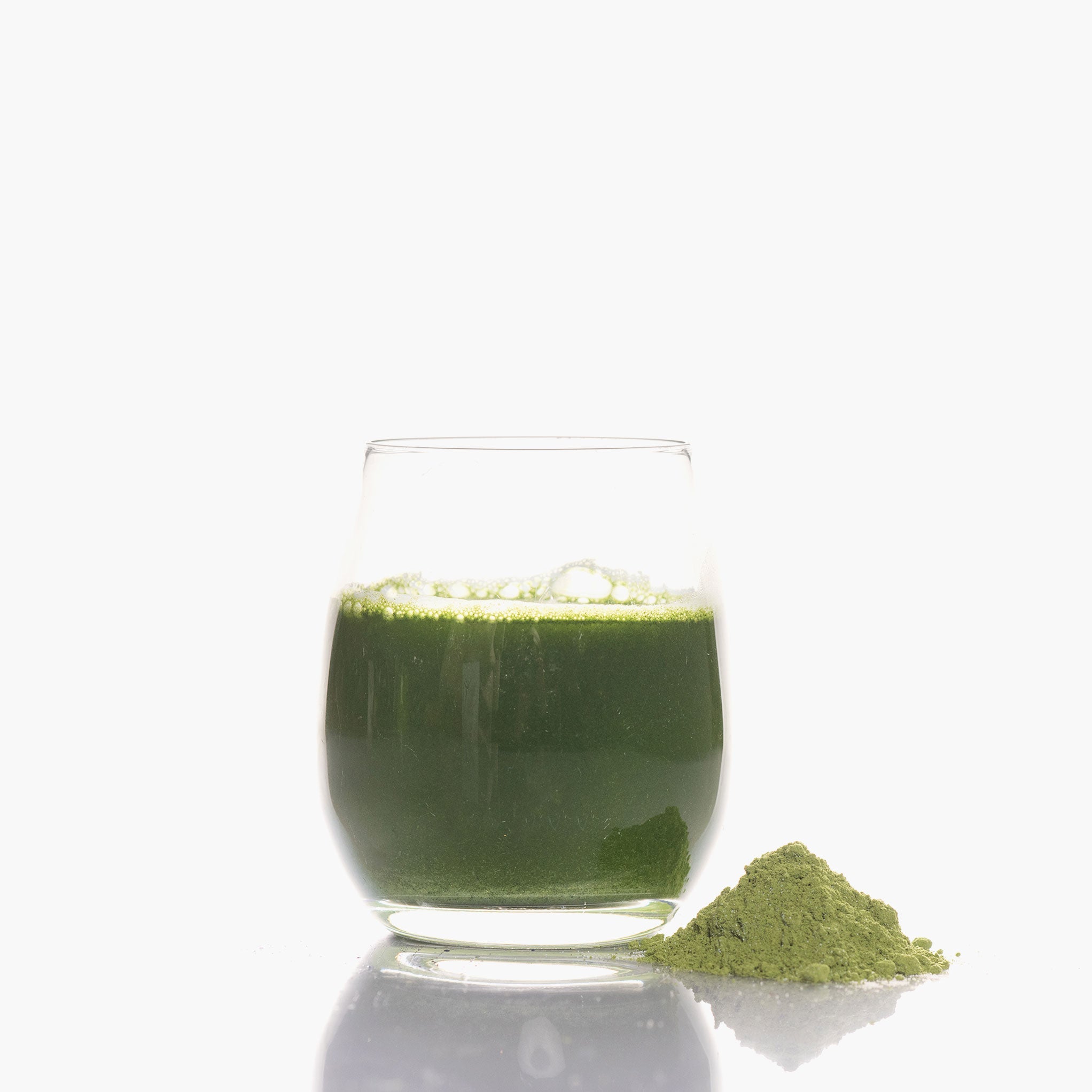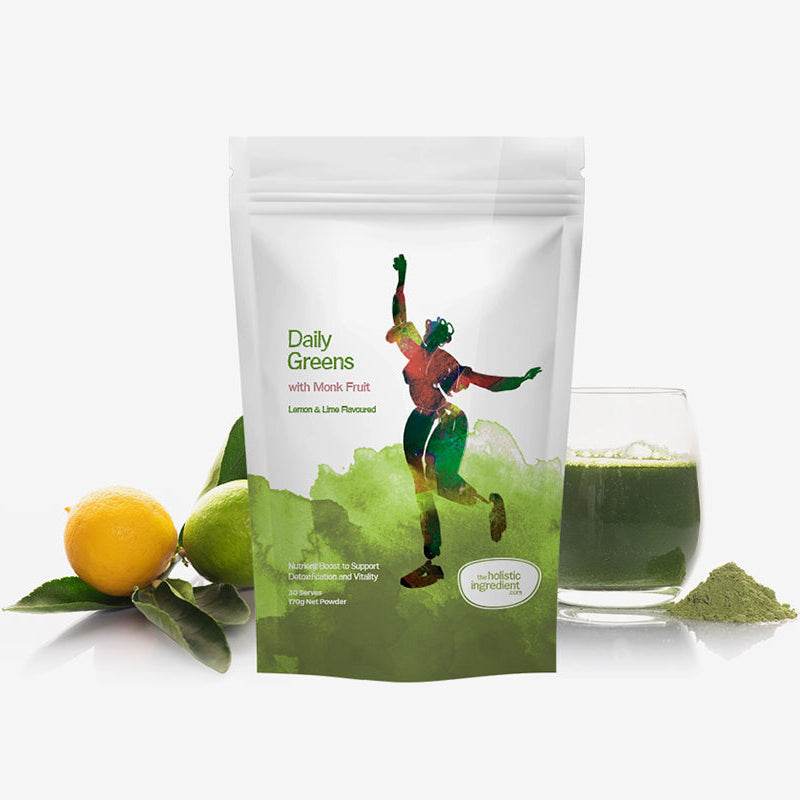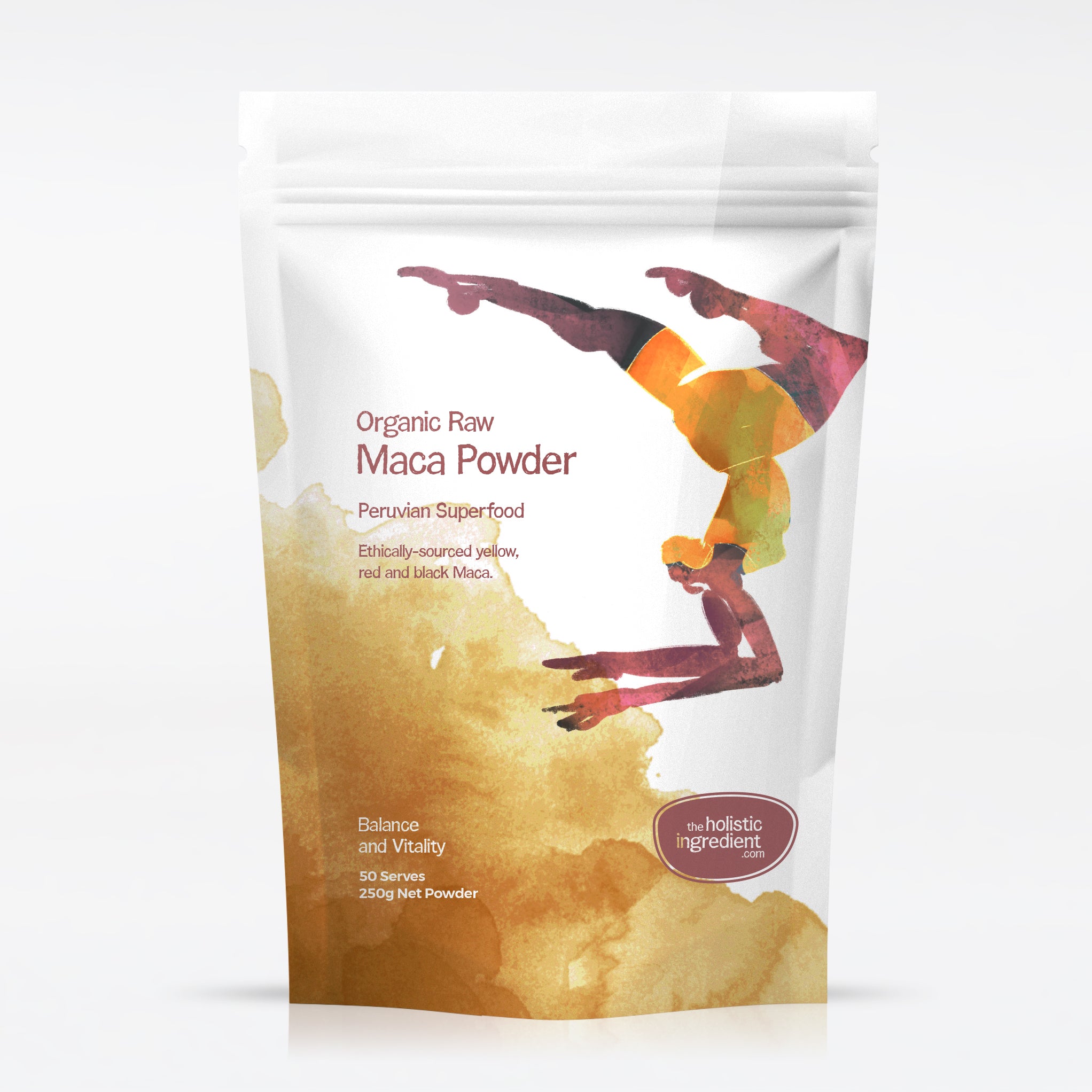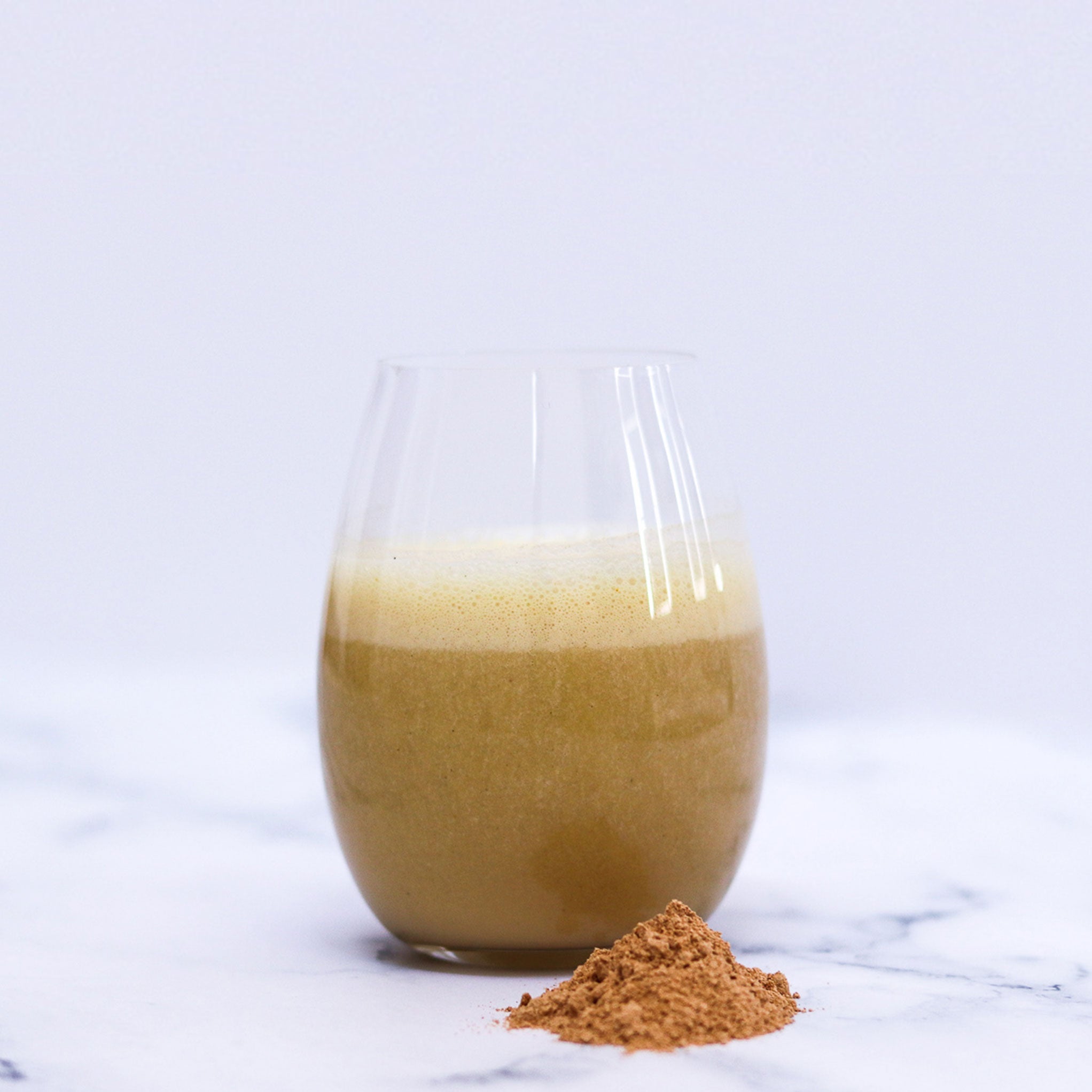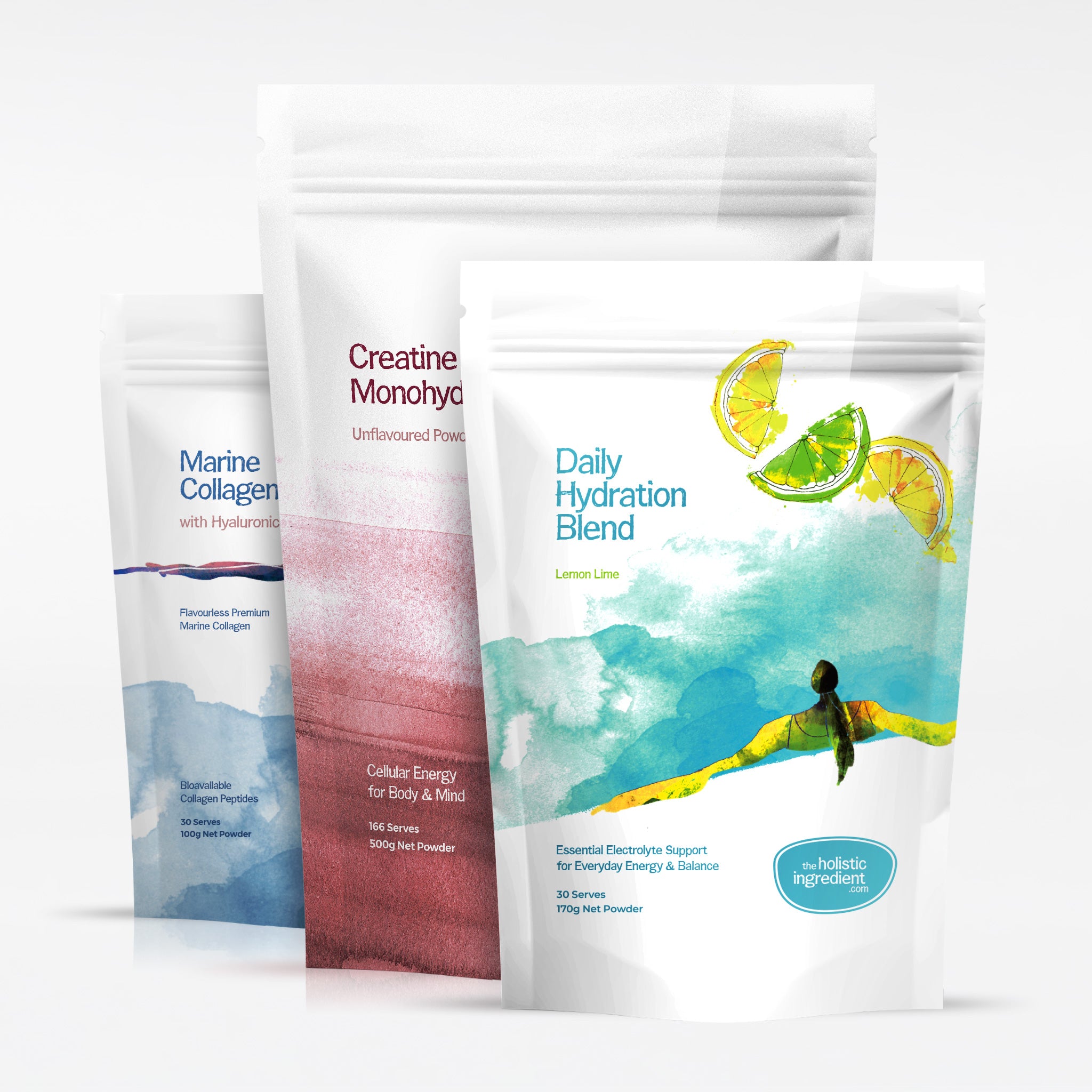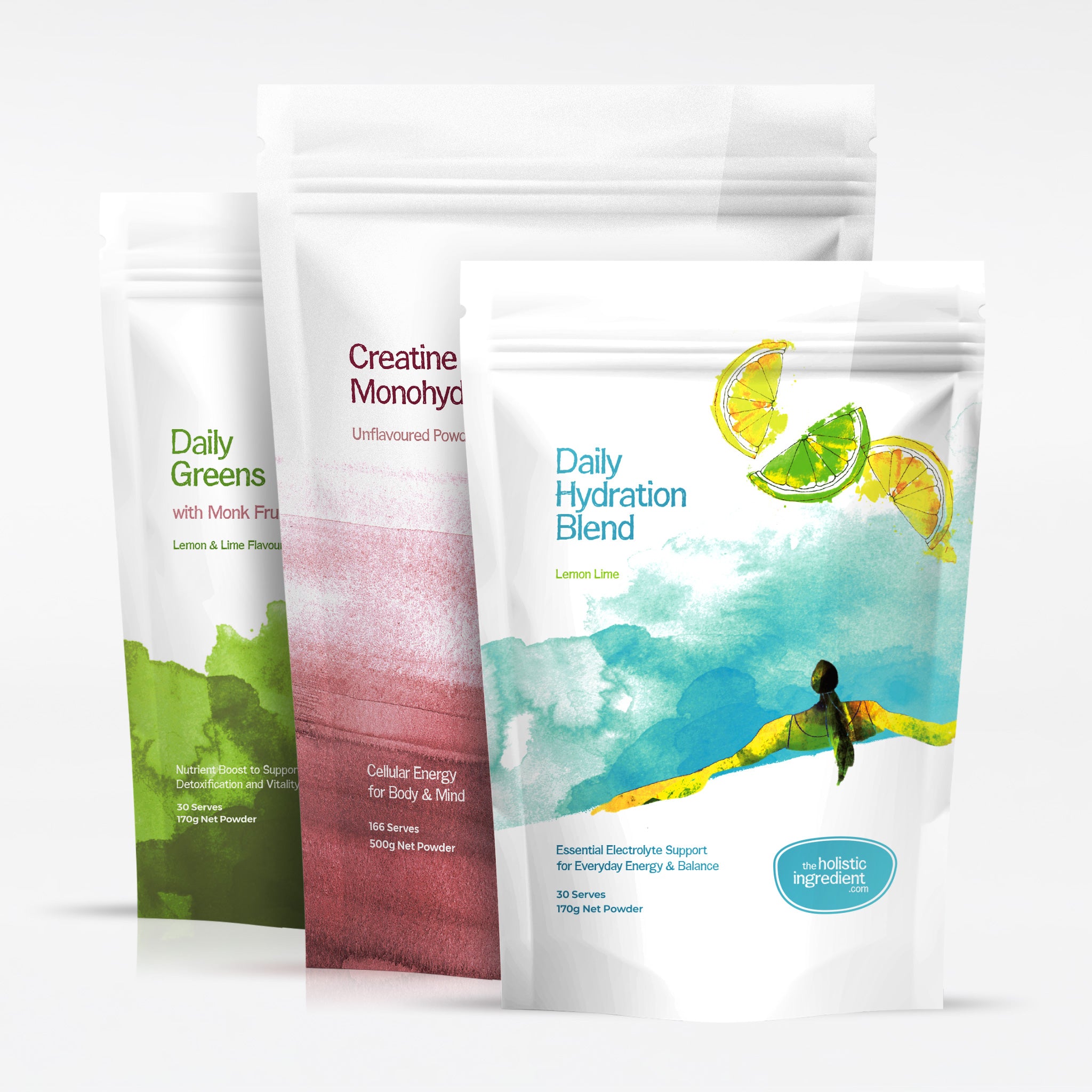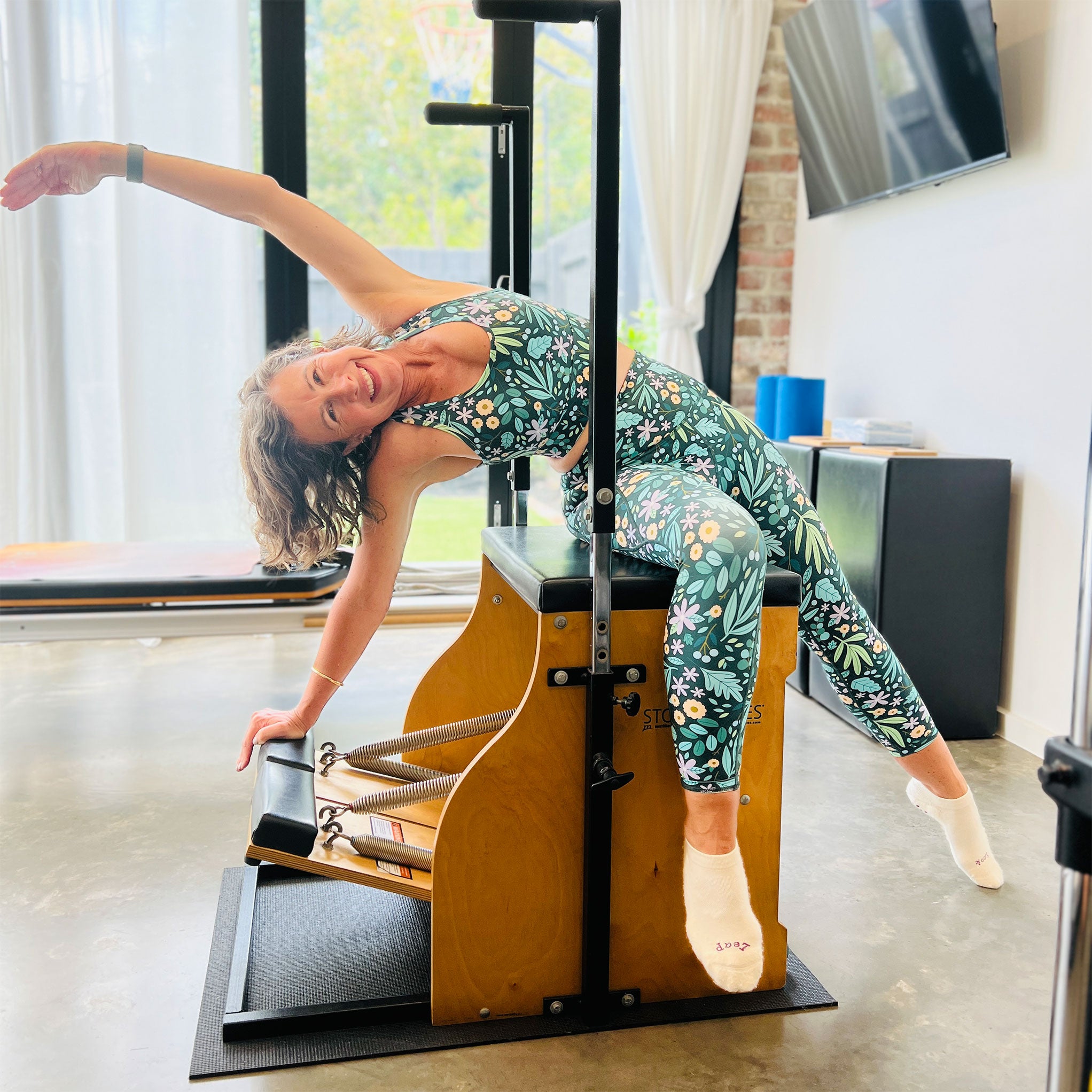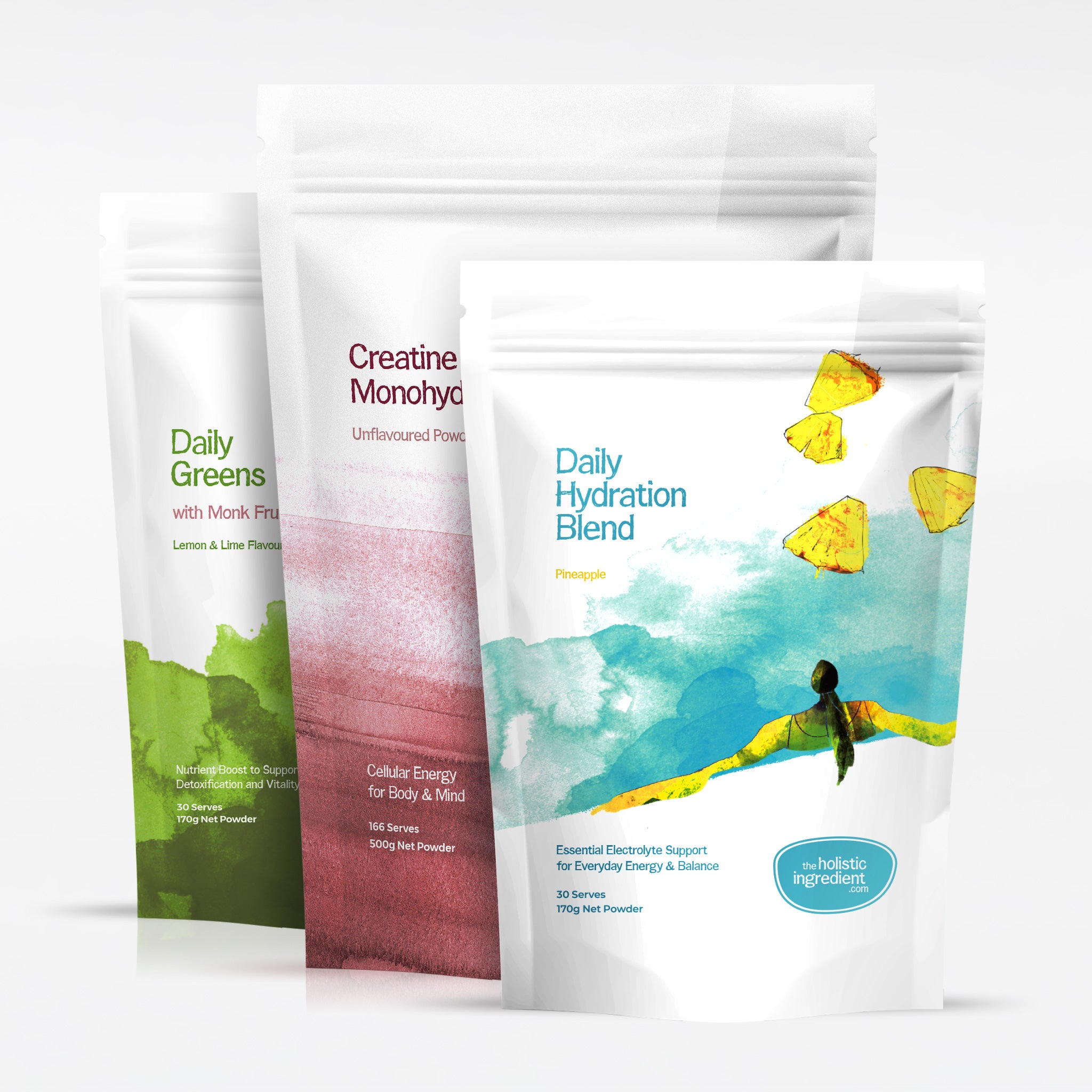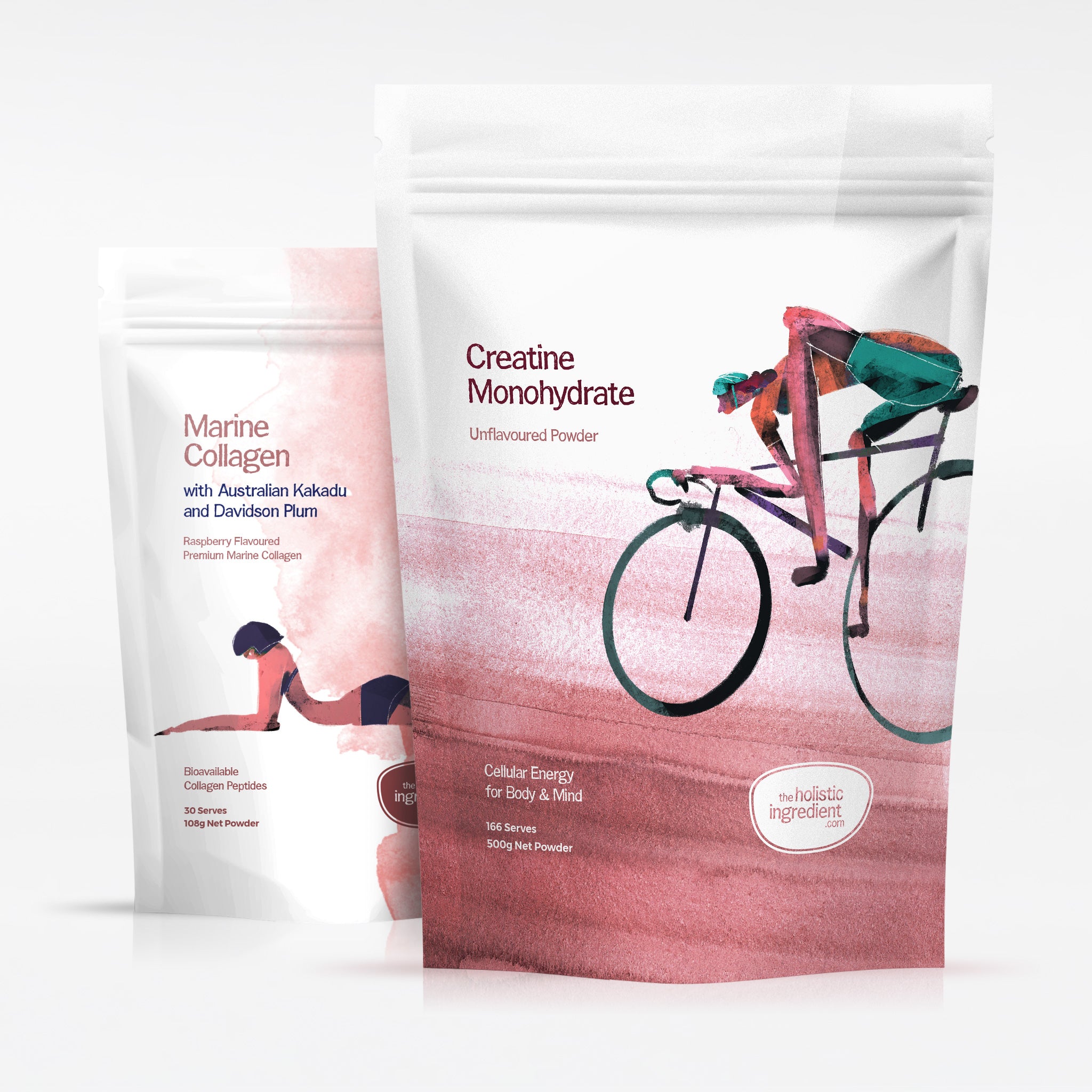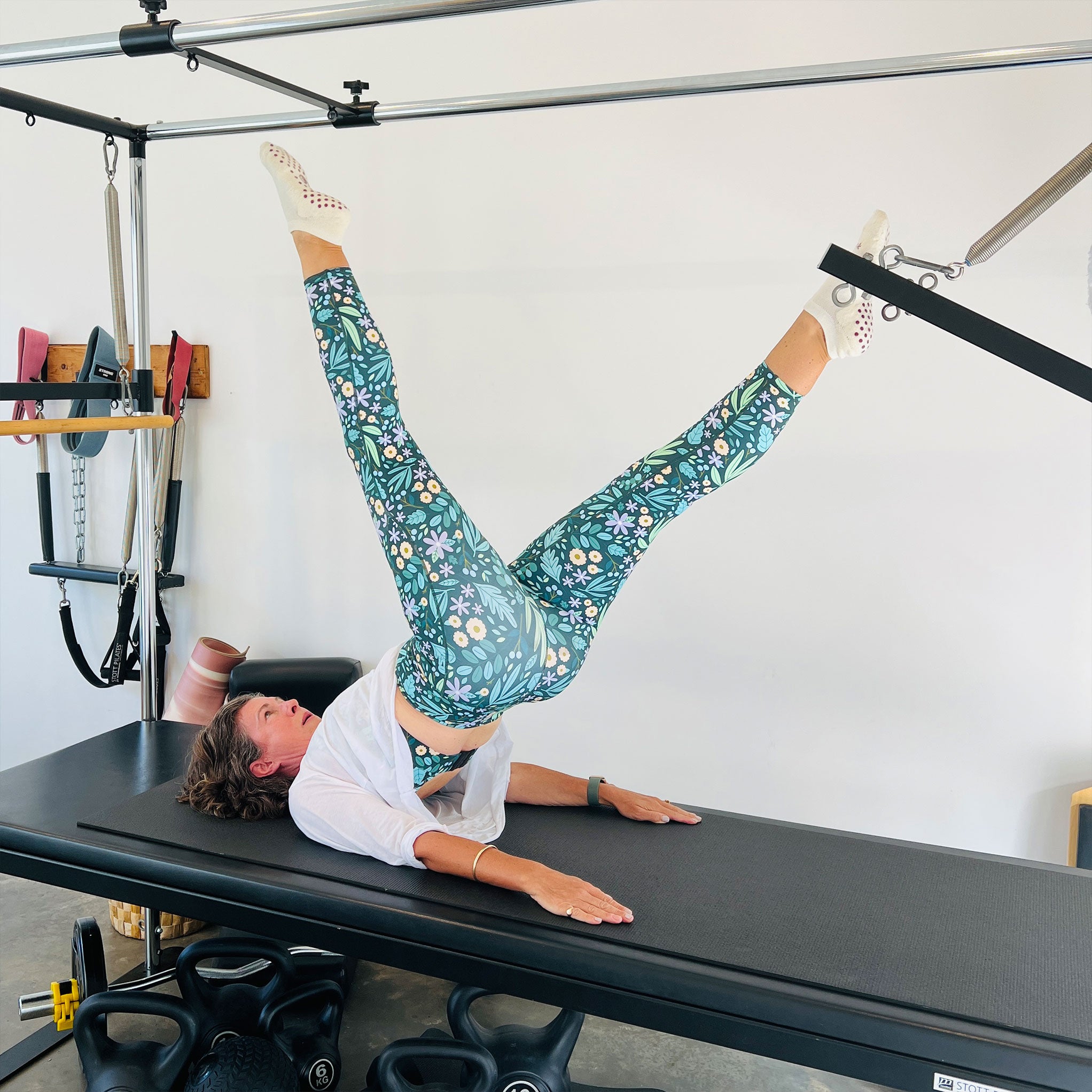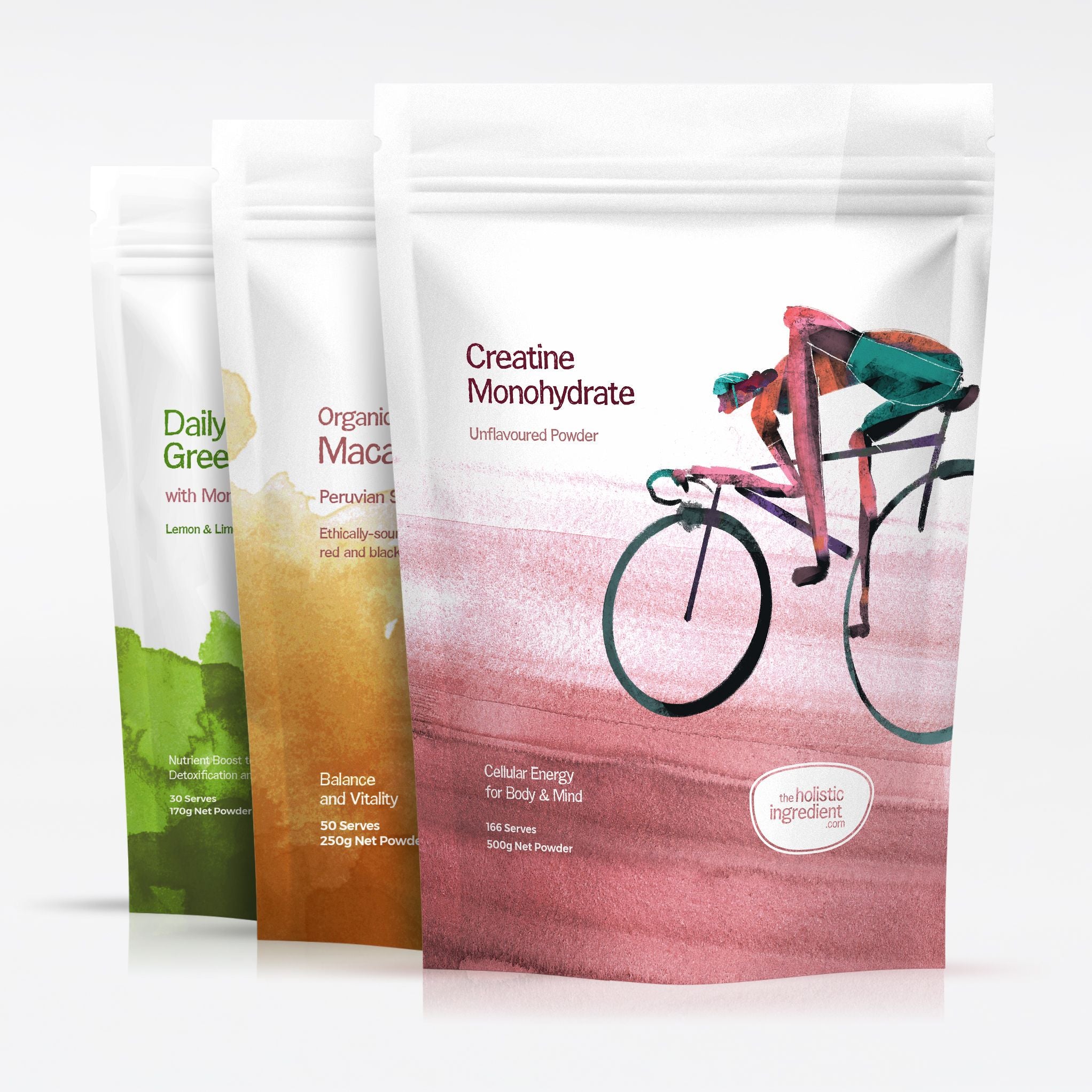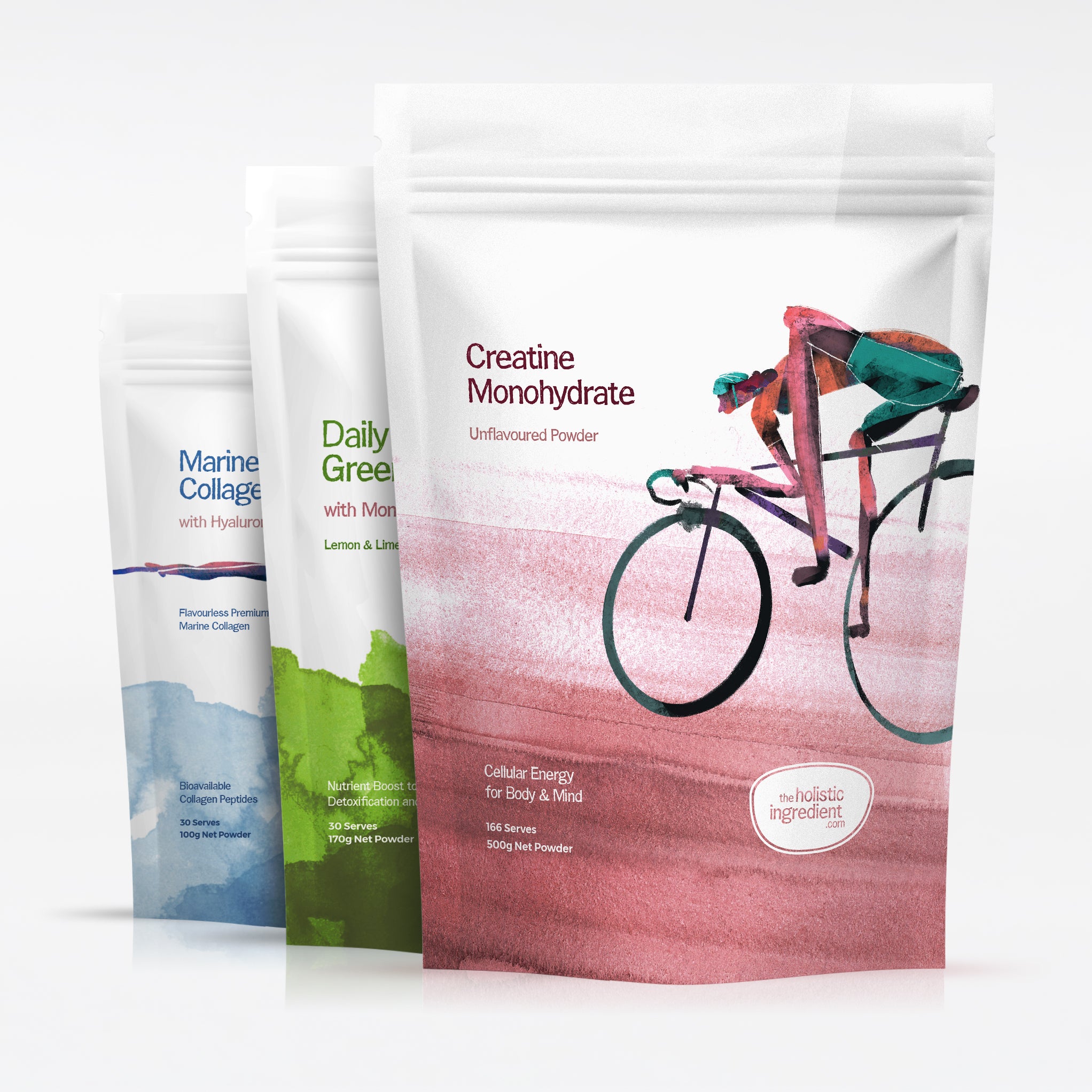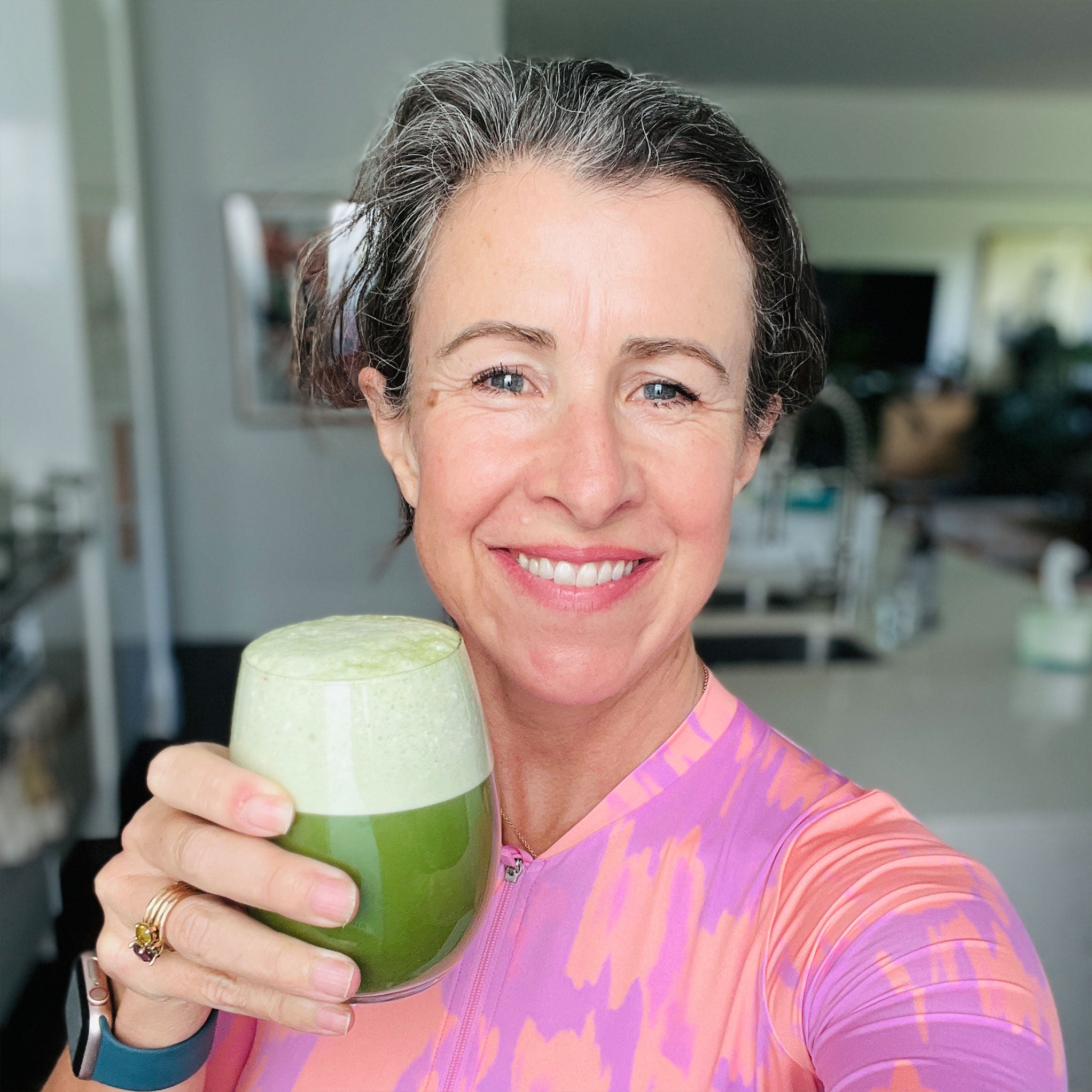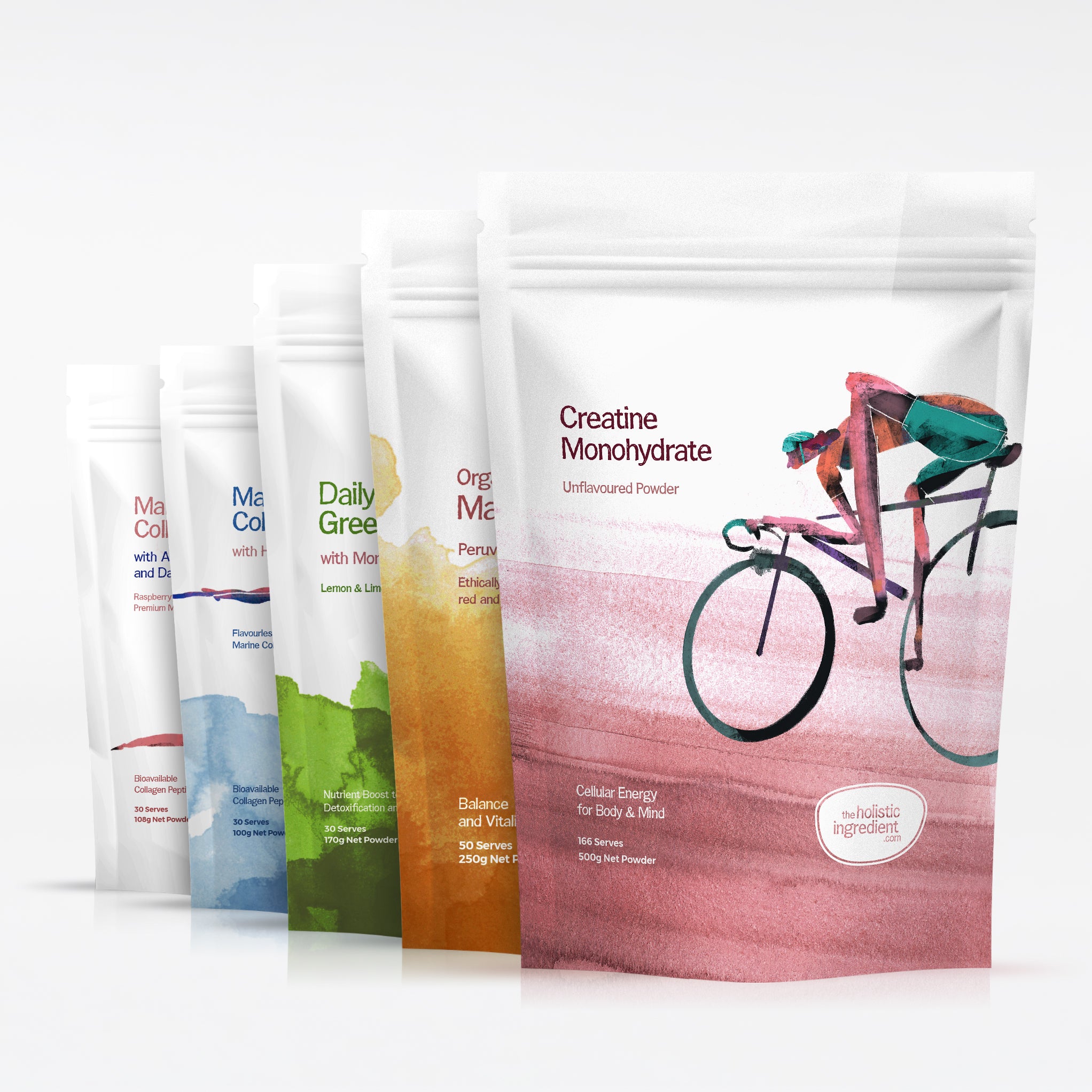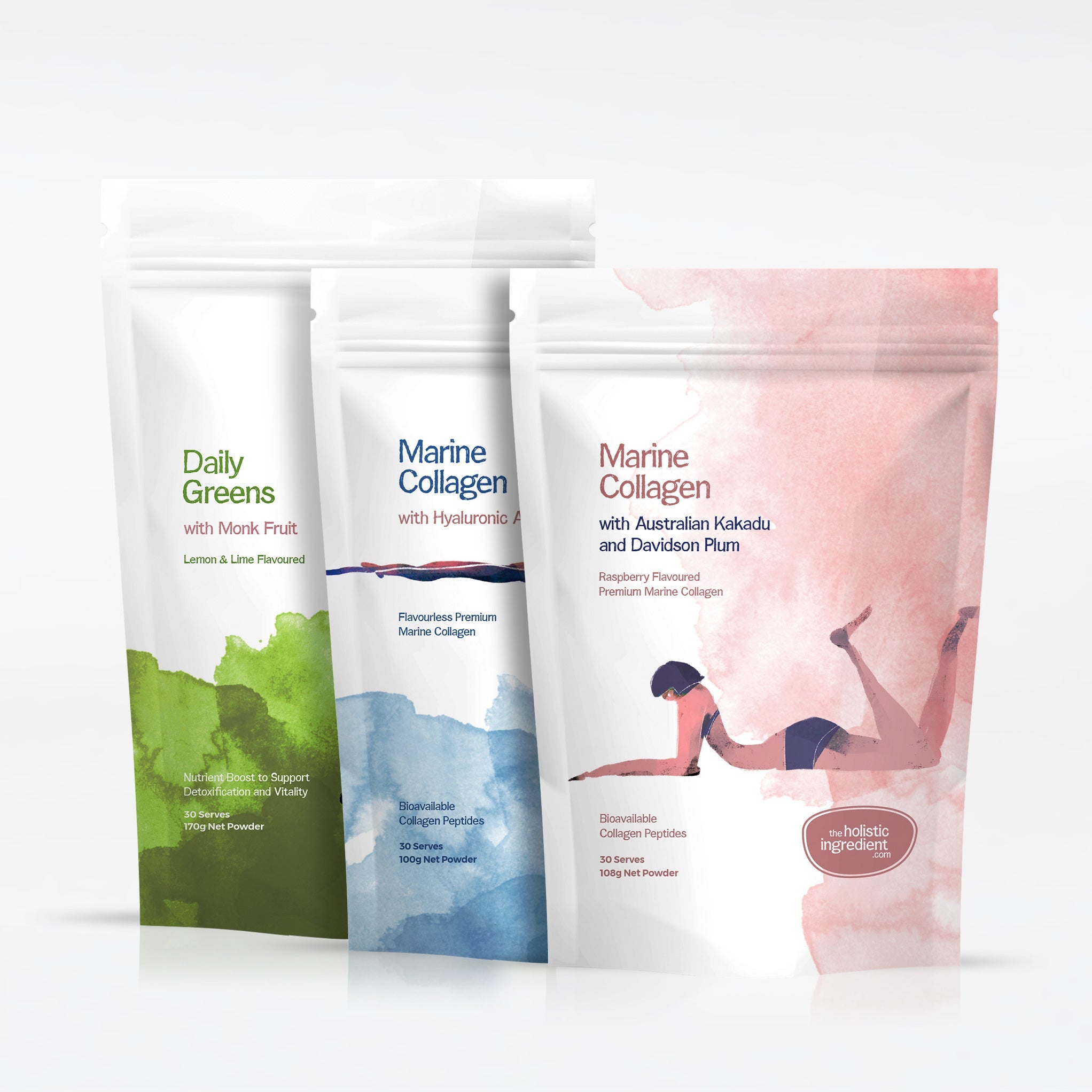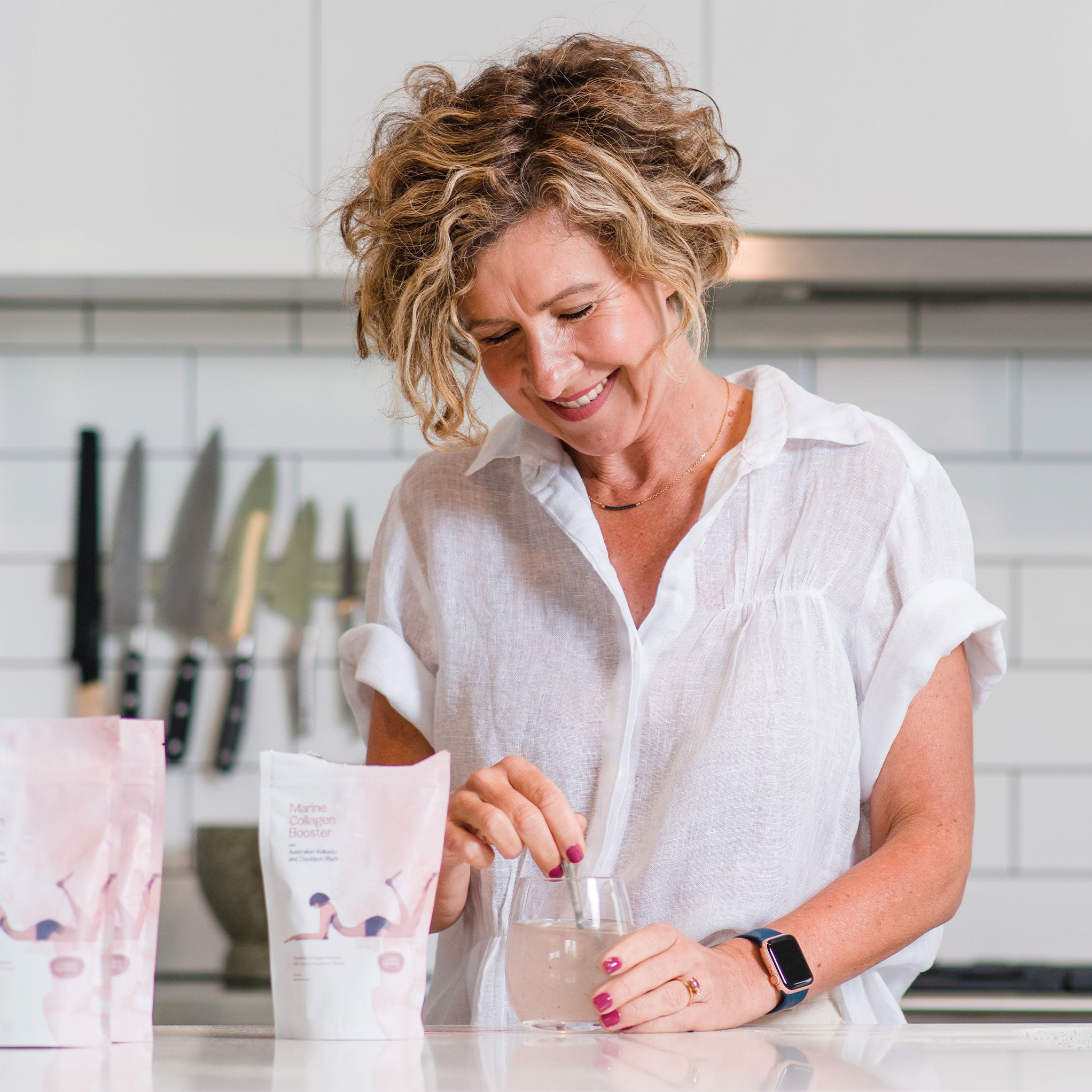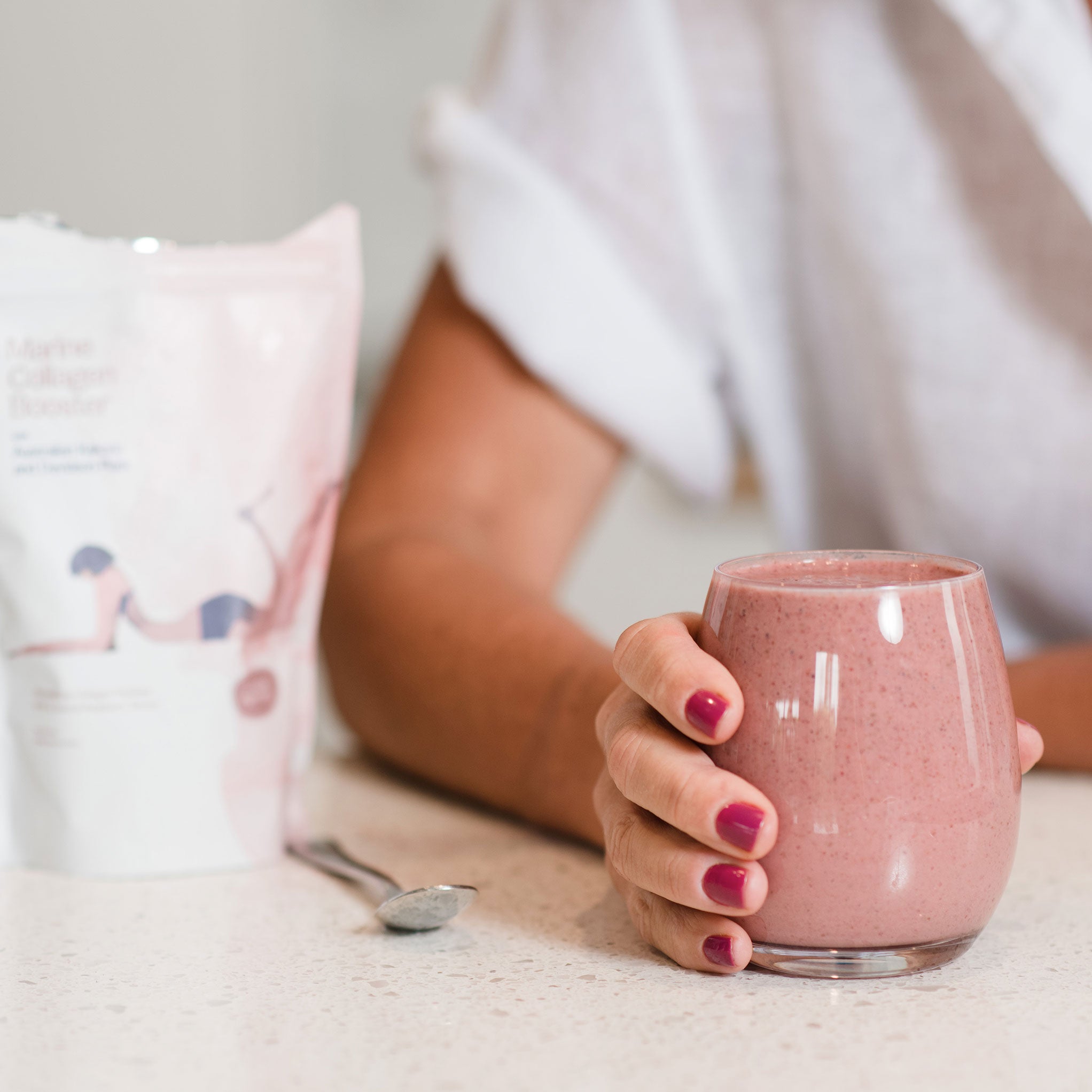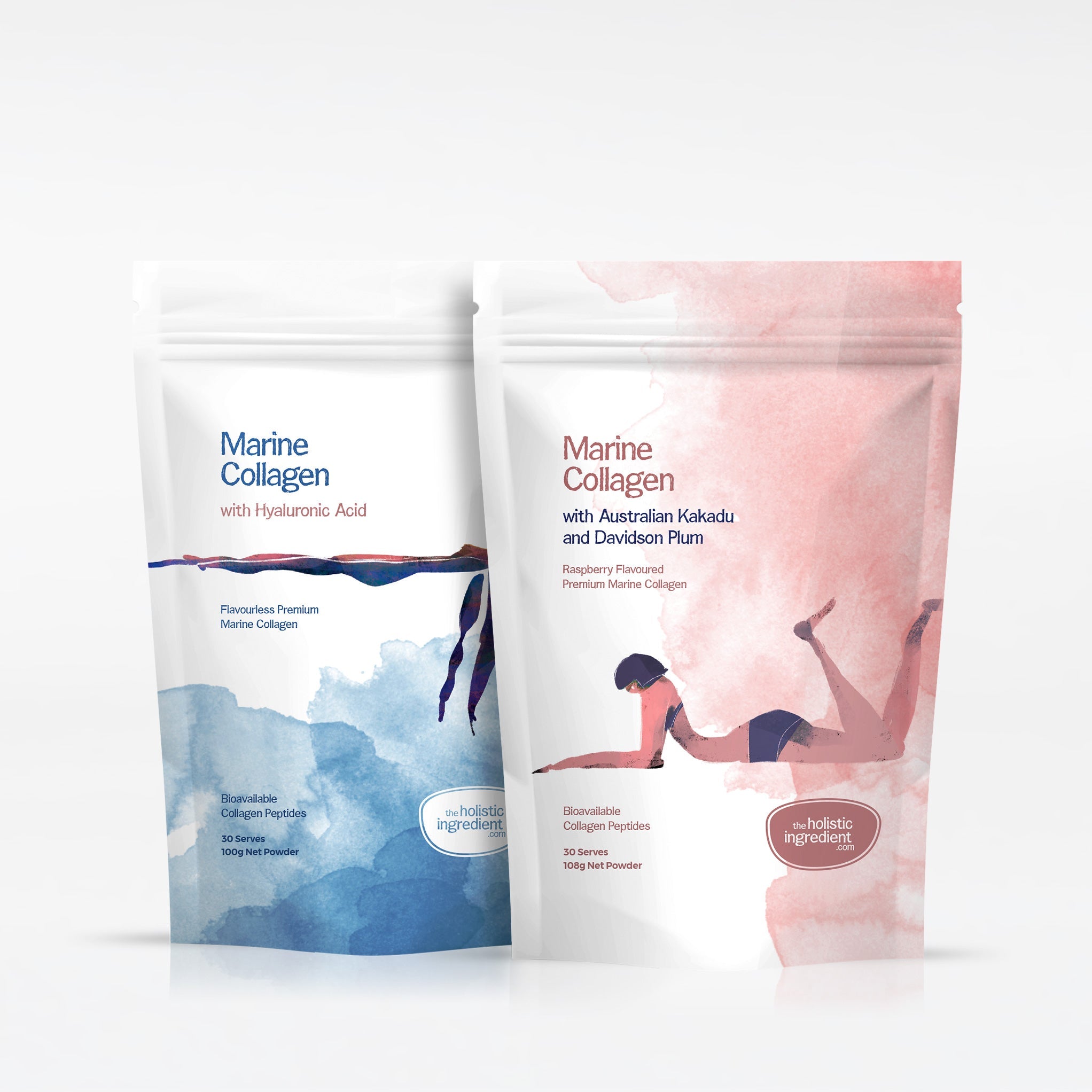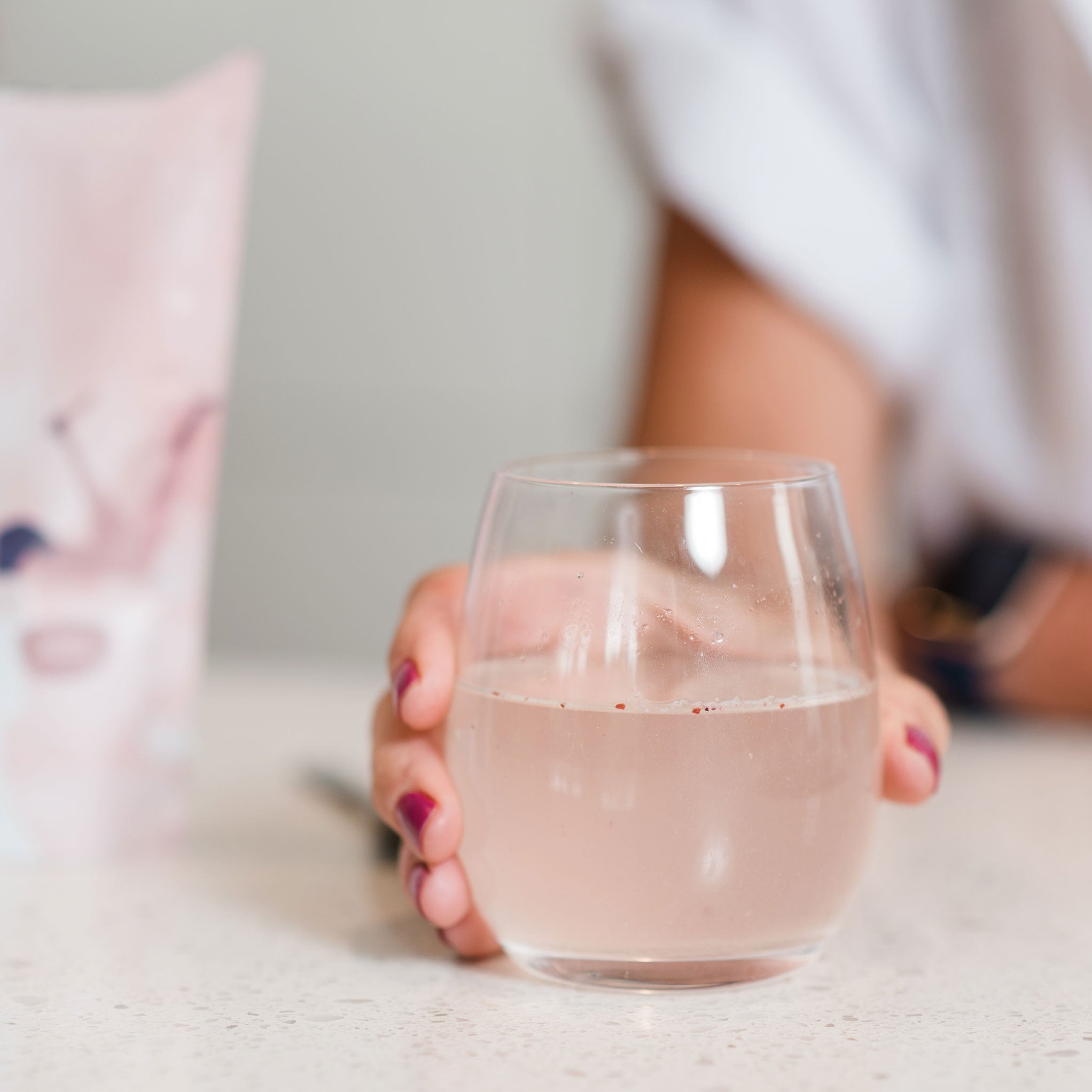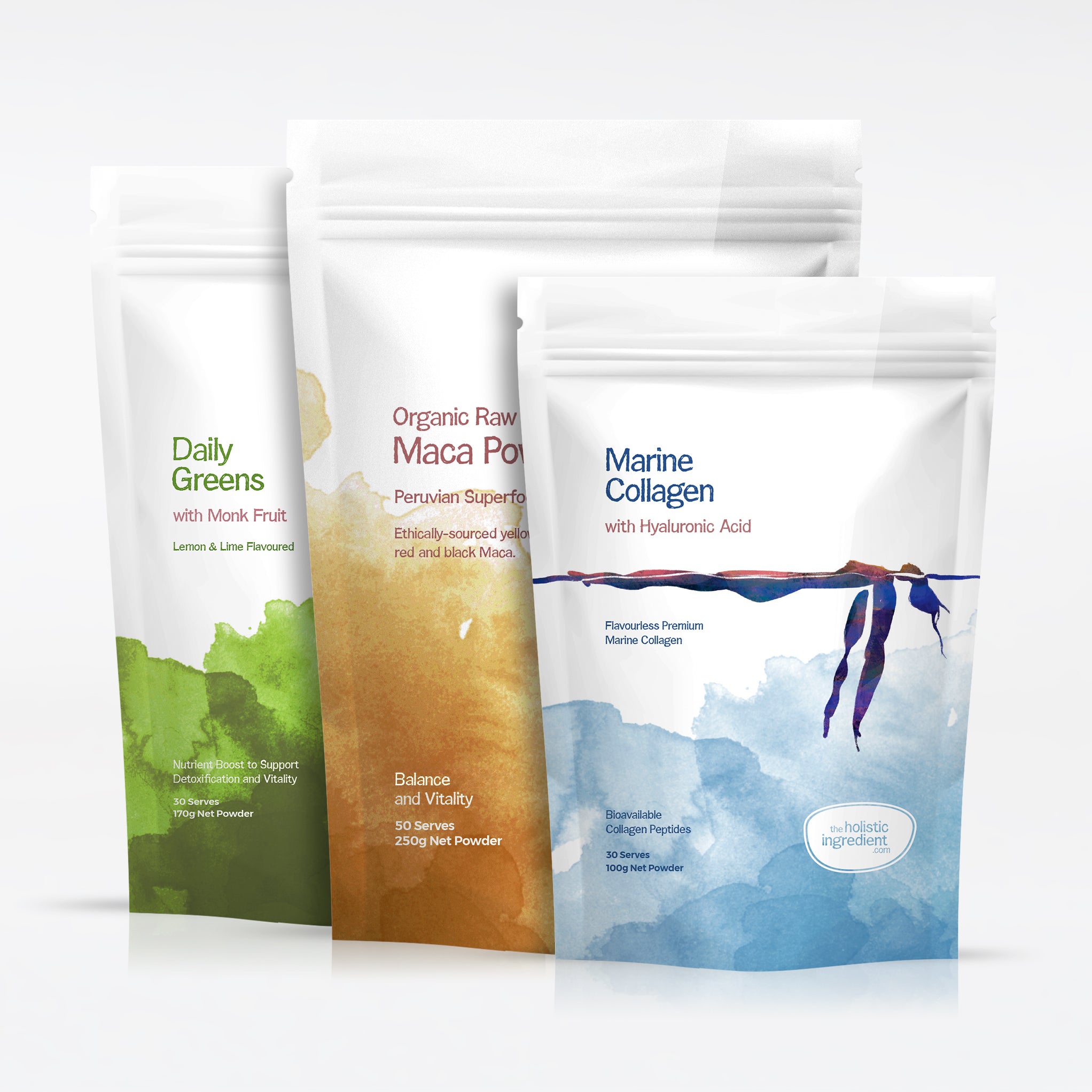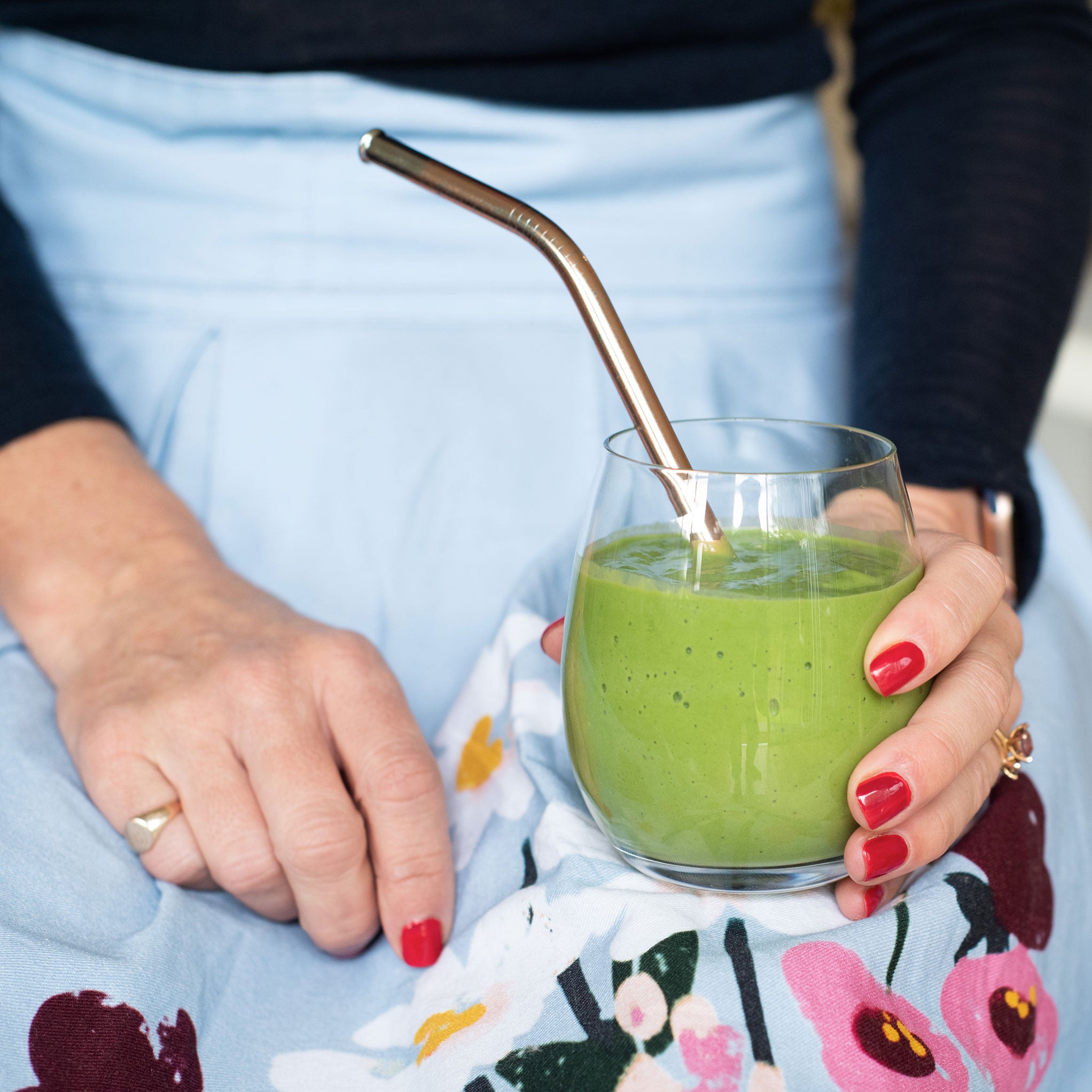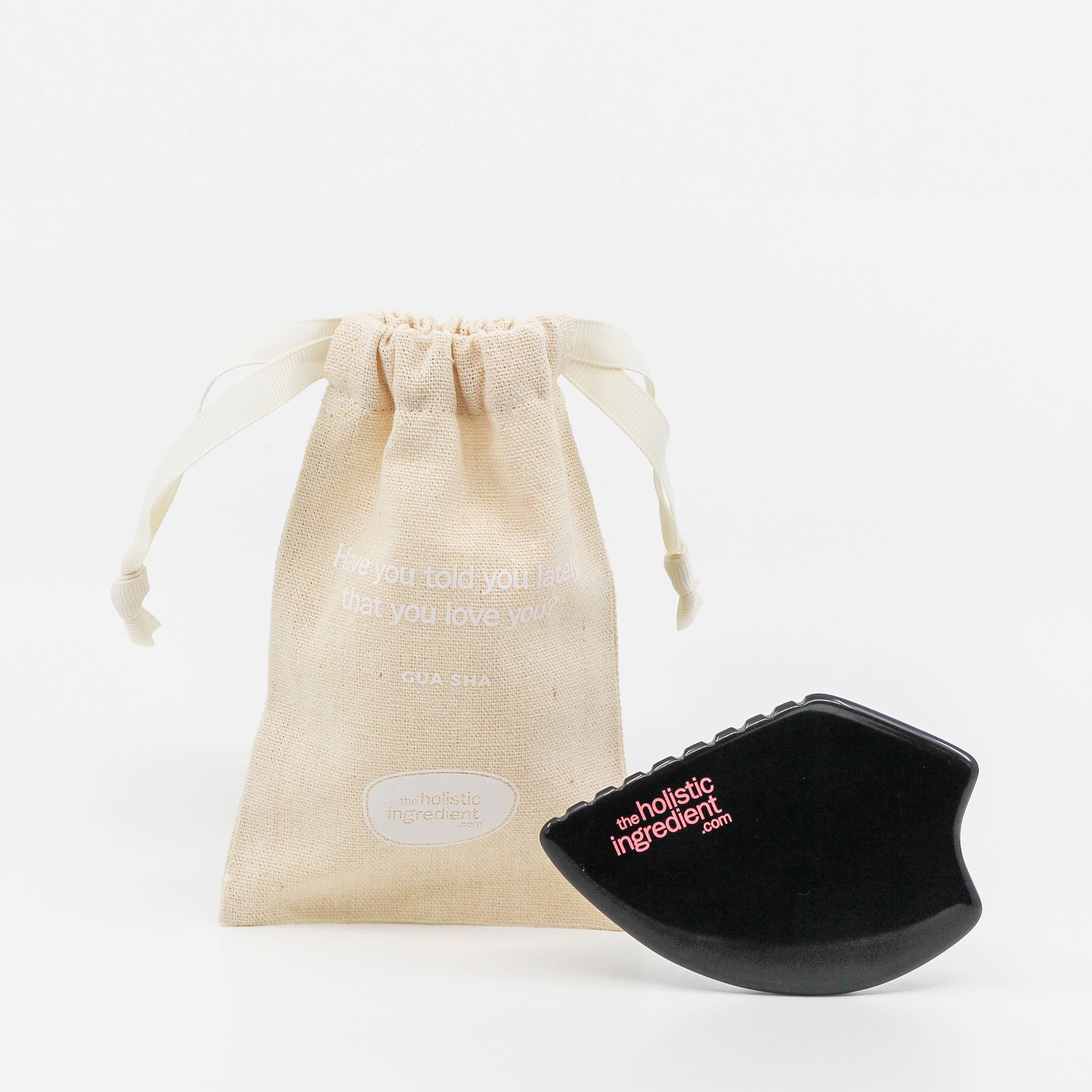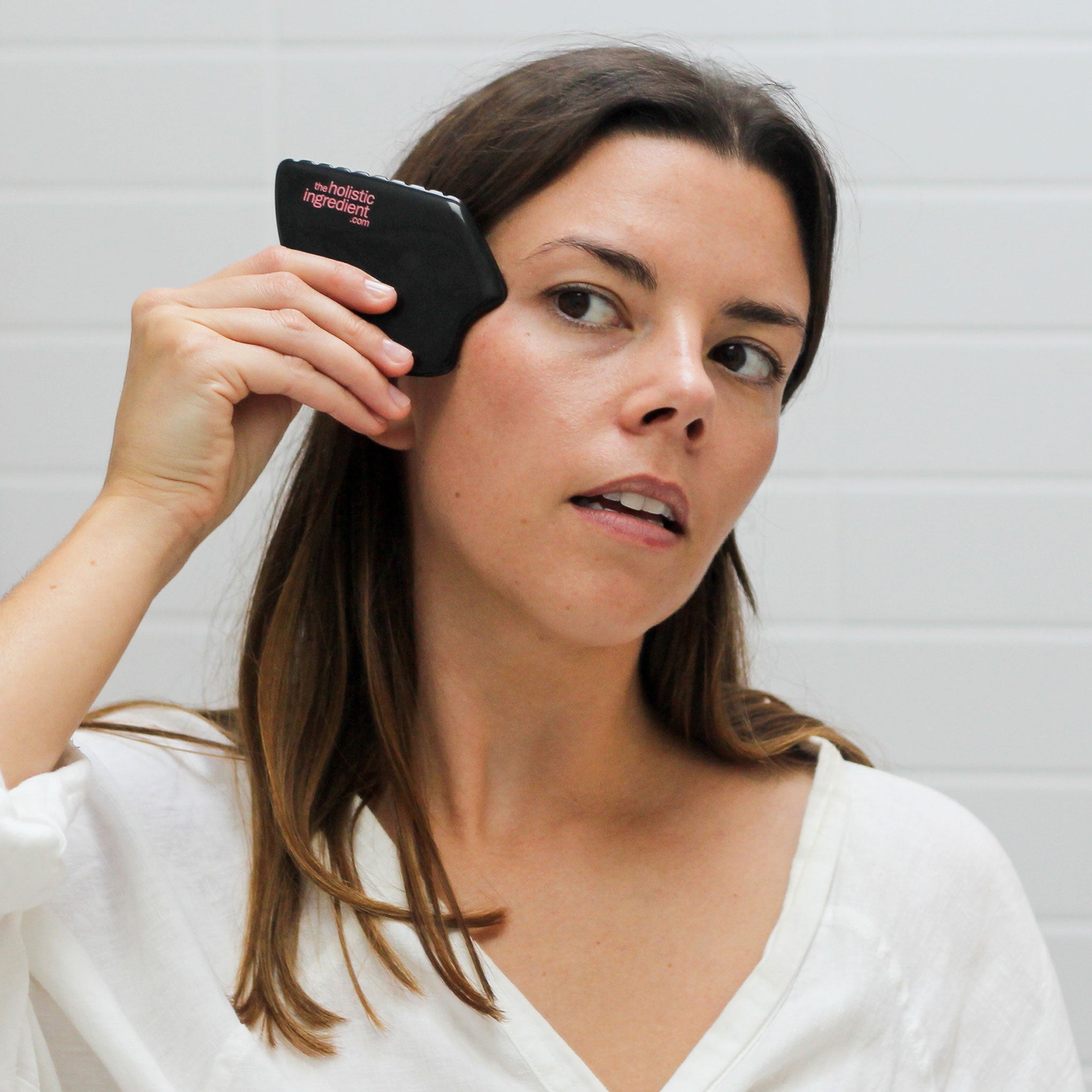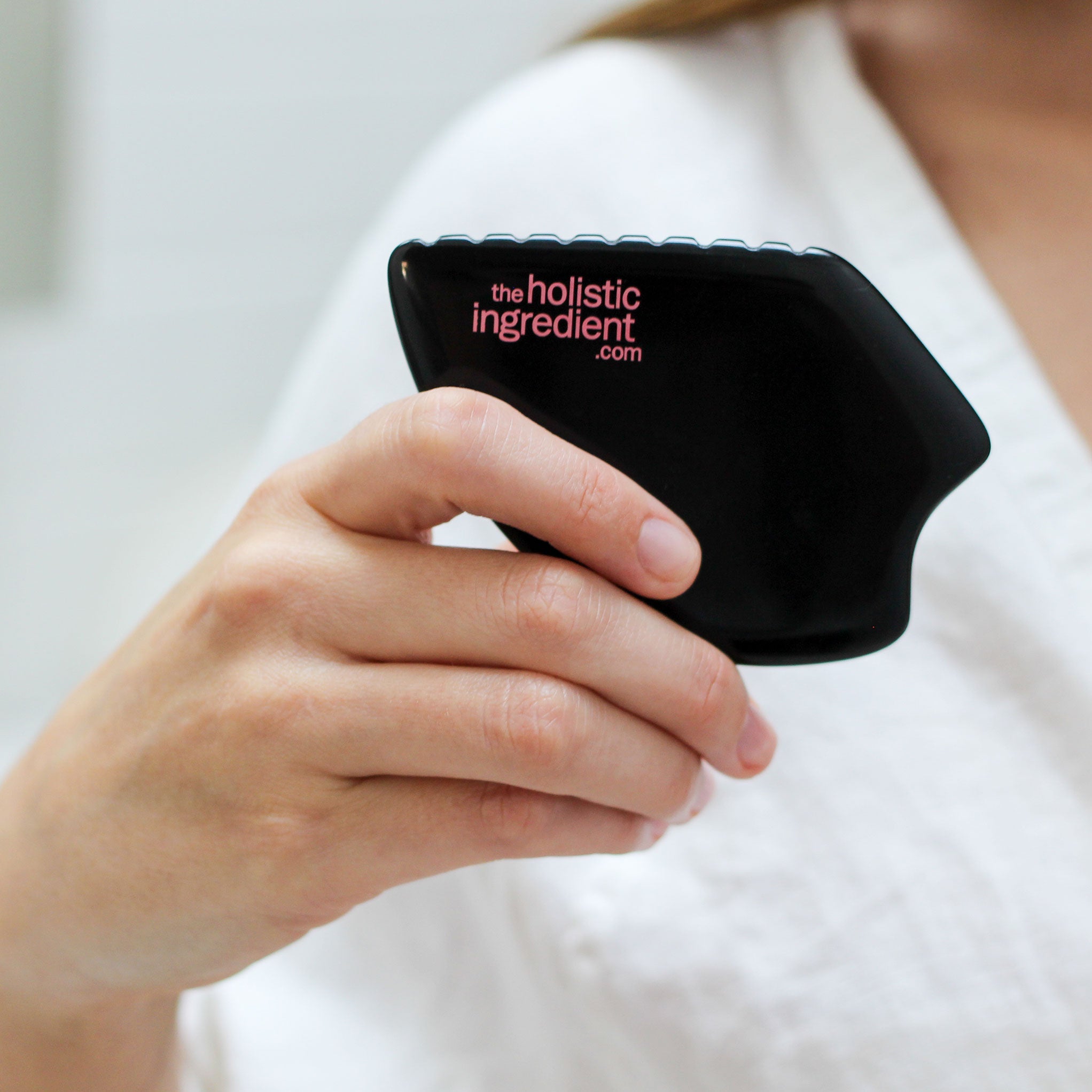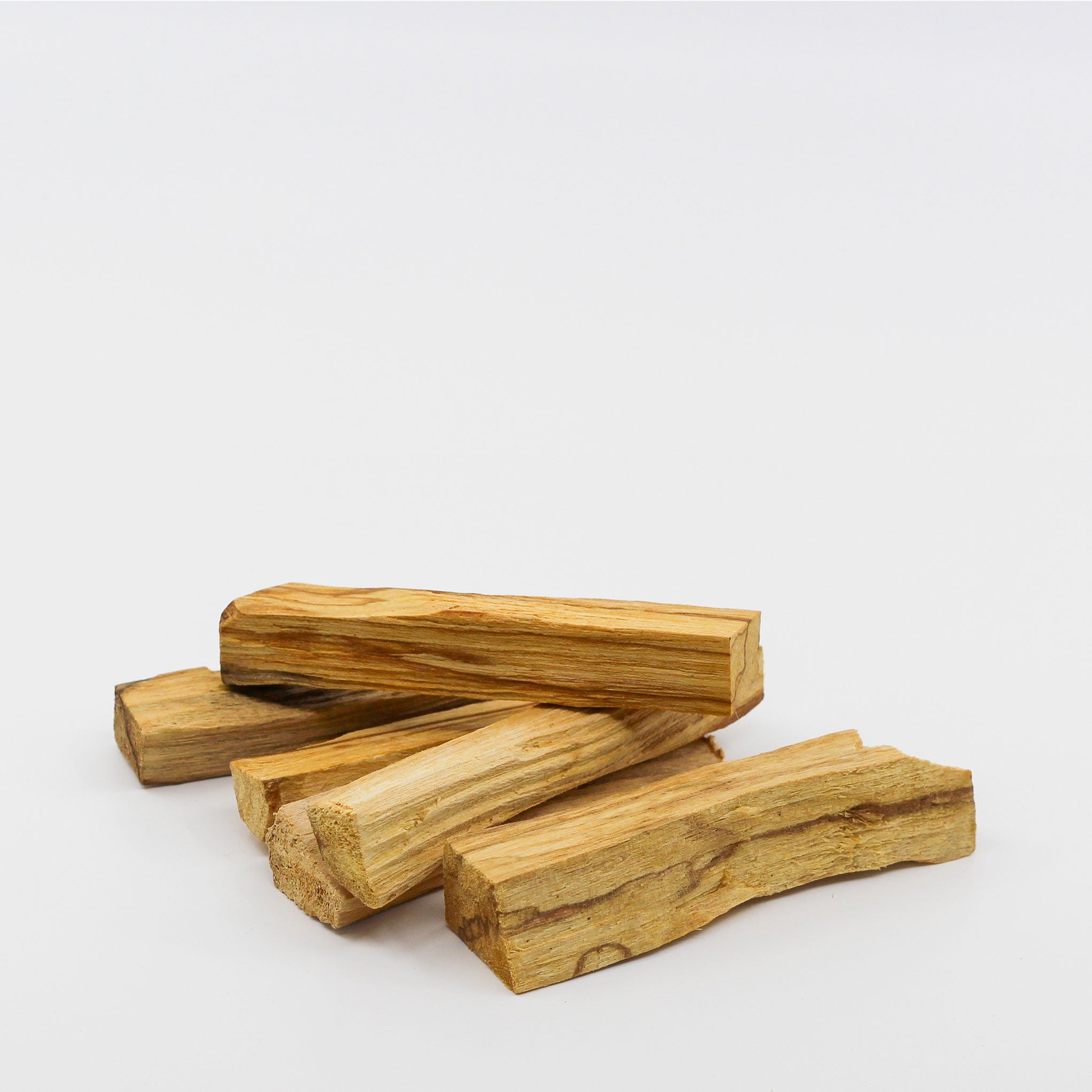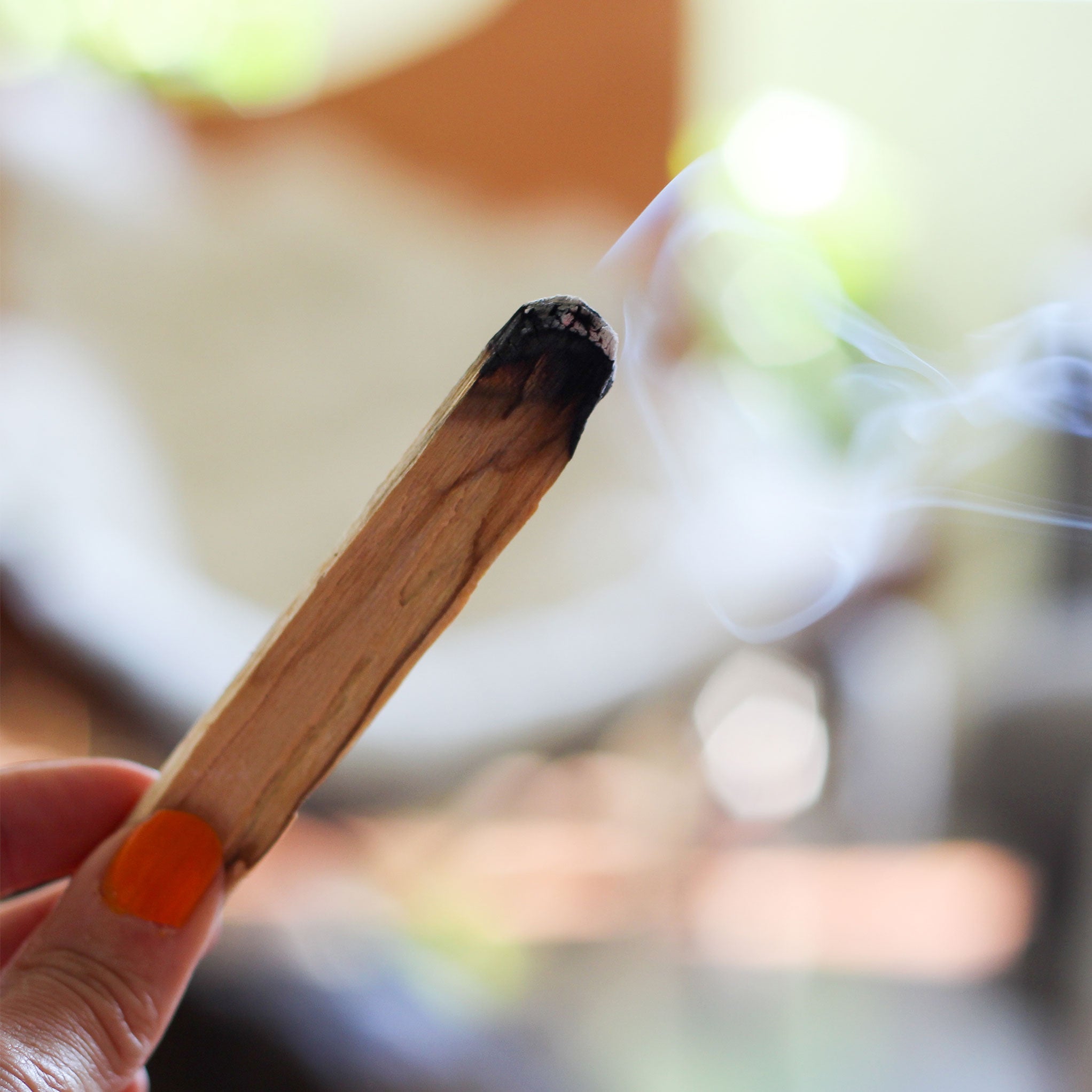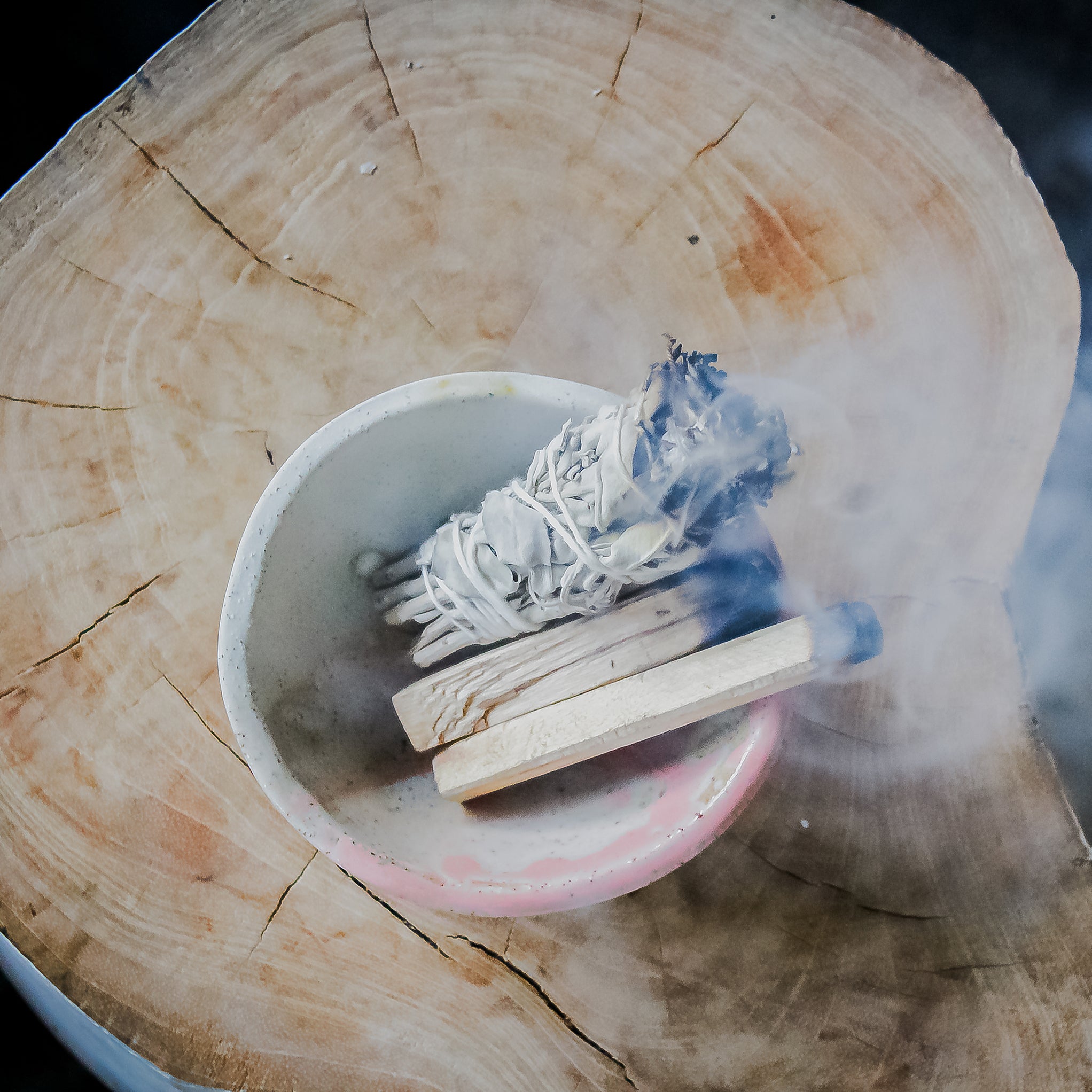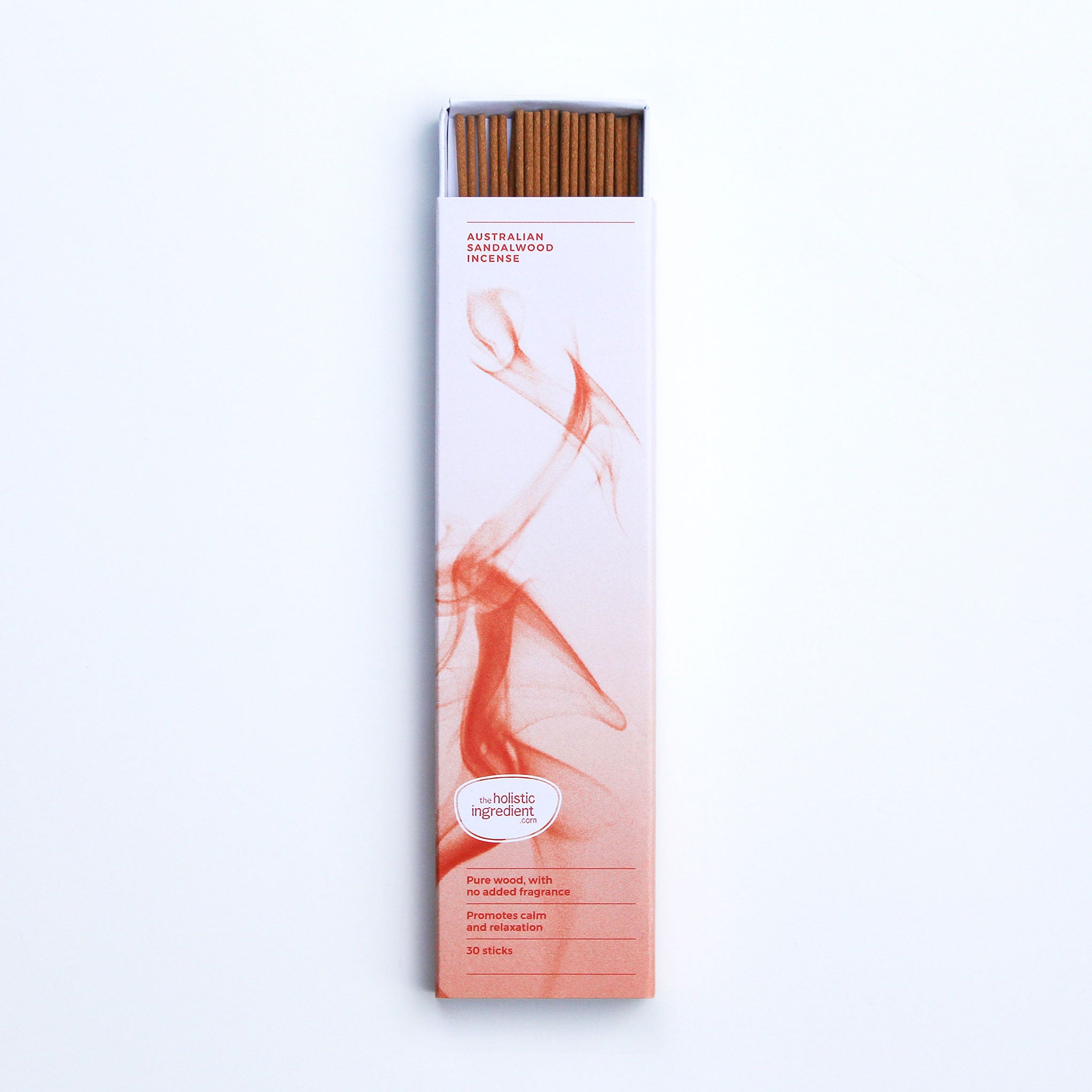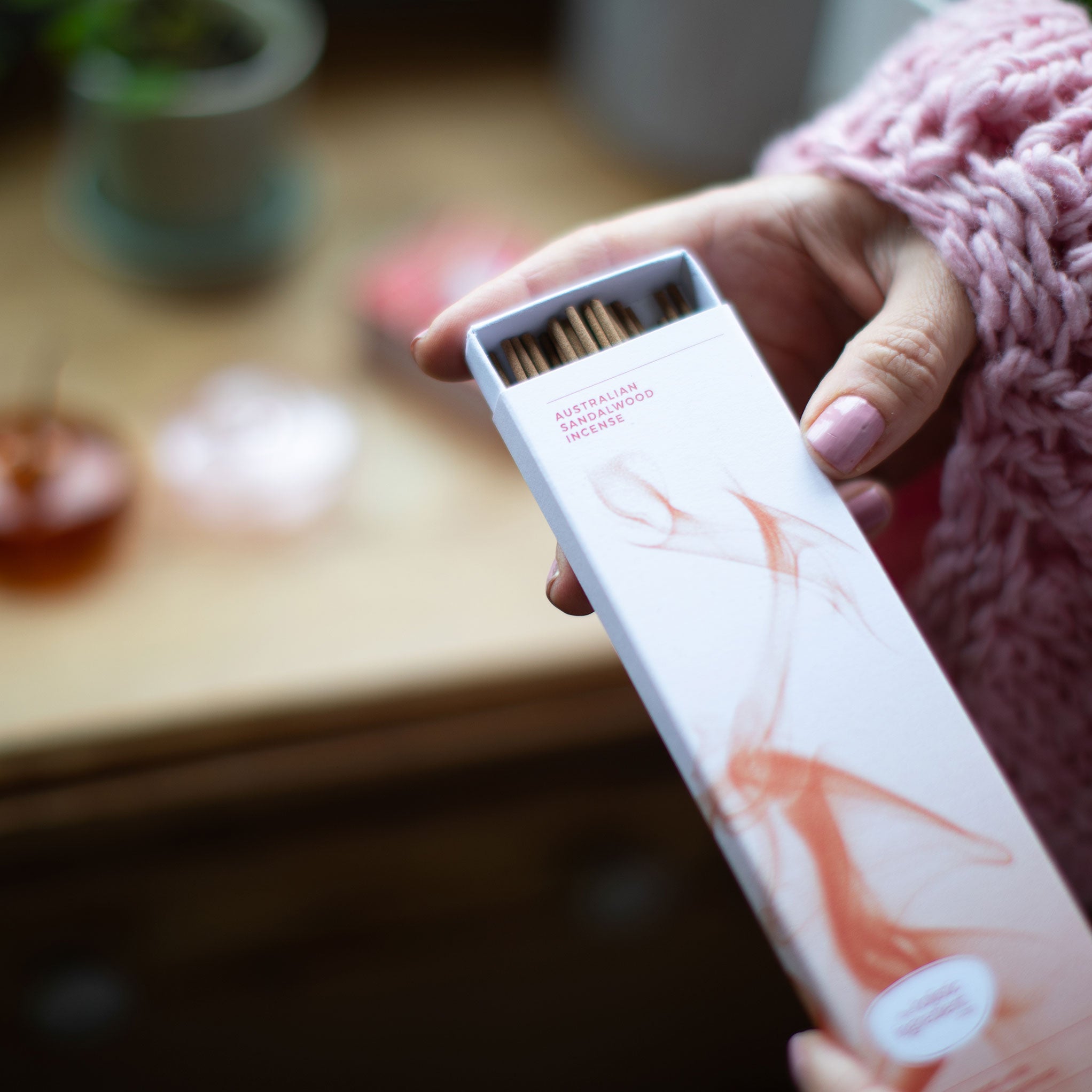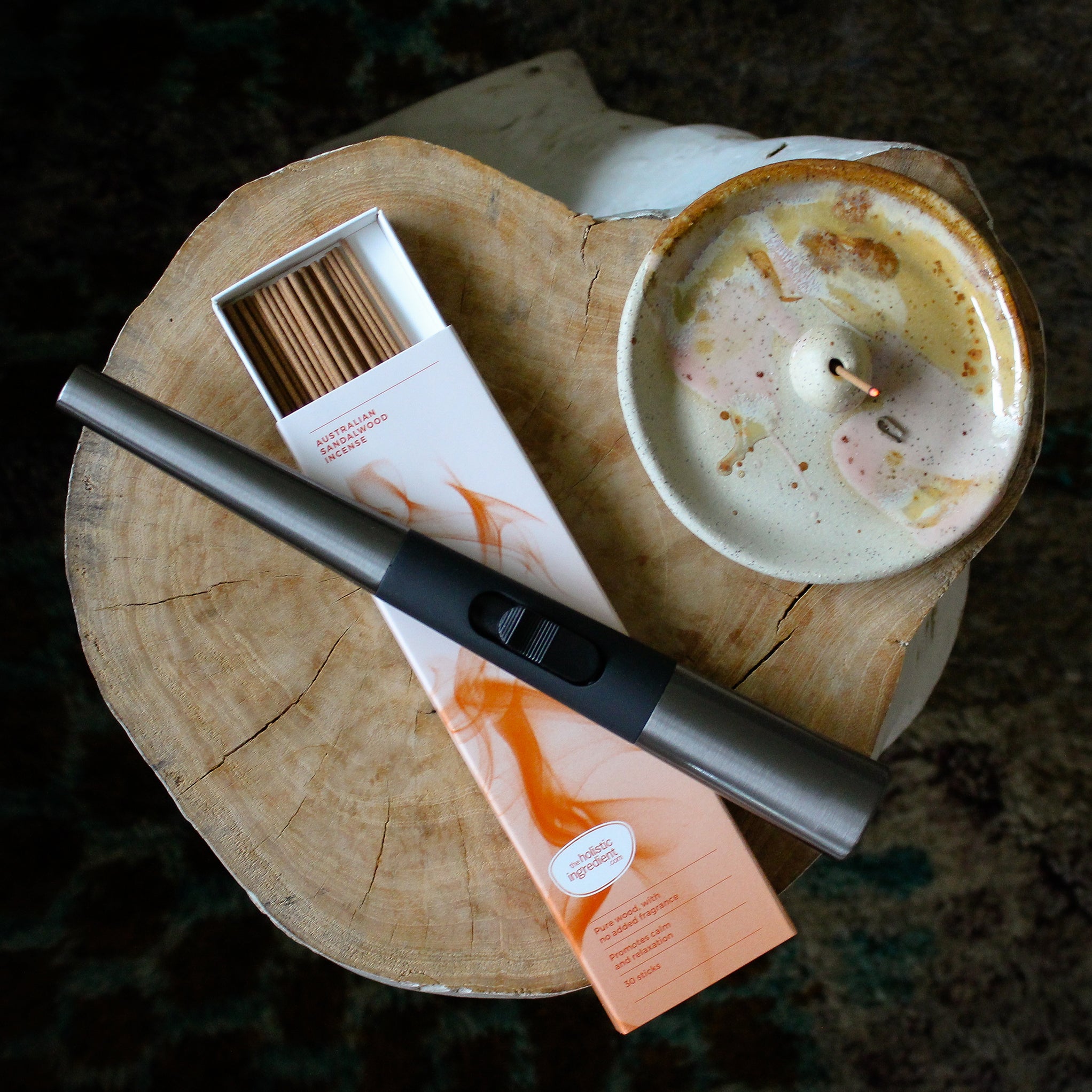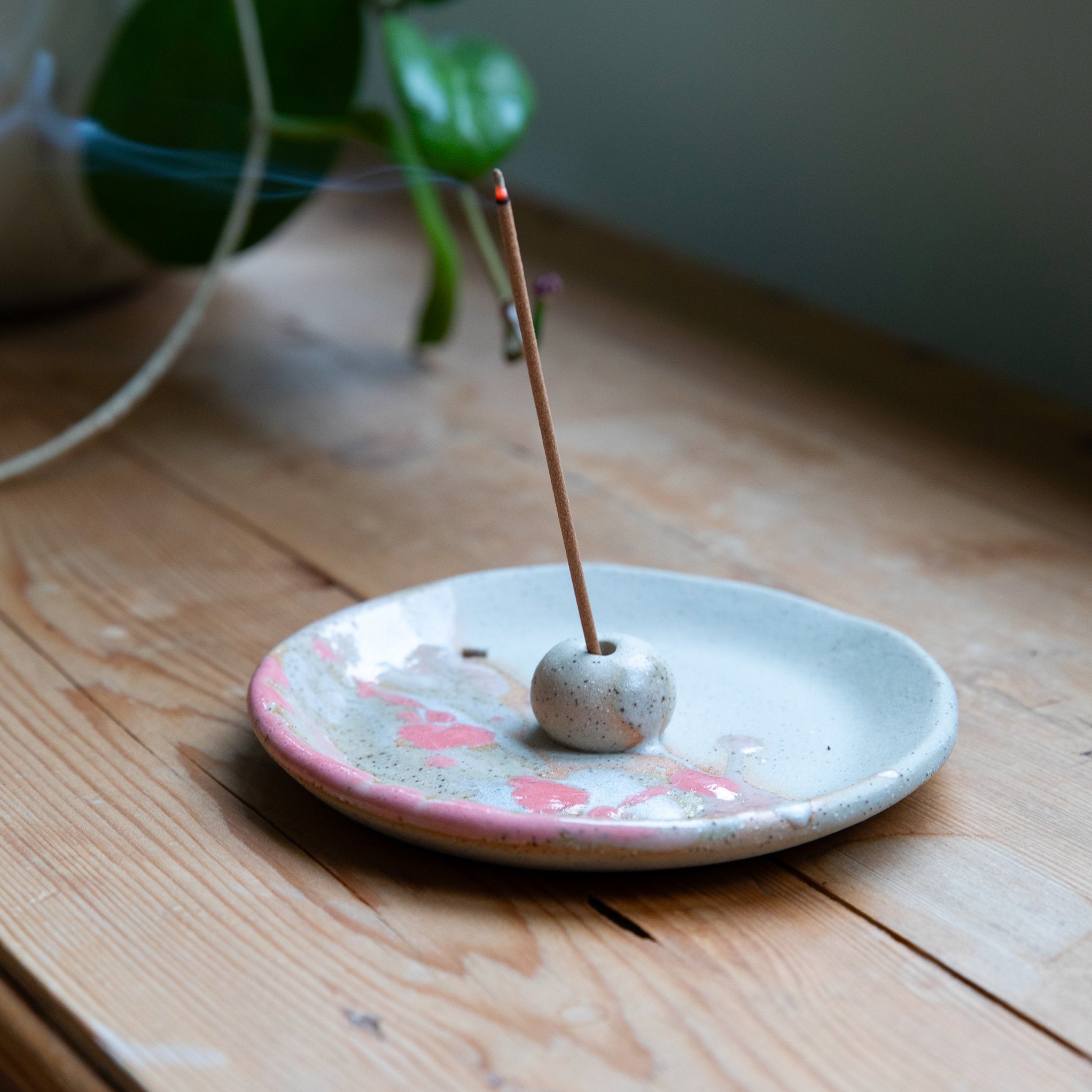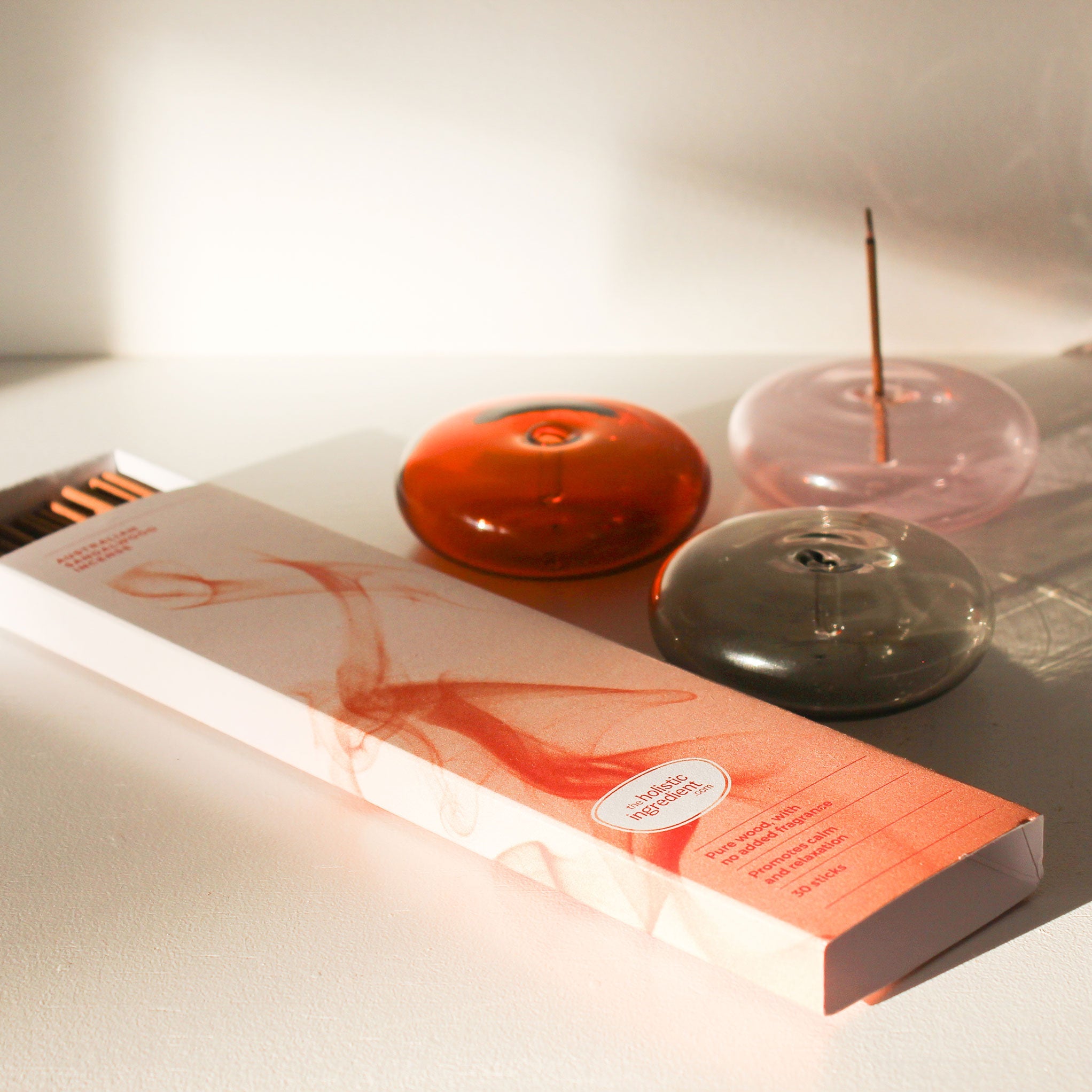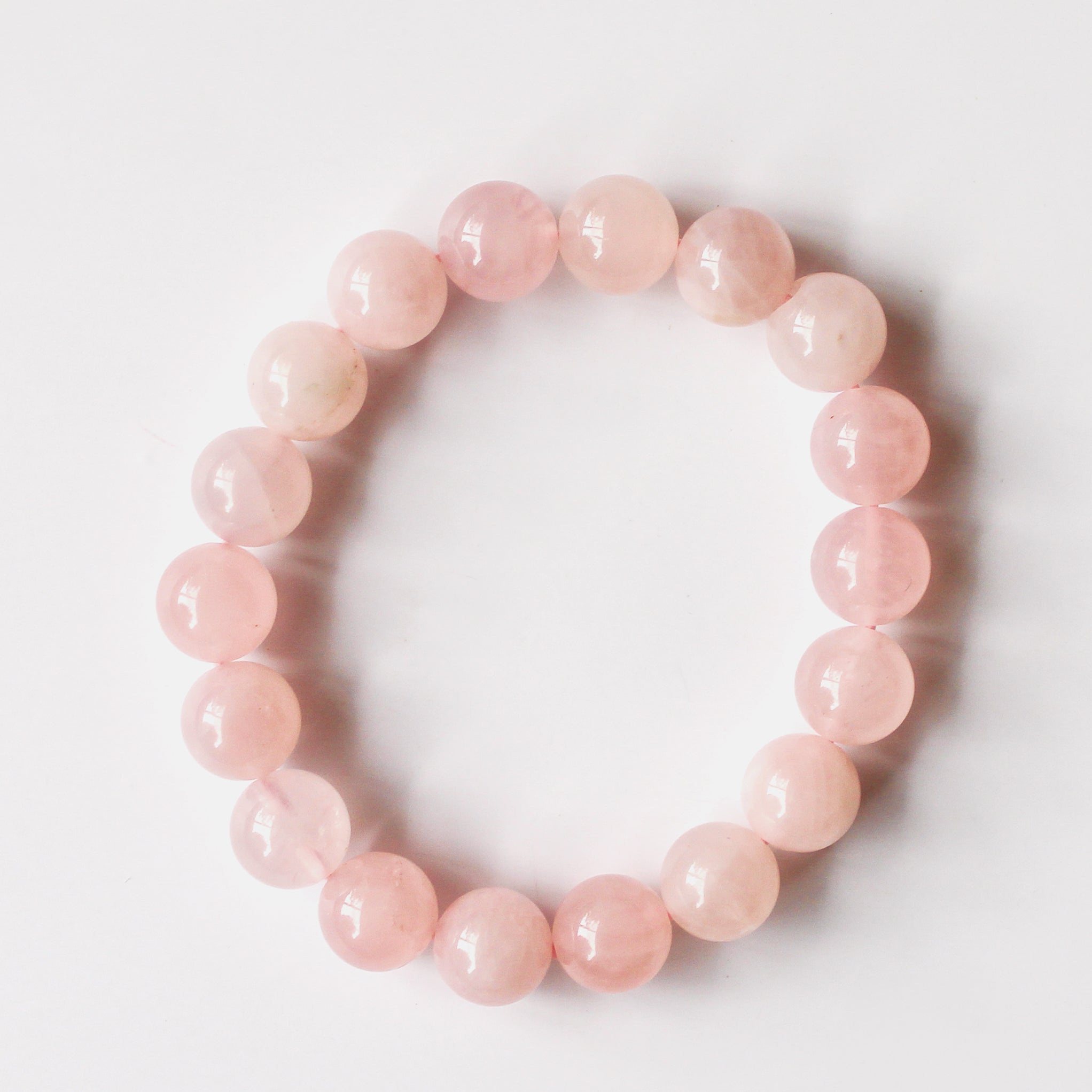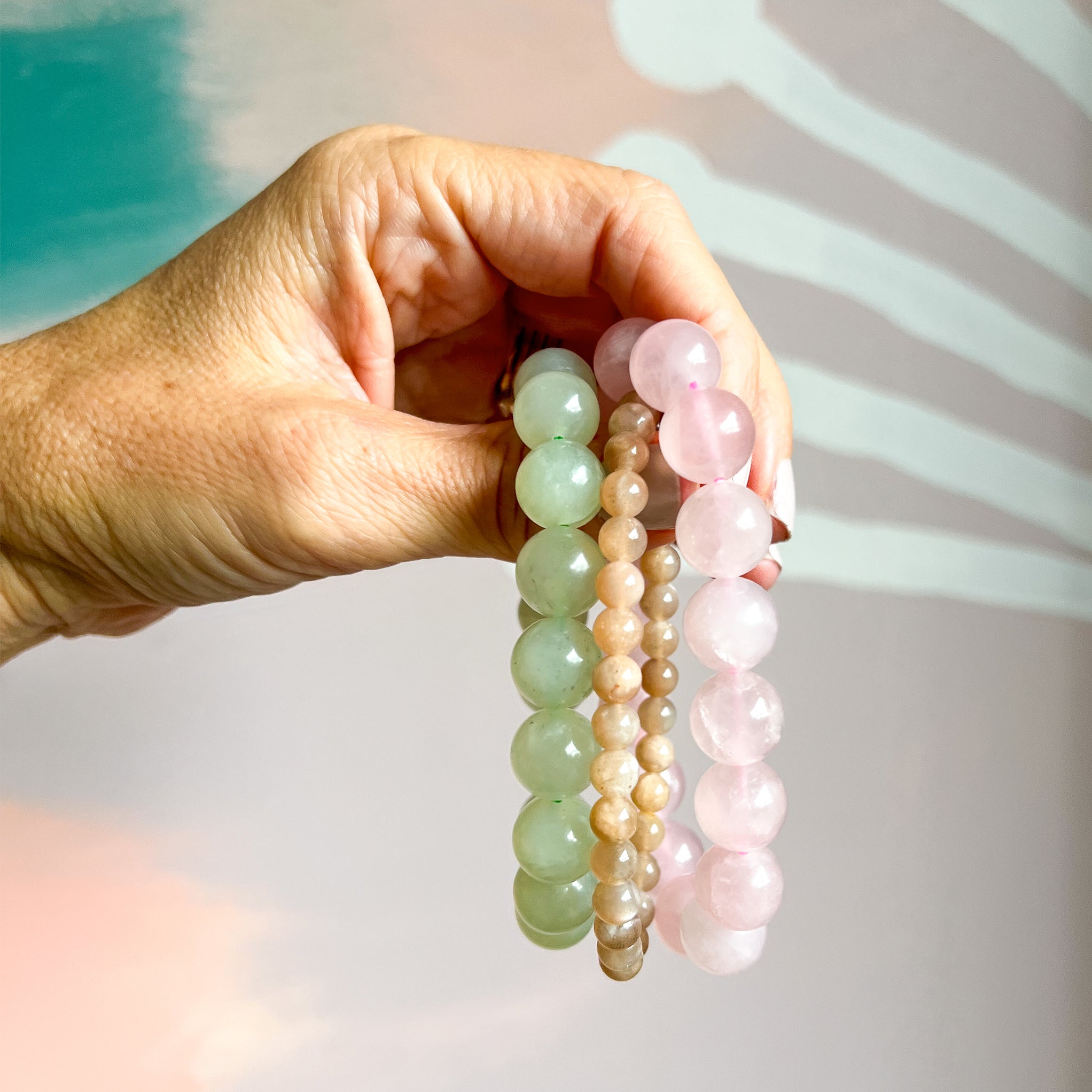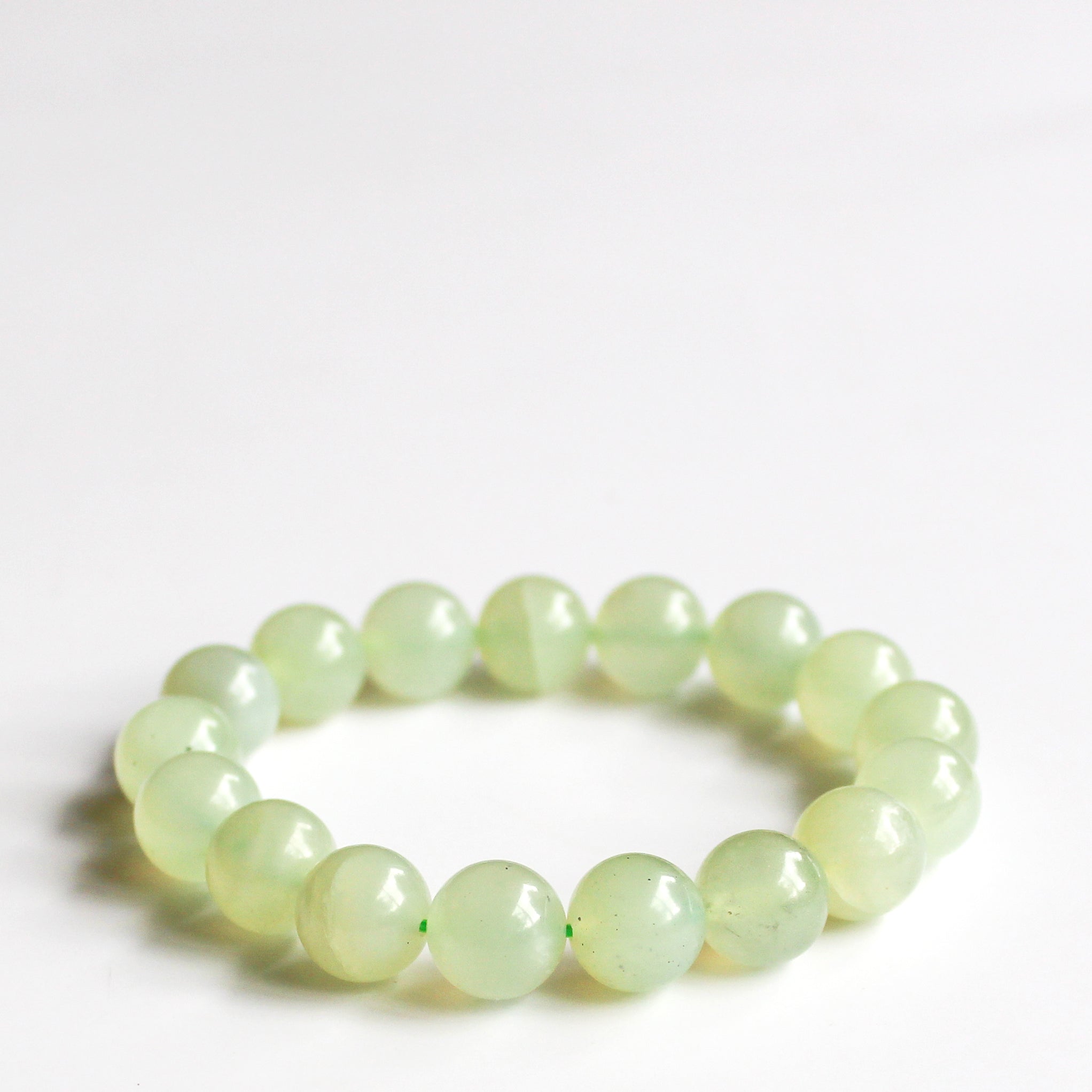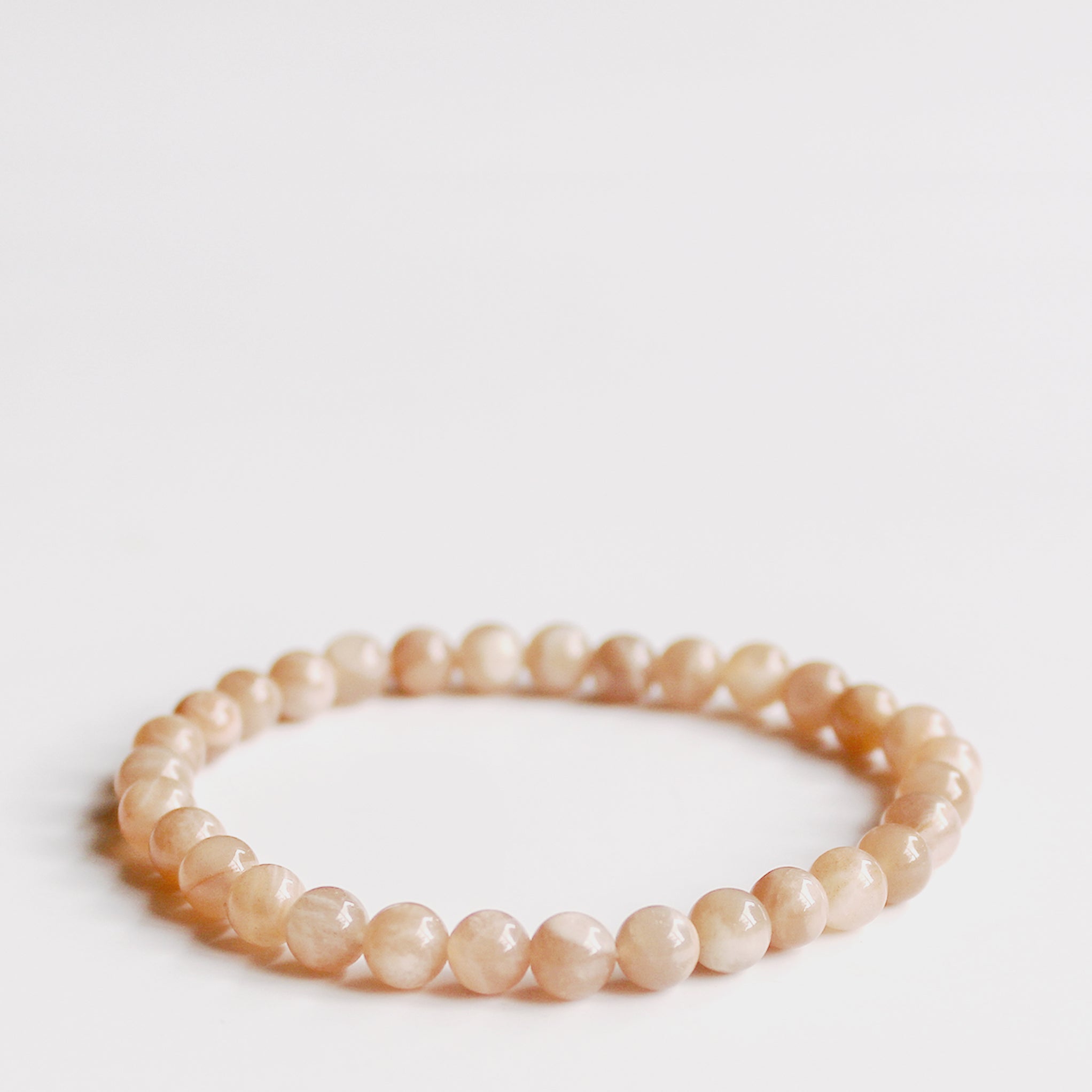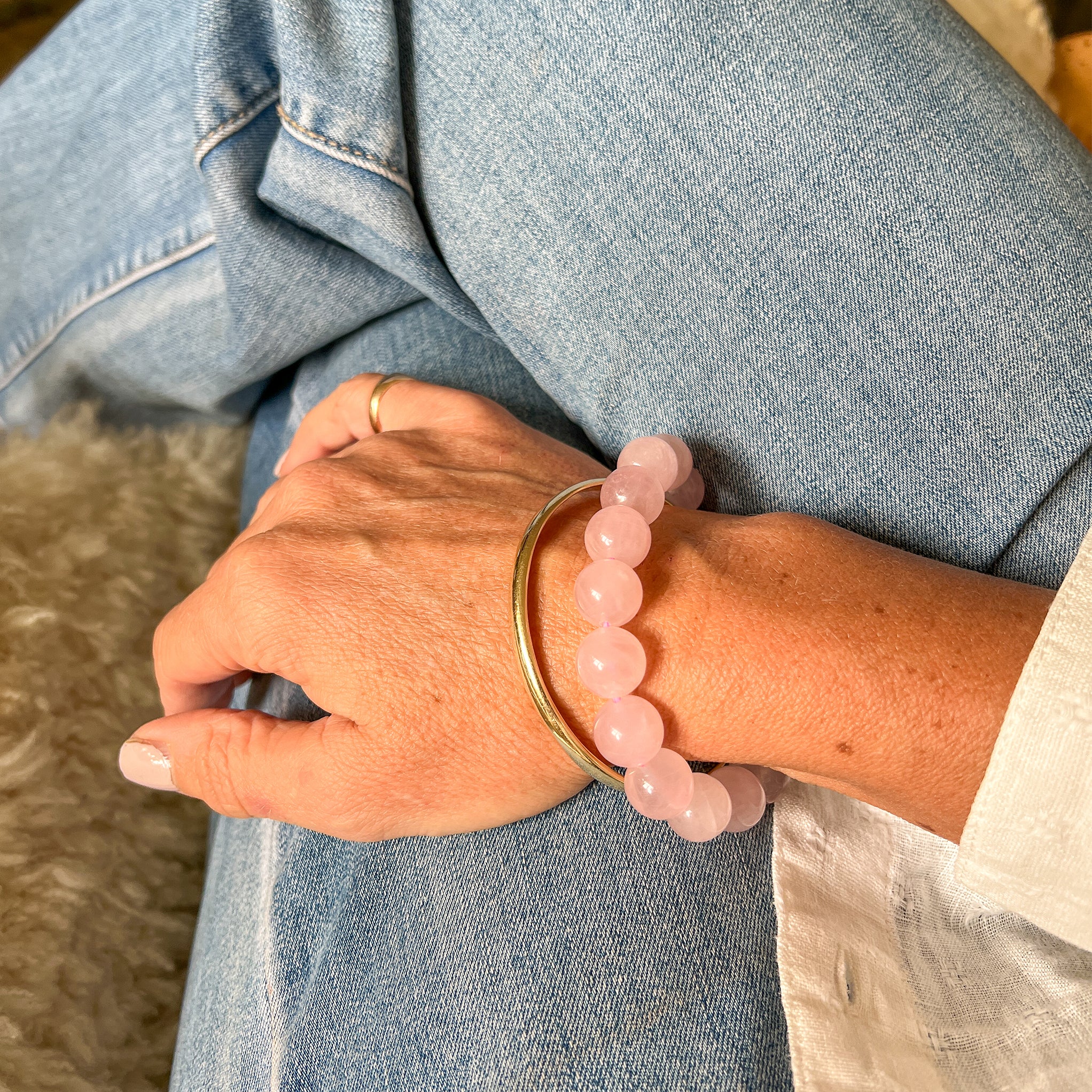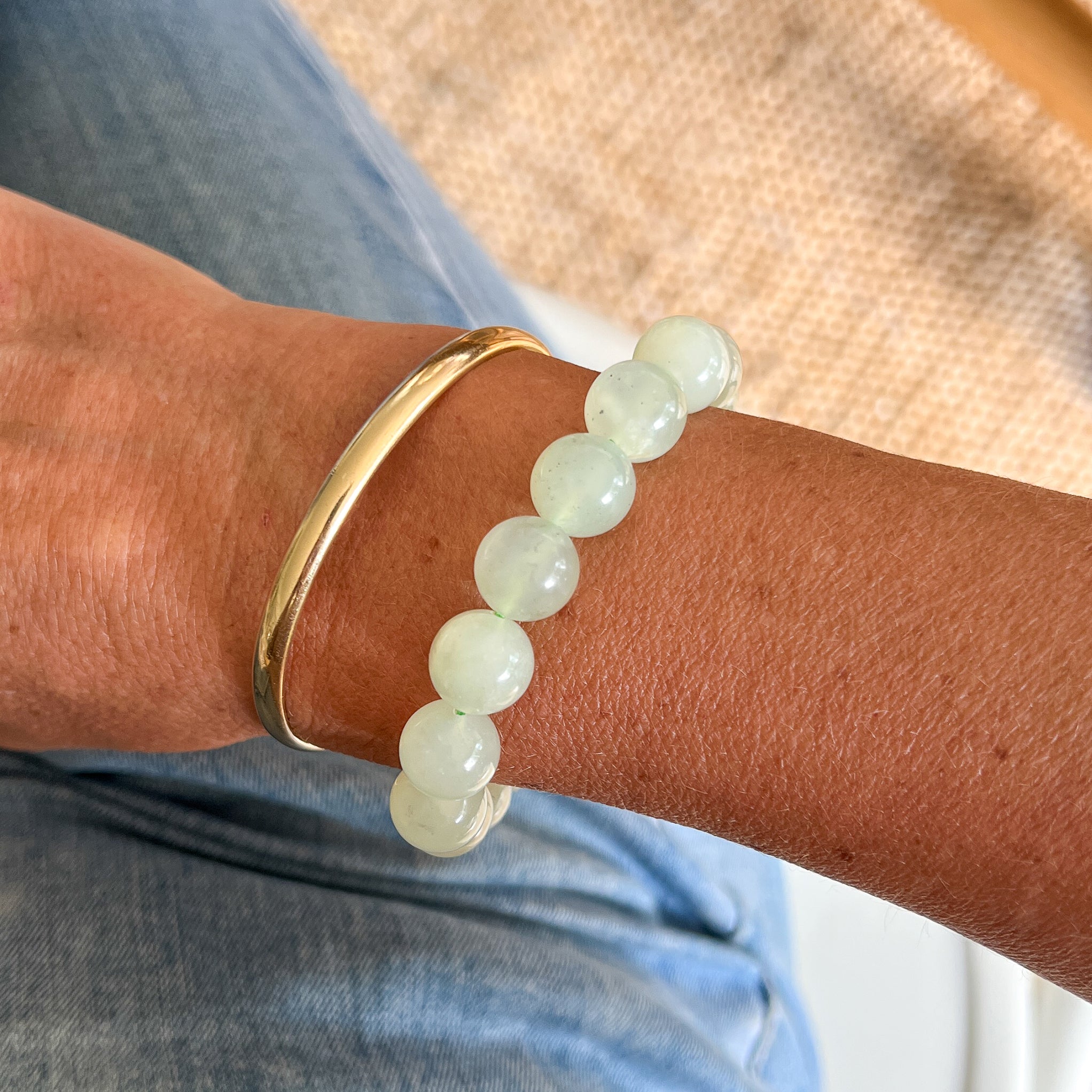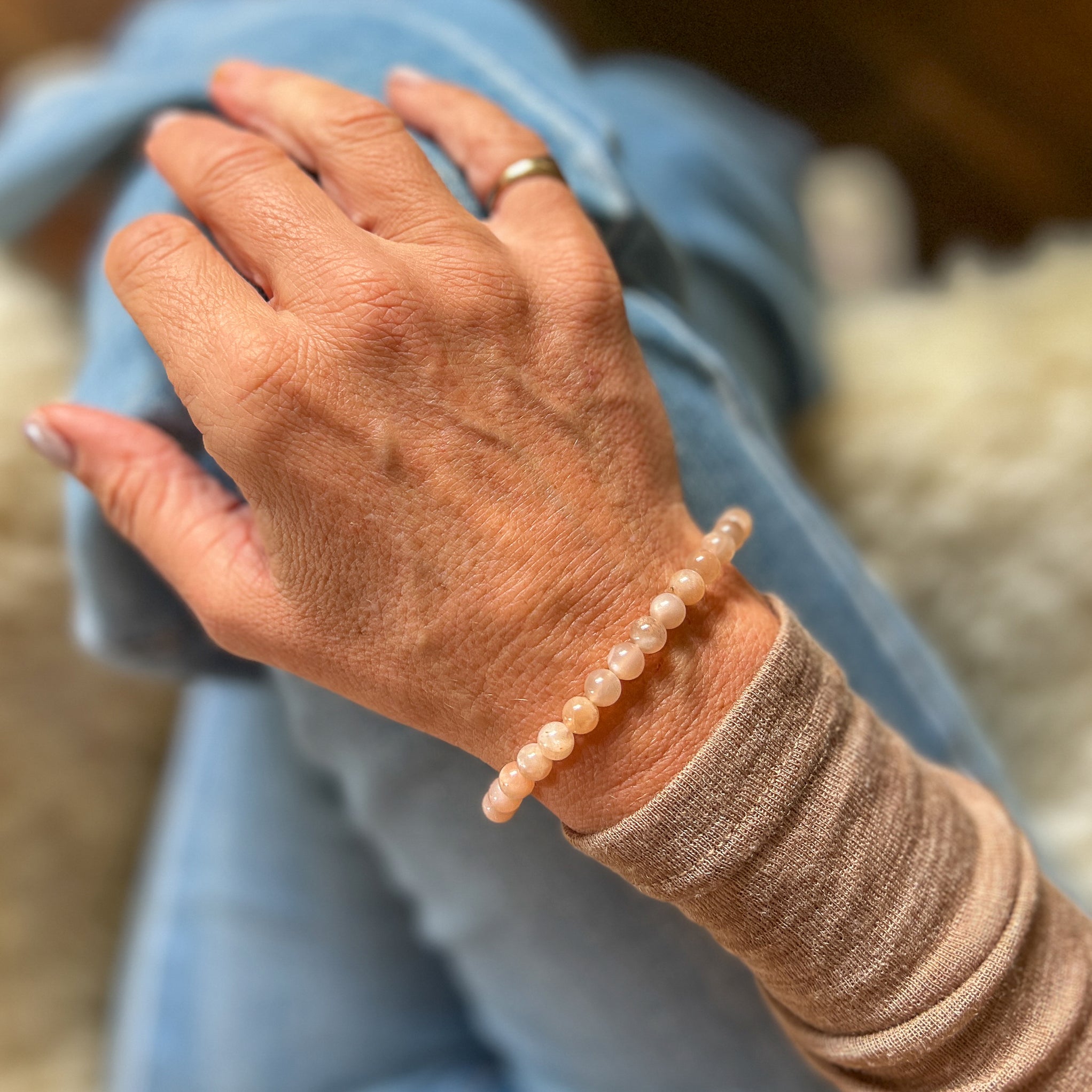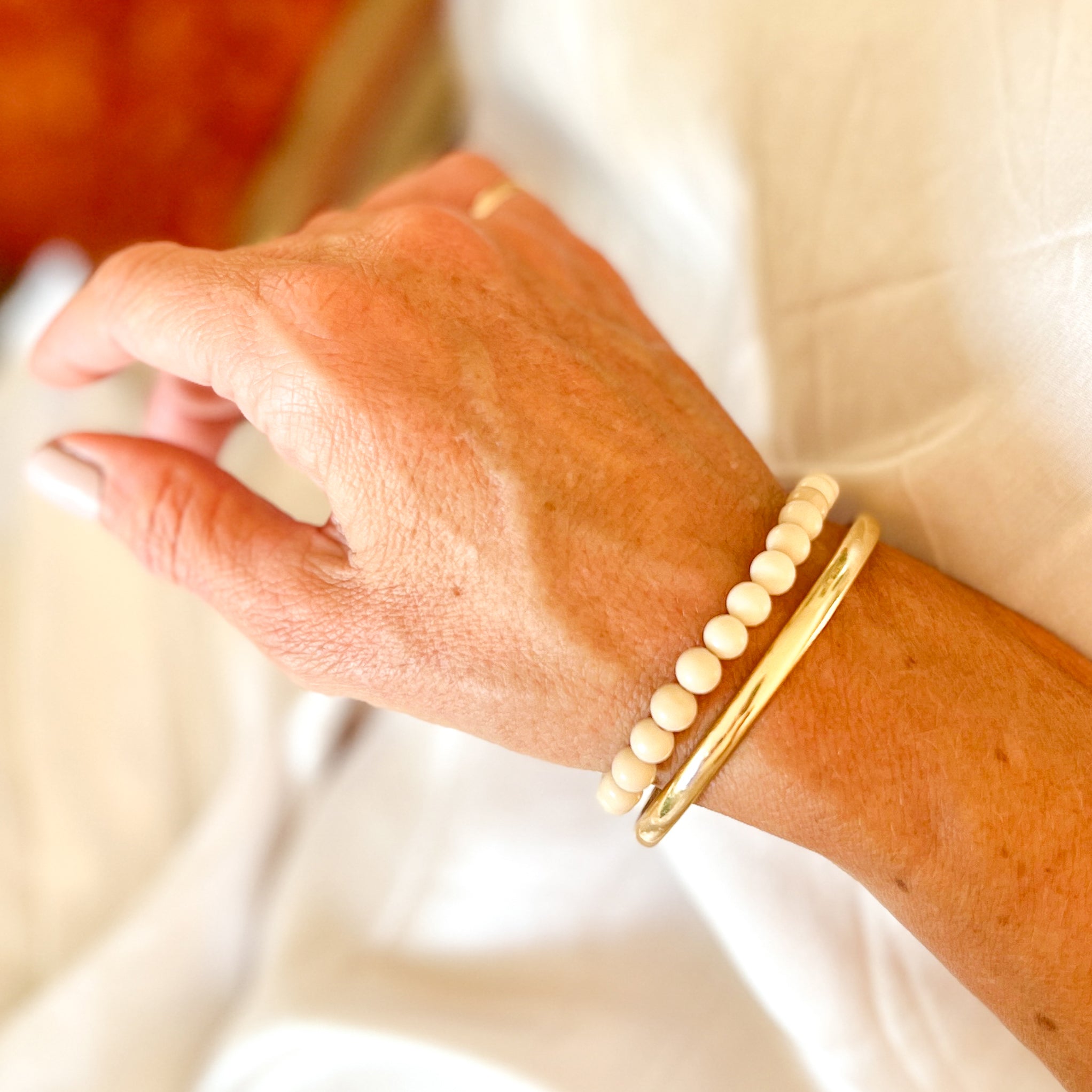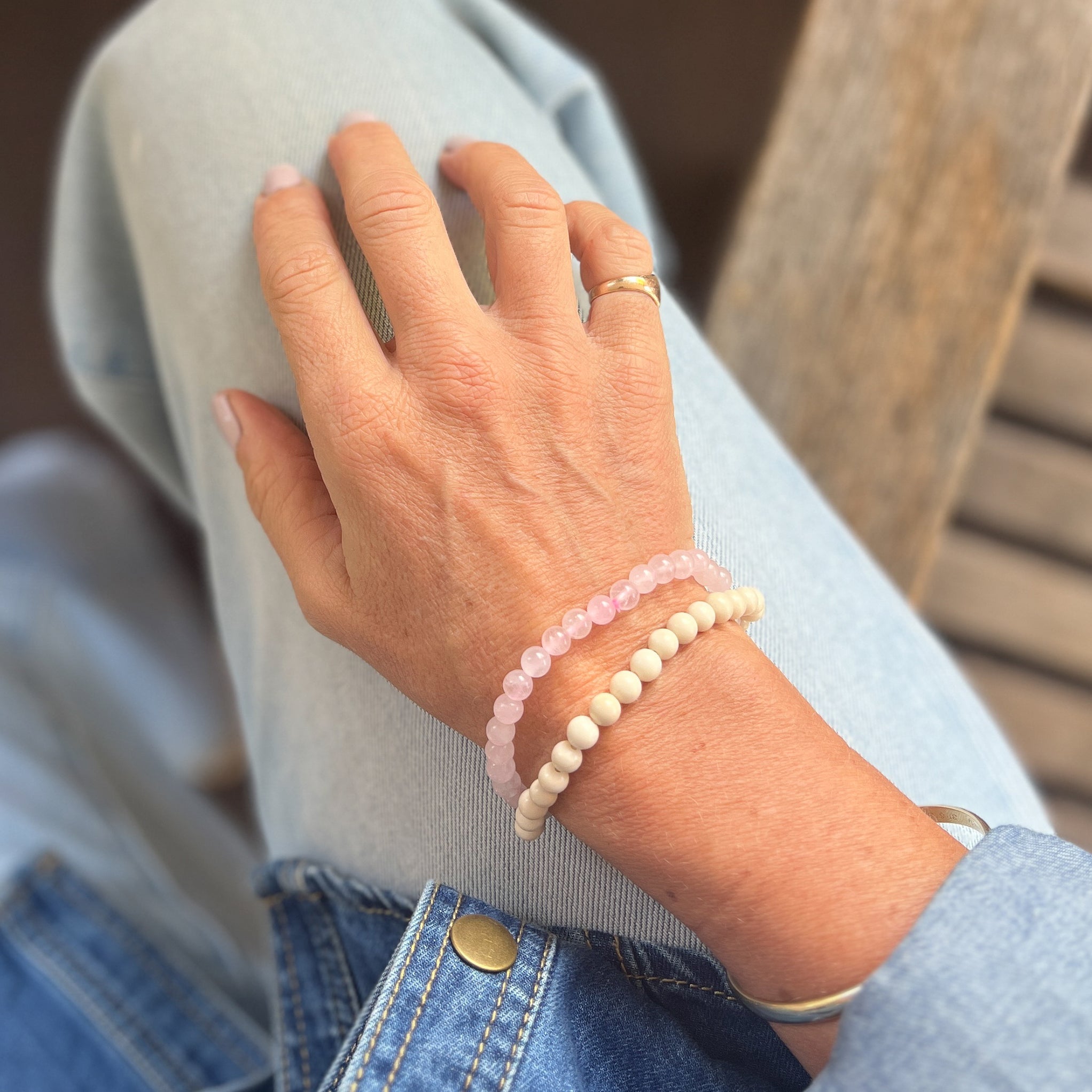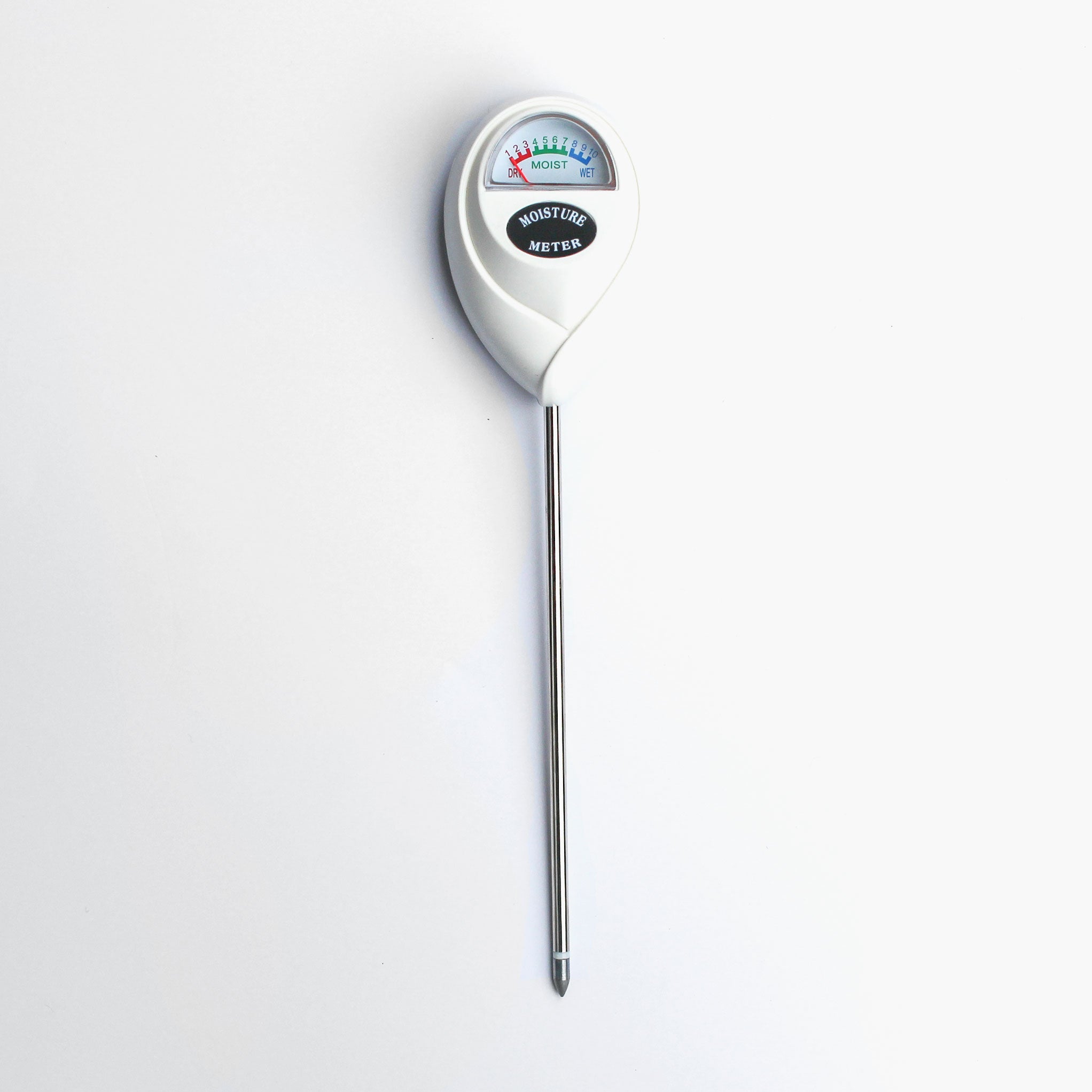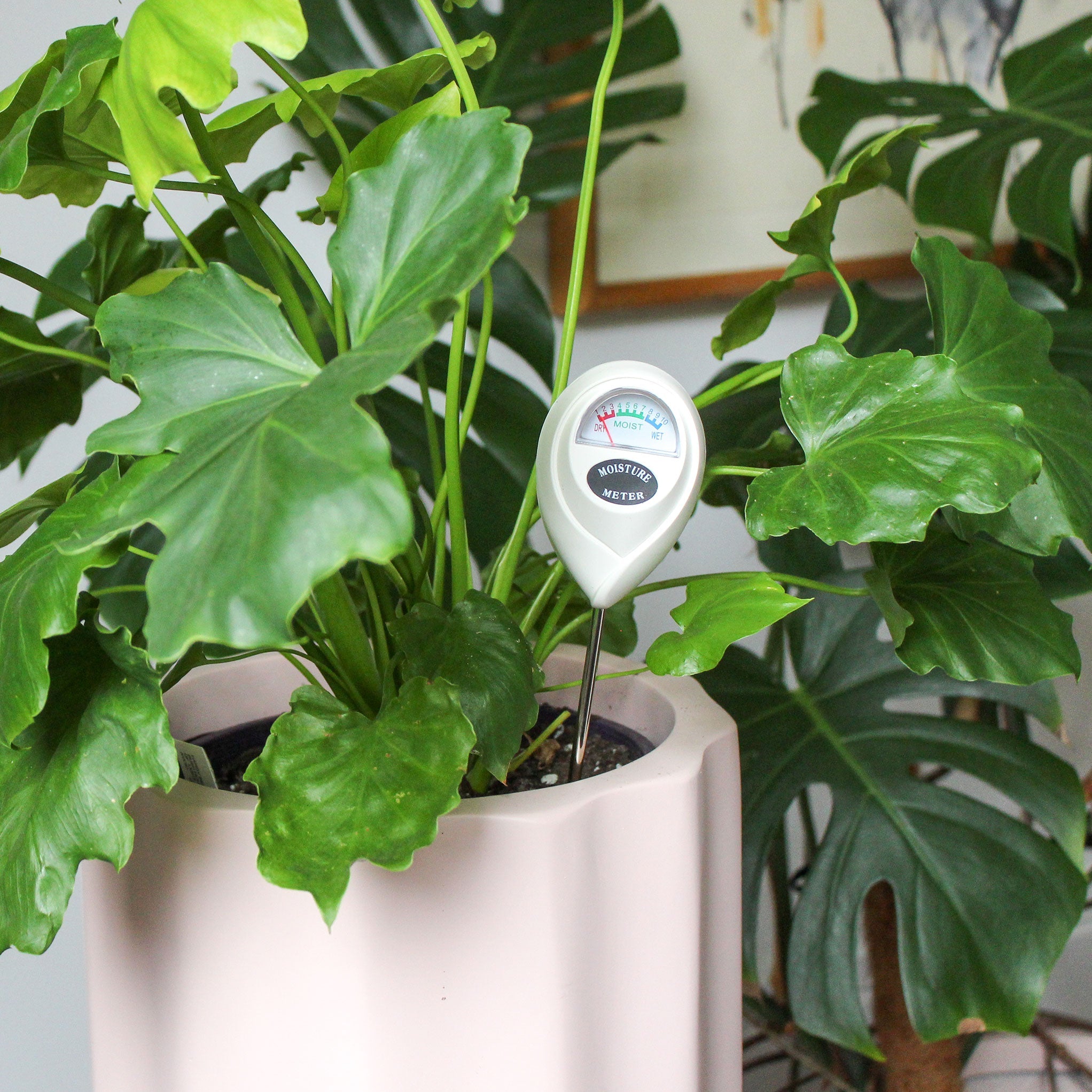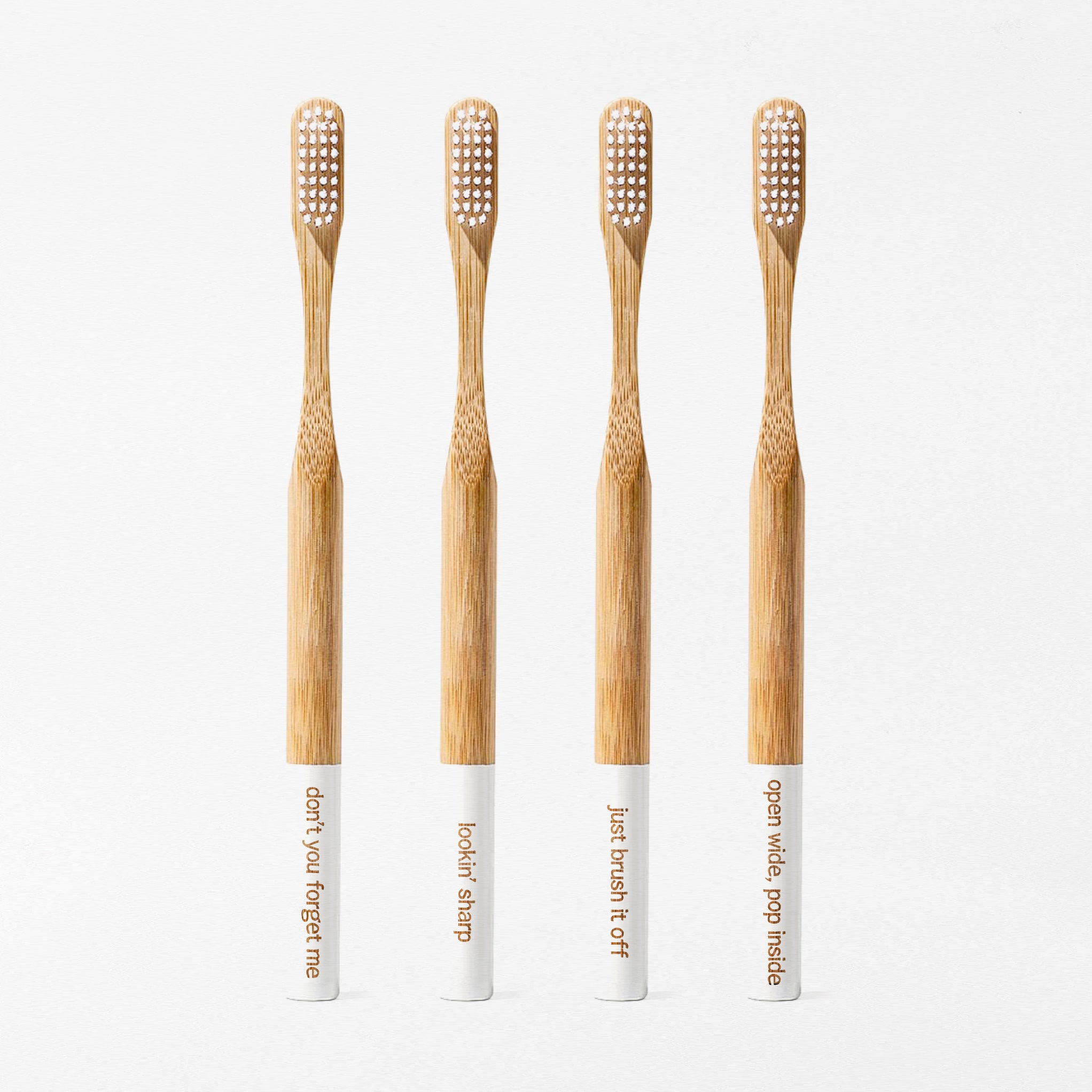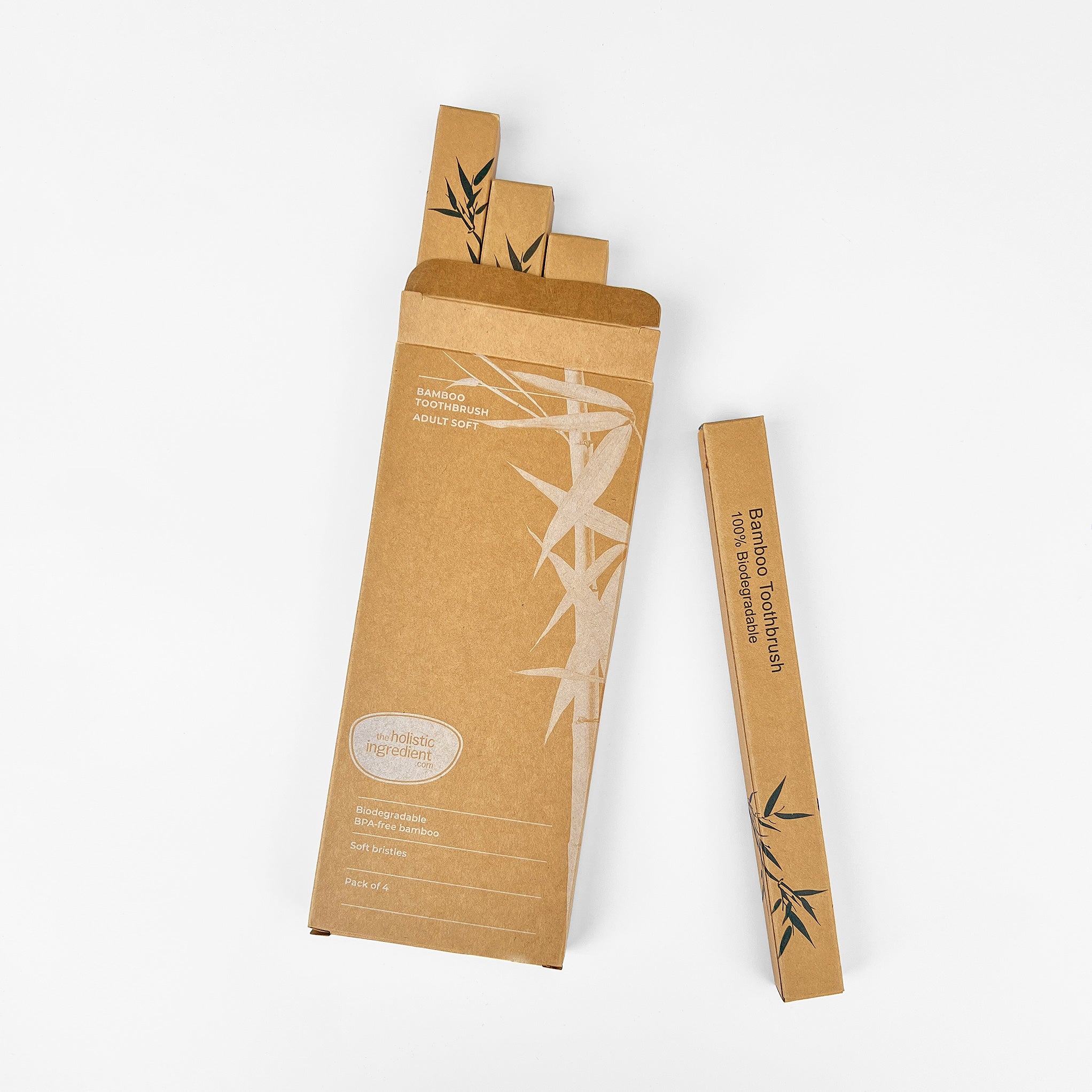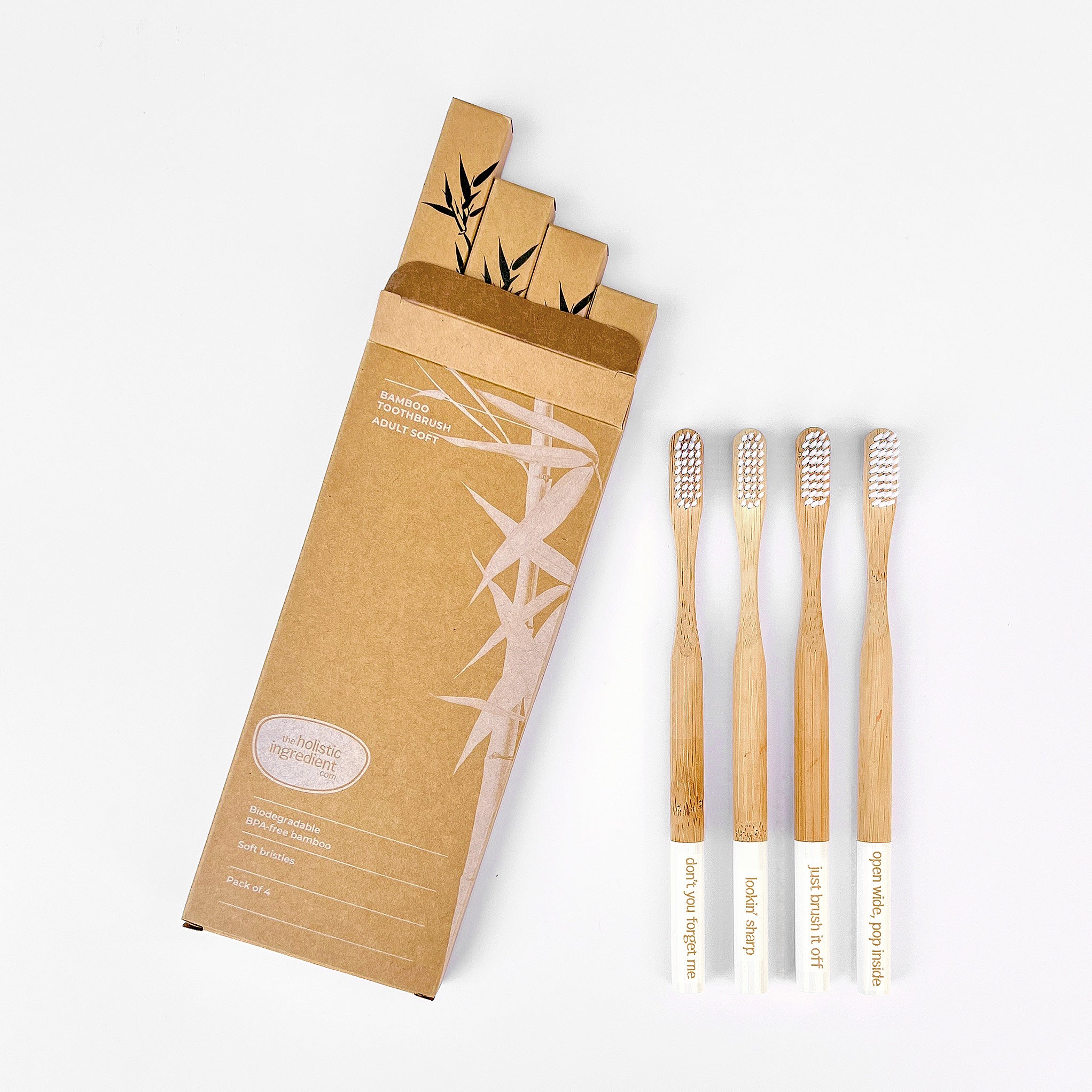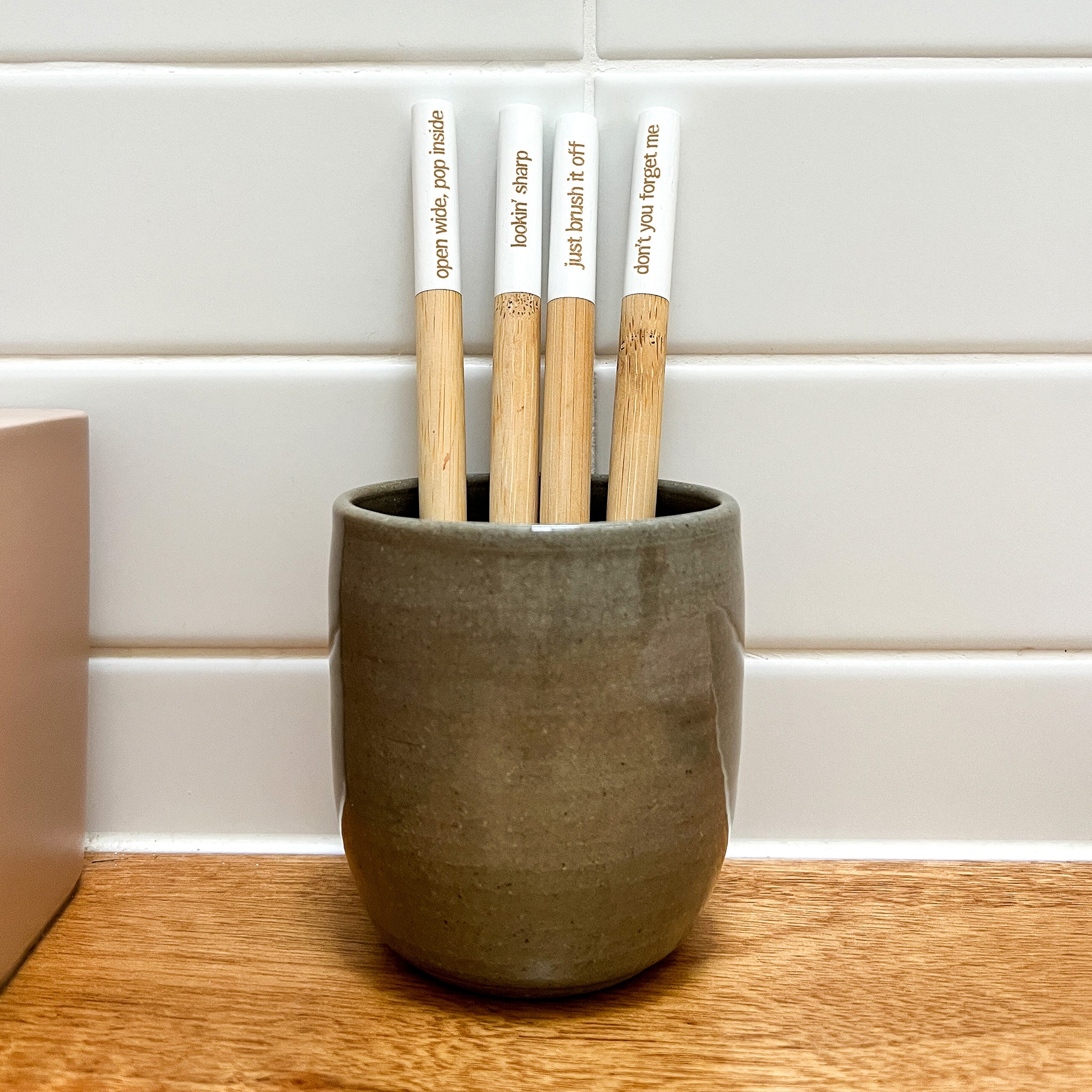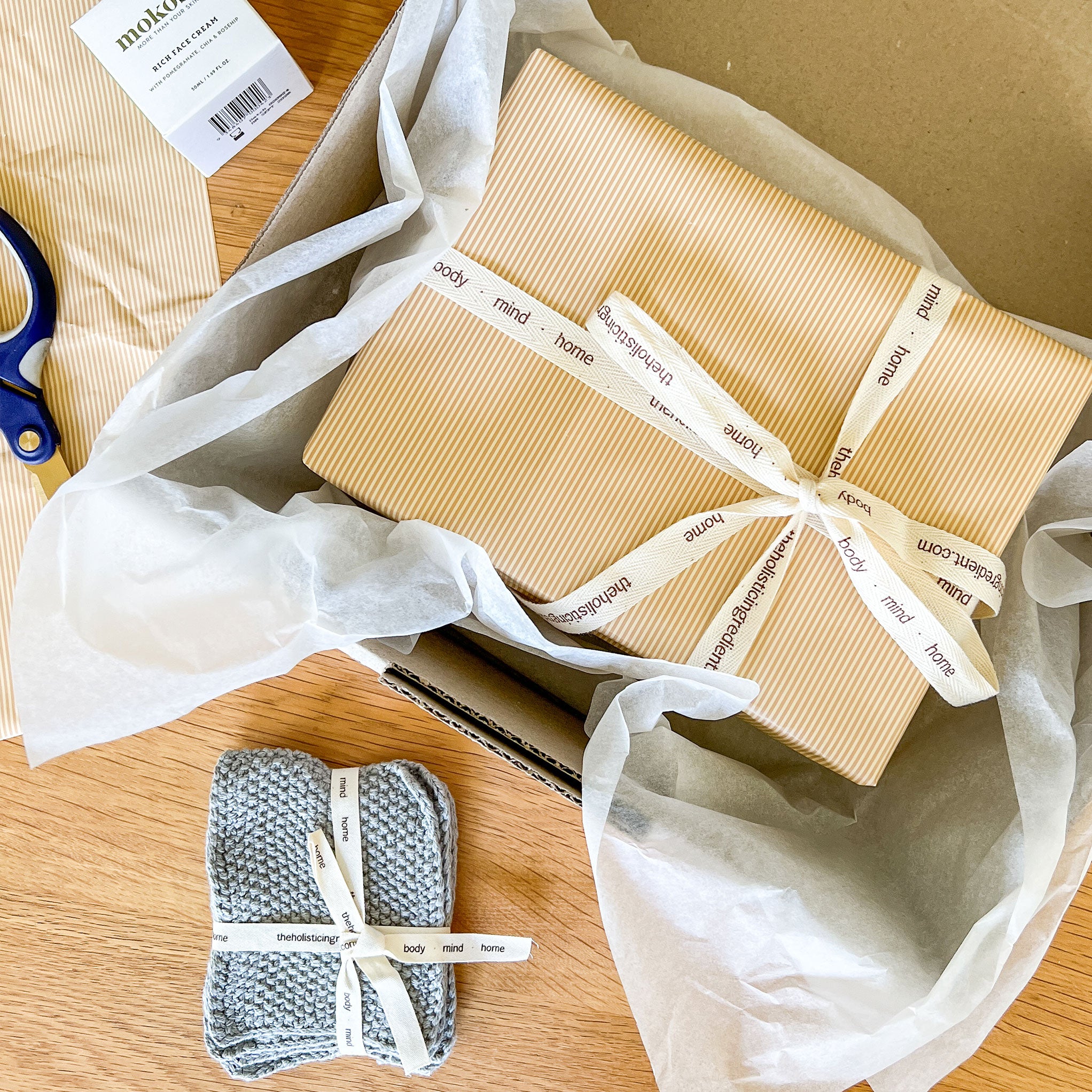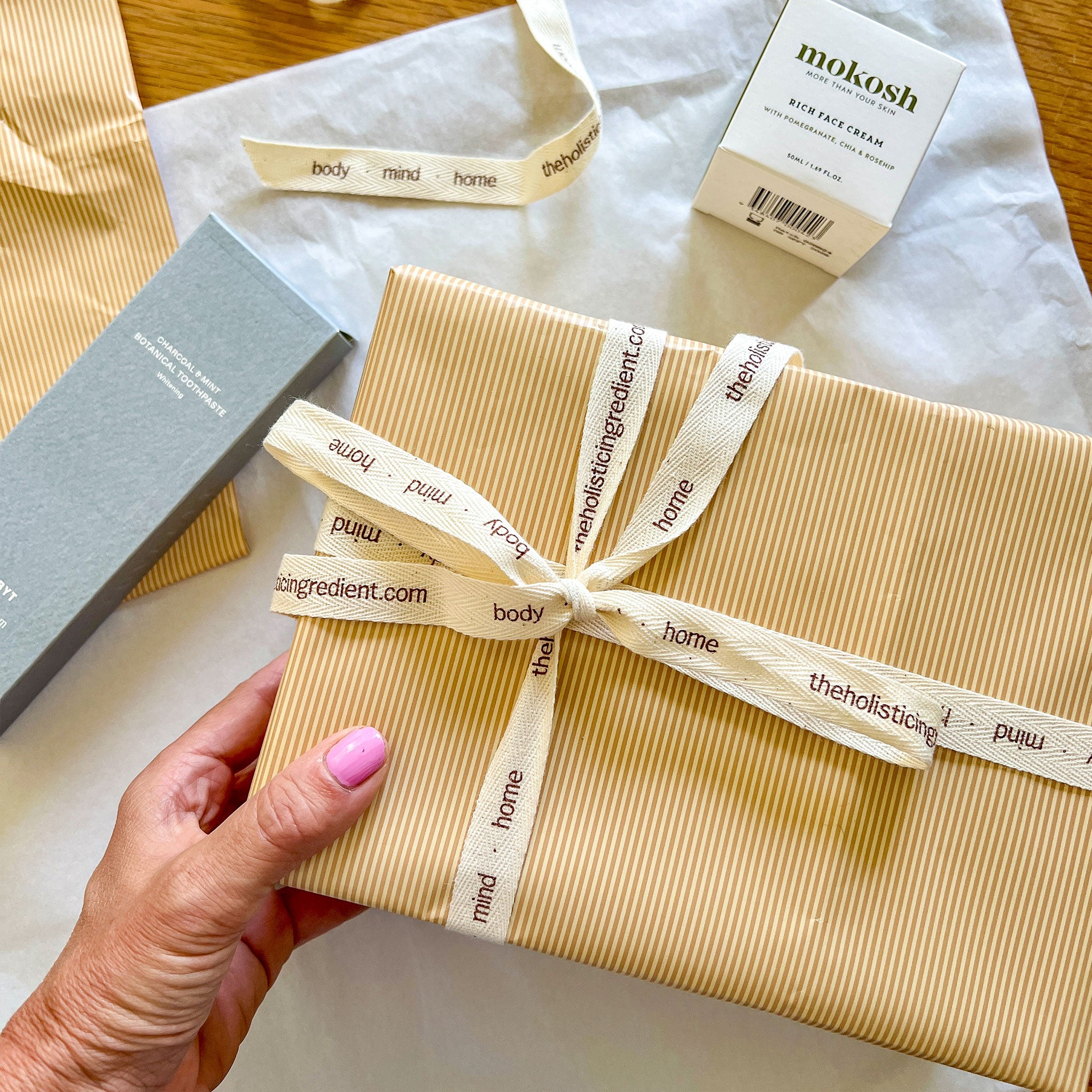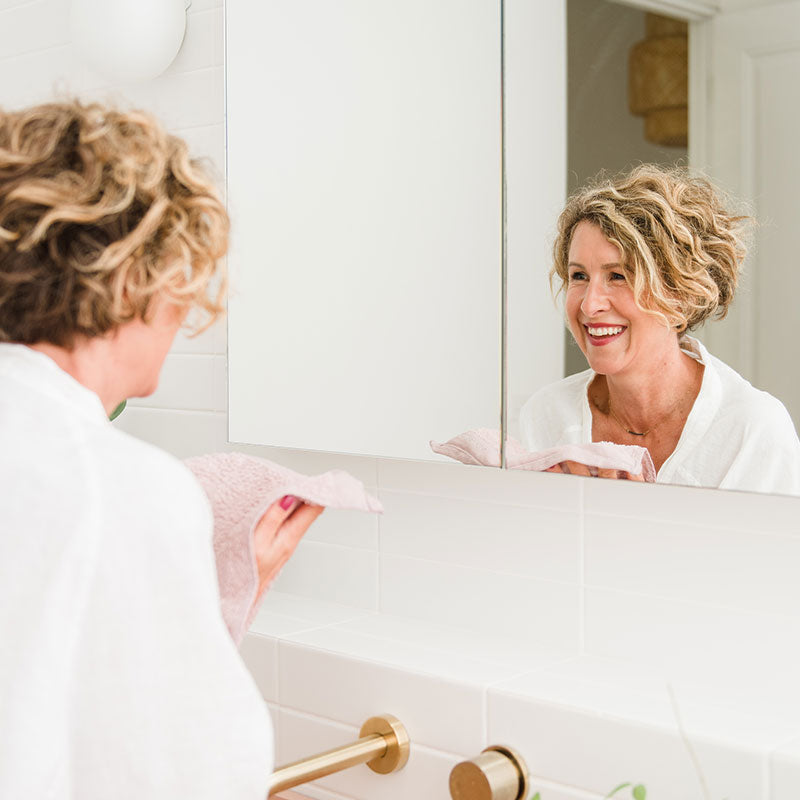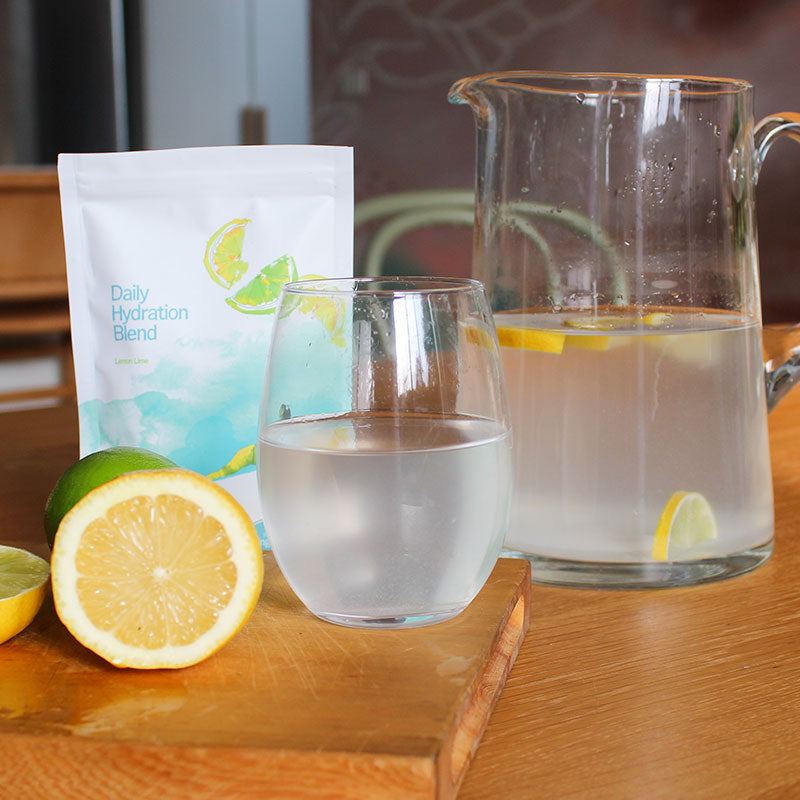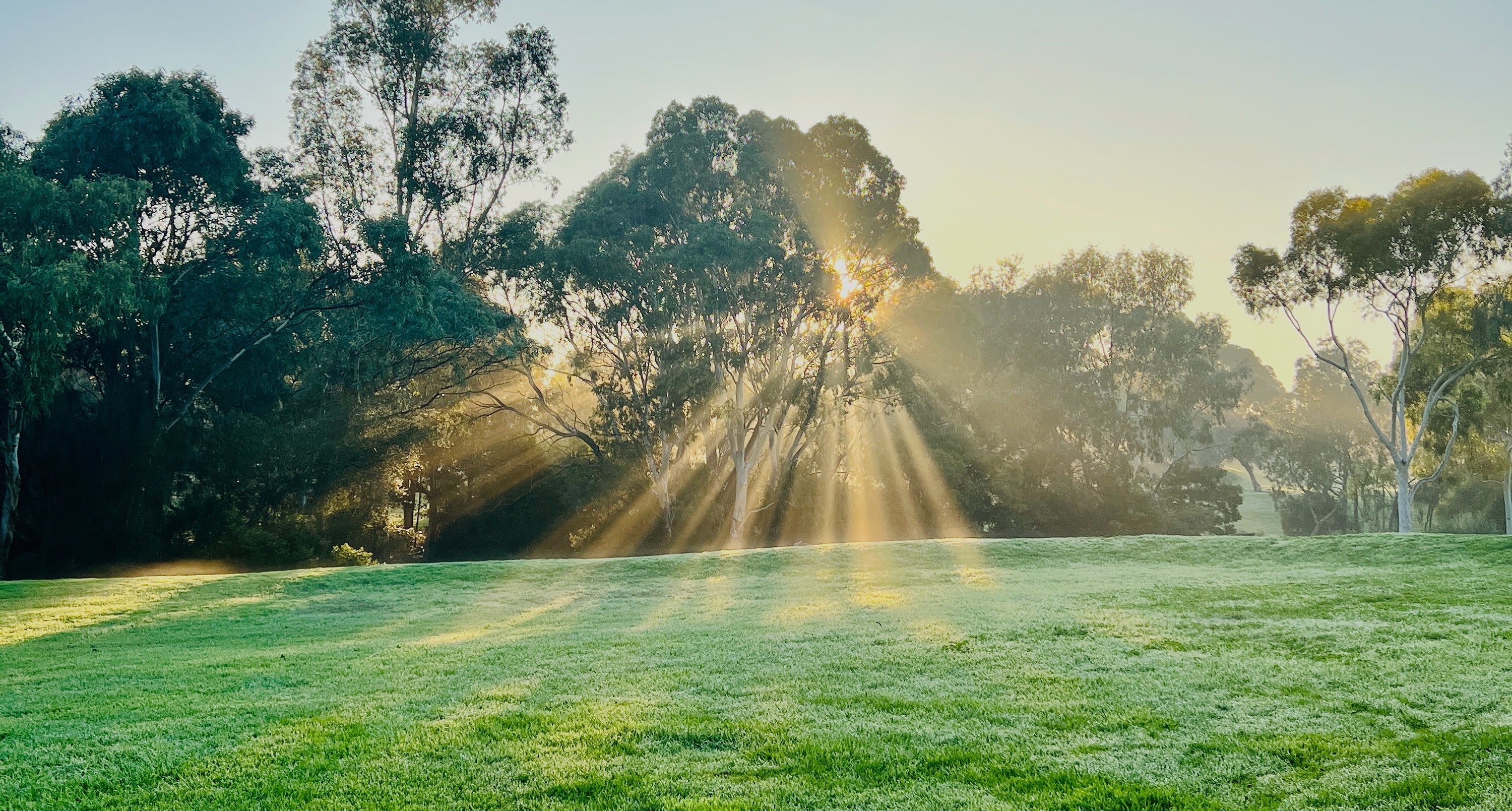
Let’s be honest - menopause can be a wild ride. One minute you’re feeling fine, the next you’re battling brain fog, joint pain, poor sleep, and a strange sense that your strength just isn’t what it used to be. And then someone suggests creatine - a supplement you thought was only for bodybuilders - and you’re left wondering… really?
I get it. I thought the same thing.
But after a year of consistent creatine supplementation (with just one flat teaspoon a day), I’ve experienced tangible improvements in stamina, muscle repair, and mental clarity. So I did the research - and now I want to share what I found, especially for those of us in midlife and peri/menopause.
What is creatine, and why does it matter for women in menopause?
Creatine is a naturally occurring amino acid compound found in our muscles and brain. Our bodies make a little on their own, and we get some from foods like red meat and fish. But here’s the catch: as we age, we tend to produce and store less of it—just when we need it most.
During perimenopause and menopause, declining estrogen can lead to loss of muscle mass, reduced bone density, and changes in brain function. That’s where creatine monohydrate comes in—it helps support cellular energy production, especially in muscle and brain tissue.
And the best part? Studies show creatine can support strength, cognition, and even mood in women during this transition.
Can creatine really support cognitive function in menopausal women?
Yes - this has been a game-changer for me personally. We often talk about brain fog or forgetfulness as just part of “getting older,” but the truth is, sleep deprivation, hormonal shifts, and stress can all contribute to reduced mental clarity during menopause.
Creatine helps the brain create ATP (energy), which can improve memory, mental focus, and clarity. In fact, one review published in Nutrients (Smith-Ryan et al., 2020) found that creatine supplementation may reduce mental fatigue and support cognitive performance in women.
If you're struggling to find your words, keep your energy up through the afternoon, or stay sharp at work, creatine might be worth exploring.
Will creatine help with muscle, bone, and strength during menopause?
Absolutely. One of the biggest concerns during menopause is muscle loss (sarcopenia) and the gradual decline in strength and bone density.
The effects of creatine are most noticeable when combined with a resistance training program. Together, they help increase lean muscle mass, improve strength, and may even help in increasing bone formation, according to research published in the Journal of the International Society of Sports Nutrition.
In other words, creatine doesn’t just help you recover faster after exercise - it can help you preserve and build strength, which is so important for staying mobile and resilient as we age.

Can creatine help with inflammation or oxidative stress?
Emerging research suggests that creatine may play a role in reducing inflammation and oxidative stress, both of which are linked to aging and chronic disease. While more human studies are needed to fully understand these effects in menopausal women, creatine’s role in cellular energy and recovery may help reduce markers of inflammation post-exercise, making it a smart addition to a holistic health routine.
What if I’m struggling with sleep deprivation?
Sleep disturbances are a common complaint during menopause - and poor sleep can leave you foggy, fatigued, and drained.
While creatine isn’t a sleep aid, studies suggest it may help offset the cognitive effects of sleep deprivation. That means you might feel sharper and more mentally resilient even after a rough night (because yes, we all have those!).
Does creatine cause hair loss in women?
This is a question I get a lot. A single study in young male athletes found a potential link between creatine and increased DHT levels (a hormone associated with male-pattern hair loss). But this has not been replicated, and there is no current evidence linking creatine to hair loss in women.
If this is a concern for you, speak with a qualified health practitioner - but for most women, creatine is considered both safe and beneficial when used as directed.
Do I need to do a loading phase?
Short answer: no.
The loading phase - a common practice among bodybuilders - involves taking high doses (20g/day for 5–7 days) to saturate your muscles more quickly. But it can also increase the chance of bloating, water retention, and digestive upset.
Unless you're working with a professional, a consistent daily dose of 3–5g is usually best. It’s gentler, easier to stick with, and still delivers results - just a little more gradually.
So, is creatine worth it during menopause?
If you're looking to feel stronger, think clearer, and support your body through one of its biggest transitions - creatine might just be the quiet powerhouse you didn’t know you needed.
And here’s the beauty of it:
It’s affordable. It’s tasteless. It takes 5 seconds a day.
And the potential payoff - for your muscle, bone, strength, energy, and cognitive function - is huge.
Shop our pure Creatine Monohydrate and discounted bundles here.


